Wondering if you have hard water at home?
You might. Particularly, if your soap doesn’t lather properly, your skin feels dry, or your hair looks dry even after a shower. In this blog, we’ll first identify hard water with simple home tests, and then walk you through practical ways to soften it.
3 Simple Home Tests to Identify Hard Water
-
The Soap Foam Test
Here’s how it works:
1. Take a clear glass or jar.
2. Fill it with tap water.
3. Add a few drops of liquid soap (avoid detergent).
4. Close the lid and shake well for about 10 seconds.
If you see lots of fluffy foam, your water is soft. But if there’s barely any foam and the water looks cloudy, it means you’re dealing with hard water. Once you have tried the soap test, take a look around your bathroom for more clues about water hardness.
-
The Bathroom Test
Here’s how to do it:
1. Turn off the bathroom light.
2. Shine your phone’s flashlight on taps and tiles.
Do you see white, chalky spots or a dull film when you shine light on your taps and tiles? That’s limescale buildup. It’s caused by hard water minerals left behind when the water evaporates.
You can even test your washing machine for signs of hard water buildup. Here’s how:
-
Washing Machine Drum Test
Here's how to do it:
1. Run an empty wash cycle with just water and detergent.
2. Once done, open the drum and check the metal surface and detergent tray.
3. Wipe the drum from inside with a dry cloth
Do you see a white or chalky film on the drum or cloth? That’s limescale buildup - a clear sign of hard water. If the drum looks clean and shiny with no residue, it means your water doesn’t have high mineral buildup.
Stop! These Hard Water “Hacks” Do More Harm Than Good
1. Boiling Water
Does boiling kill germs? Yes. Does it soften hard water? No. Boiling can make hardness worse because, as the water evaporates, the minerals become more concentrated. This means you’re not just wasting electricity, but also making the water even harder than before.
2. Vinegar/Lemon Rinse
Rinsing your hair with a diluted solution of vinegar or lemon water can temporarily remove mineral buildup. But here’s the catch: the next day, when you wash your hair, hard water minerals will settle right back on your scalp. So, it’s not a permanent solution for hair dryness or buildup.
3. Using More Detergent
When detergent doesn’t foam properly, most people assume they’re not using enough. So they add more… and then a little more. But here’s the problem: hard water minerals bind with the detergent and form a sticky residue instead of foam. The result? Wasted detergent and dull clothes as leftover mineral residue cling to the fabric.
Best Hard Water Solutions for Renters and Flats
If you live in a rented flat, installing a full-house water softener isn’t practical since it requires plumbing changes and permanent fittings. Instead, choose shower and tap filters. They’re easy to install, need no plumber, and effectively reduce hard water minerals from the water.
At RiverSoft, we offer easy-to-install solutions for different water conditions:
1. SF-15 Tap and Shower Filter: This filter is for areas with normal to moderate hard water. It uses a 15-stage filtration system with vitamin C, activated carbon, and mineral stones to remove chlorine and hard water minerals.
2. Bliss-15 Filter: This filter looks identical to the SF-15, but we recommend it for areas with a higher concentration of hard water minerals.
3. DIVA Shower Filters: With spray modes such as rain, massage, and mist - the DIVA range turns daily showers into a refreshing experience while protecting your hair and skin from hard water damage.
Note: Our shower filters do not reduce Total Dissolved Solids (TDS). We recommend using an RO purifier if your main concern is high TDS in drinking water.
For Homeowners: Whole-House Water Softeners
If you own your home or plan to stay long-term, a whole-house water softener can be a smart investment. It uses ion exchange technology to remove calcium and magnesium from the water entering your home, protecting every tap, shower, and appliance from limescale buildup..
Choose a water softener if you:
-
Own your home or plan to stay for several years.
-
Want to protect your pipes and appliances from limescale buildup.
-
Prefer a whole-home fix instead of installing separate bathroom, kitchen, and washing machine filters.
-
See value in a one-time investment that saves money over time.
The choice is yours. You can opt for a full-house water softener or hard water purifiers for your bathroom, kitchen, and washing machines. After all, both are designed to solve the same problem - hard water.
Now that we’ve covered the solutions, let’s recap everything so you know what to do next.
Let’s Recap: What You Should Do Next
1. Identify hard water in your home with three simple tests mentioned above.
2. Don’t rely on temporary fixes like vinegar or lemon rinses; they don’t last
3. Choose a long-term solution - a water softener or a water filter - depending on your needs.
The sooner you solve hard water problems, the sooner you’ll see the difference - softer hair, smoother skin, and a limescale-free bathroom. So why wait? Check out RiverSoft solutions today and say goodbye to hard water problems for good.
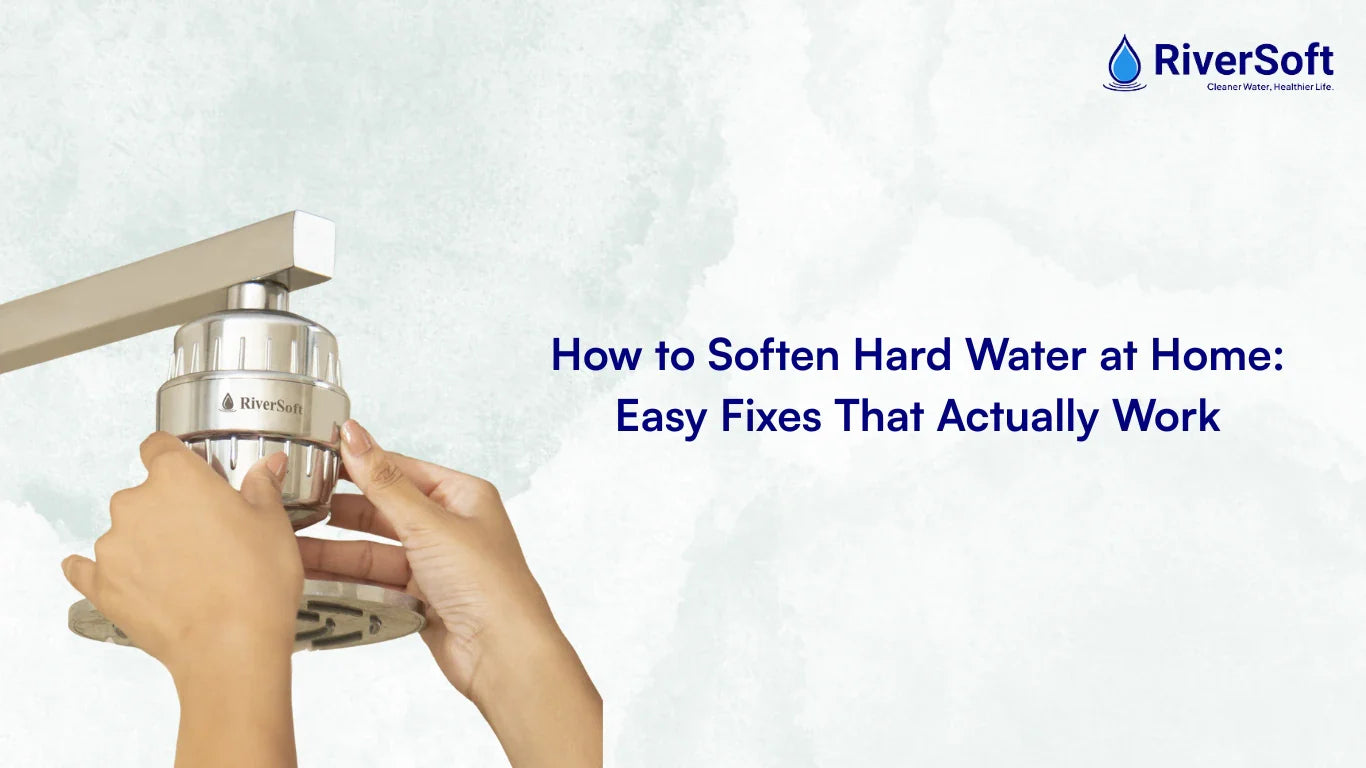



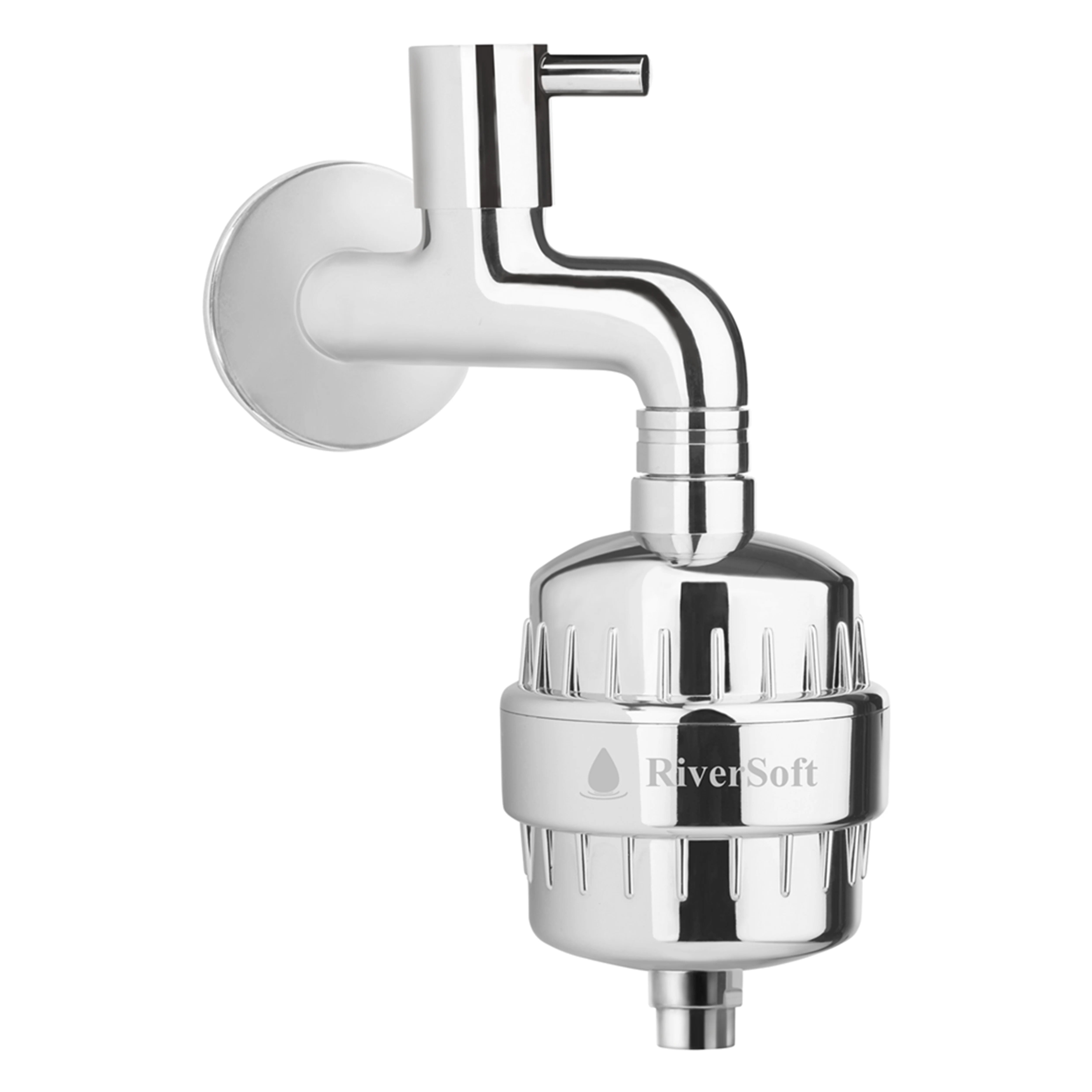
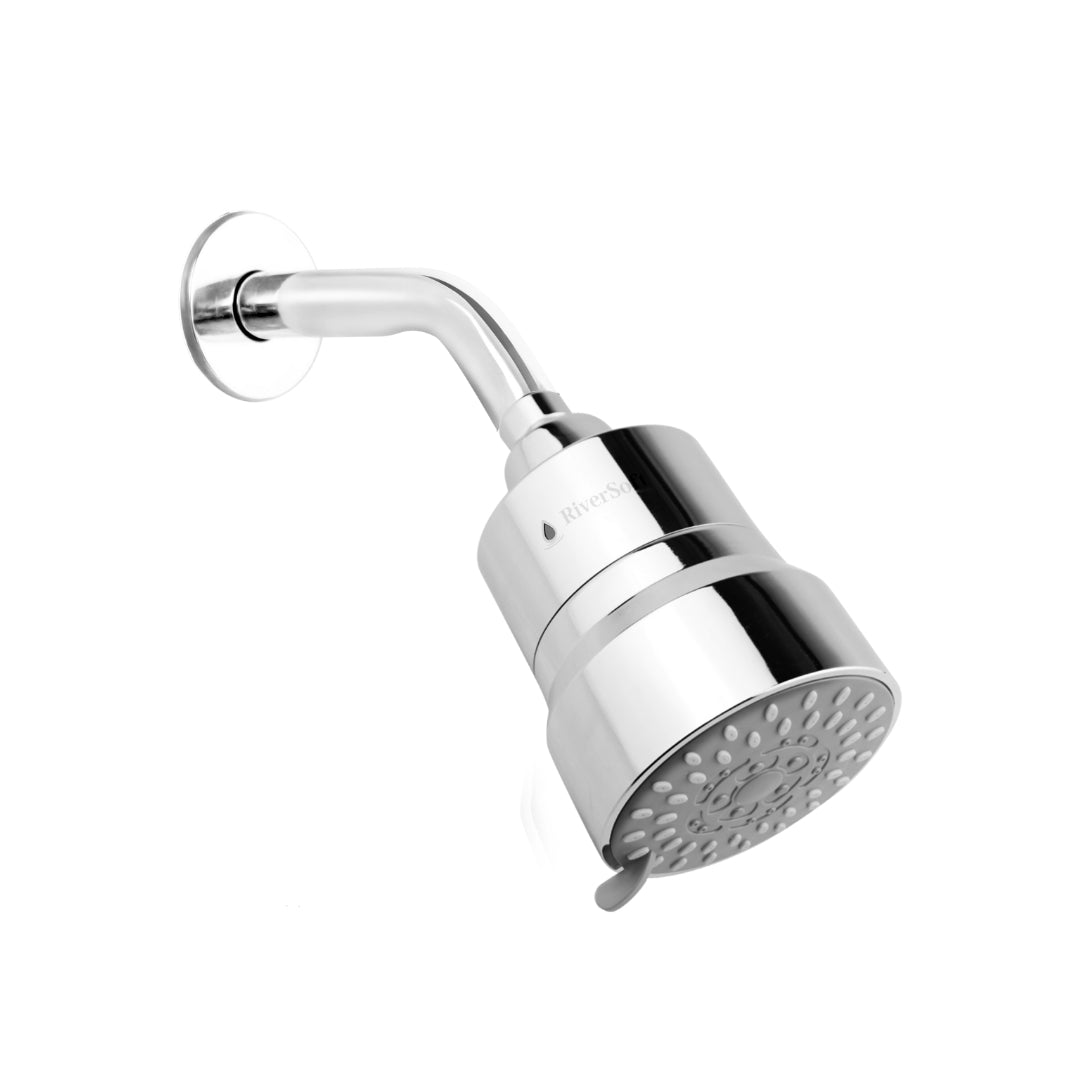
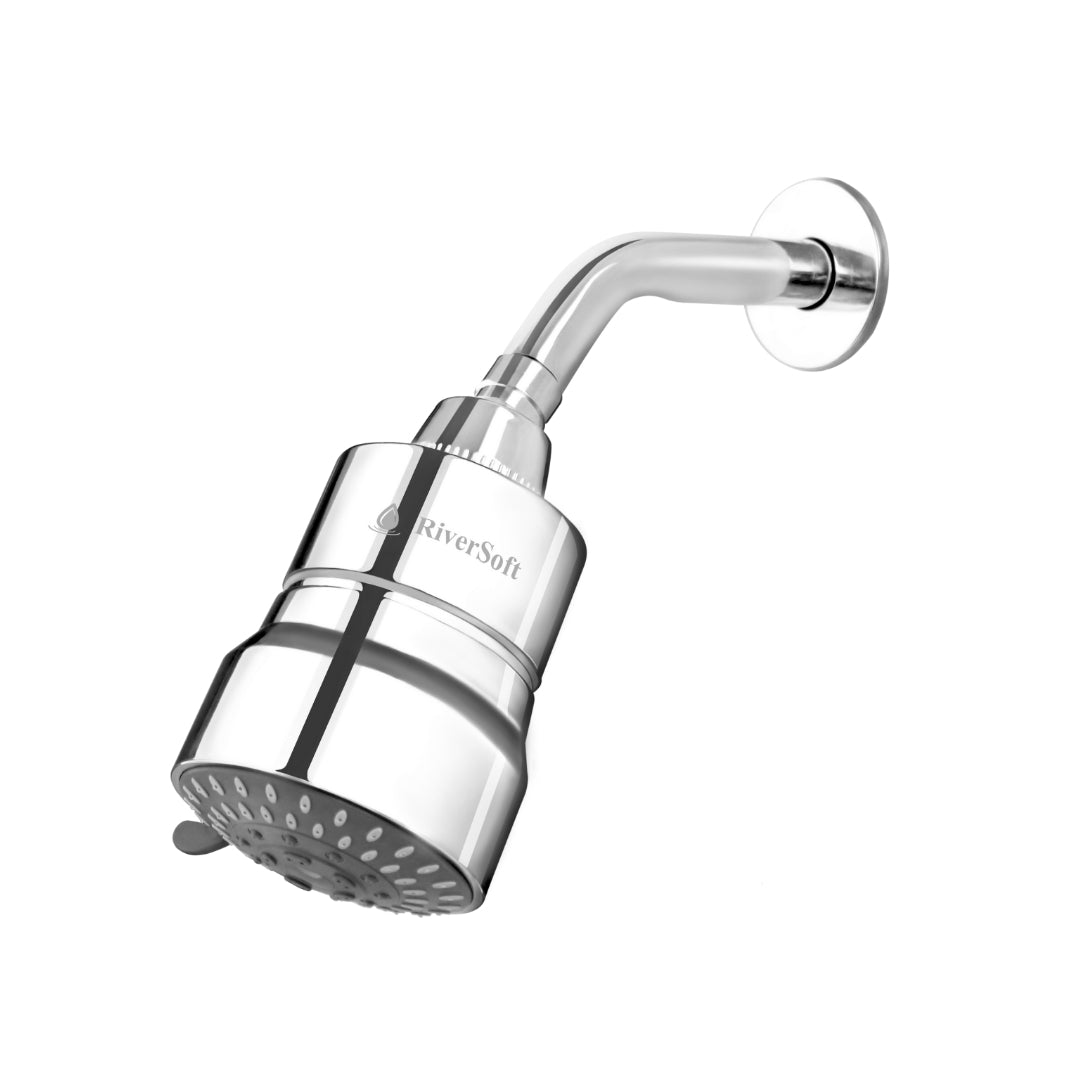
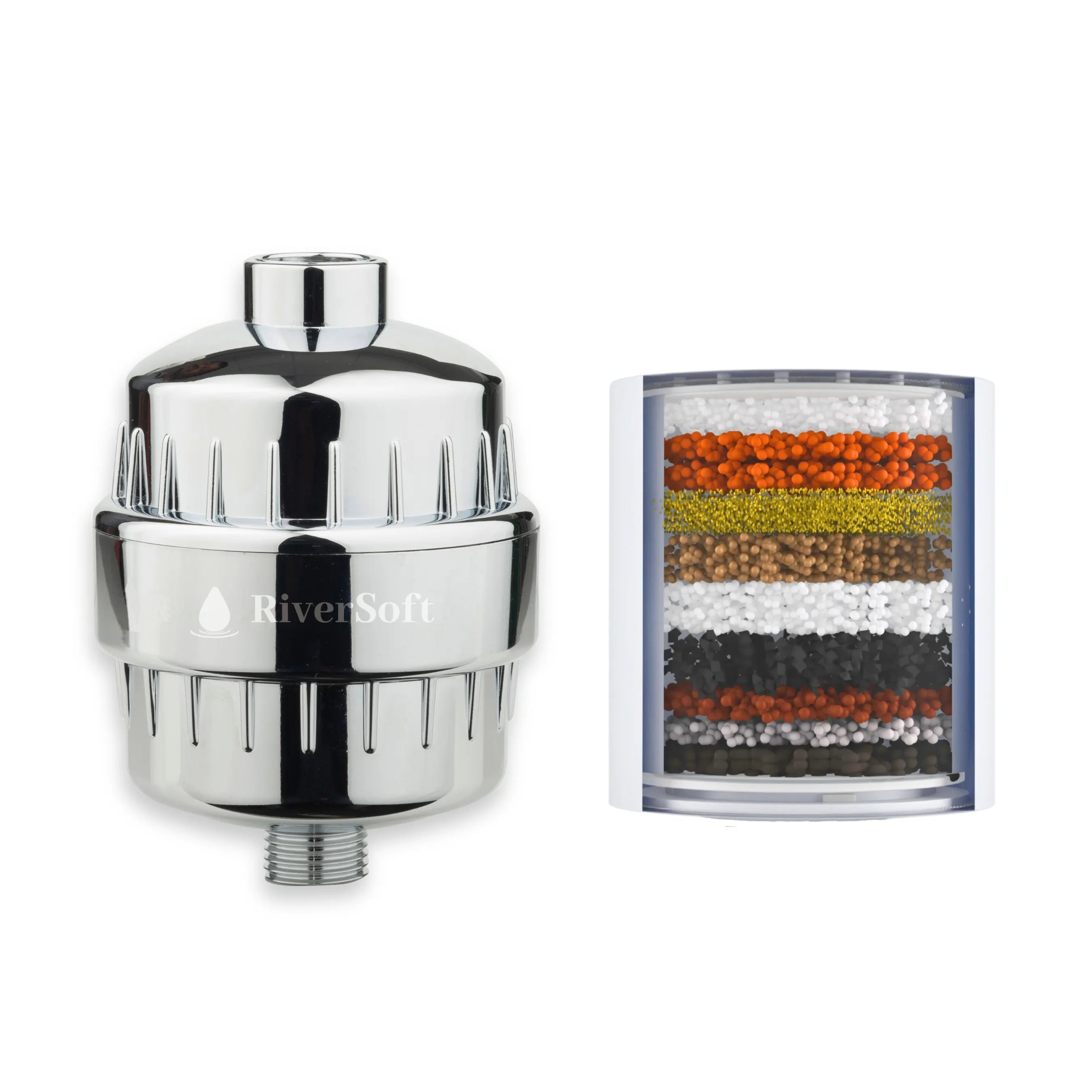
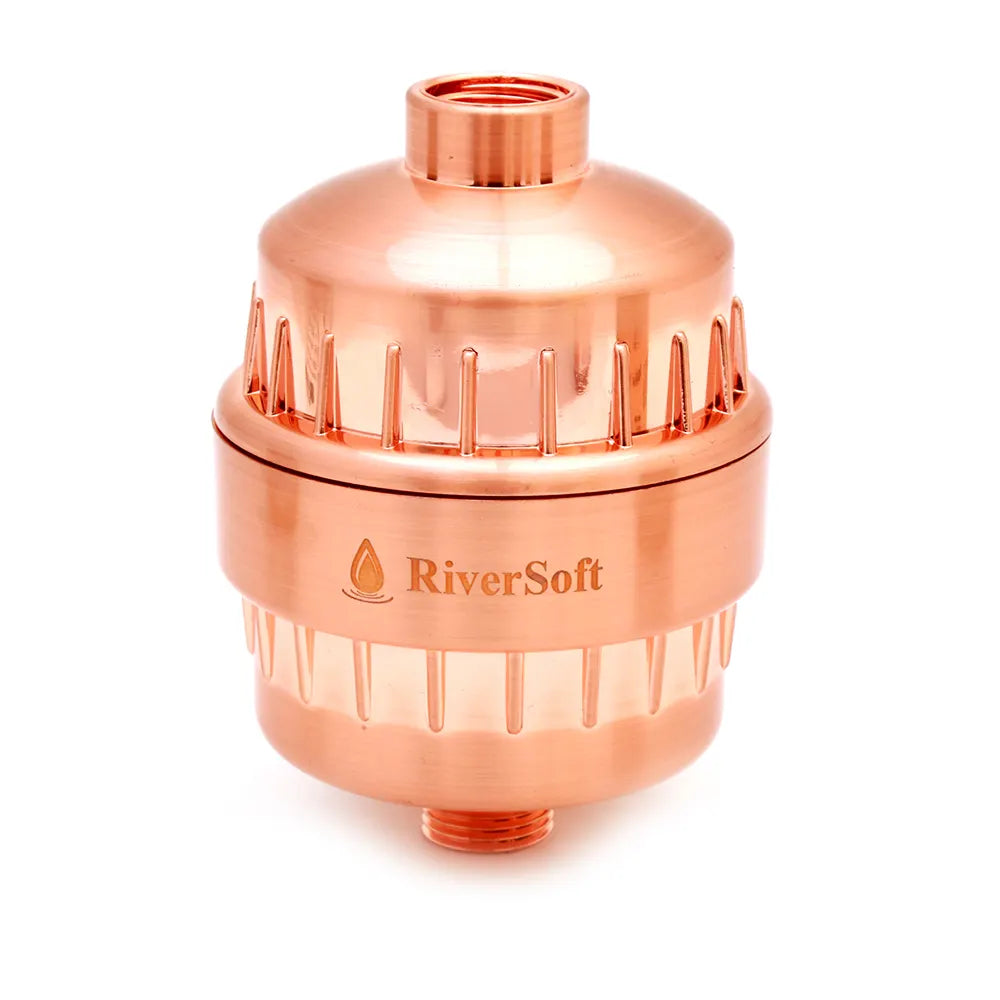
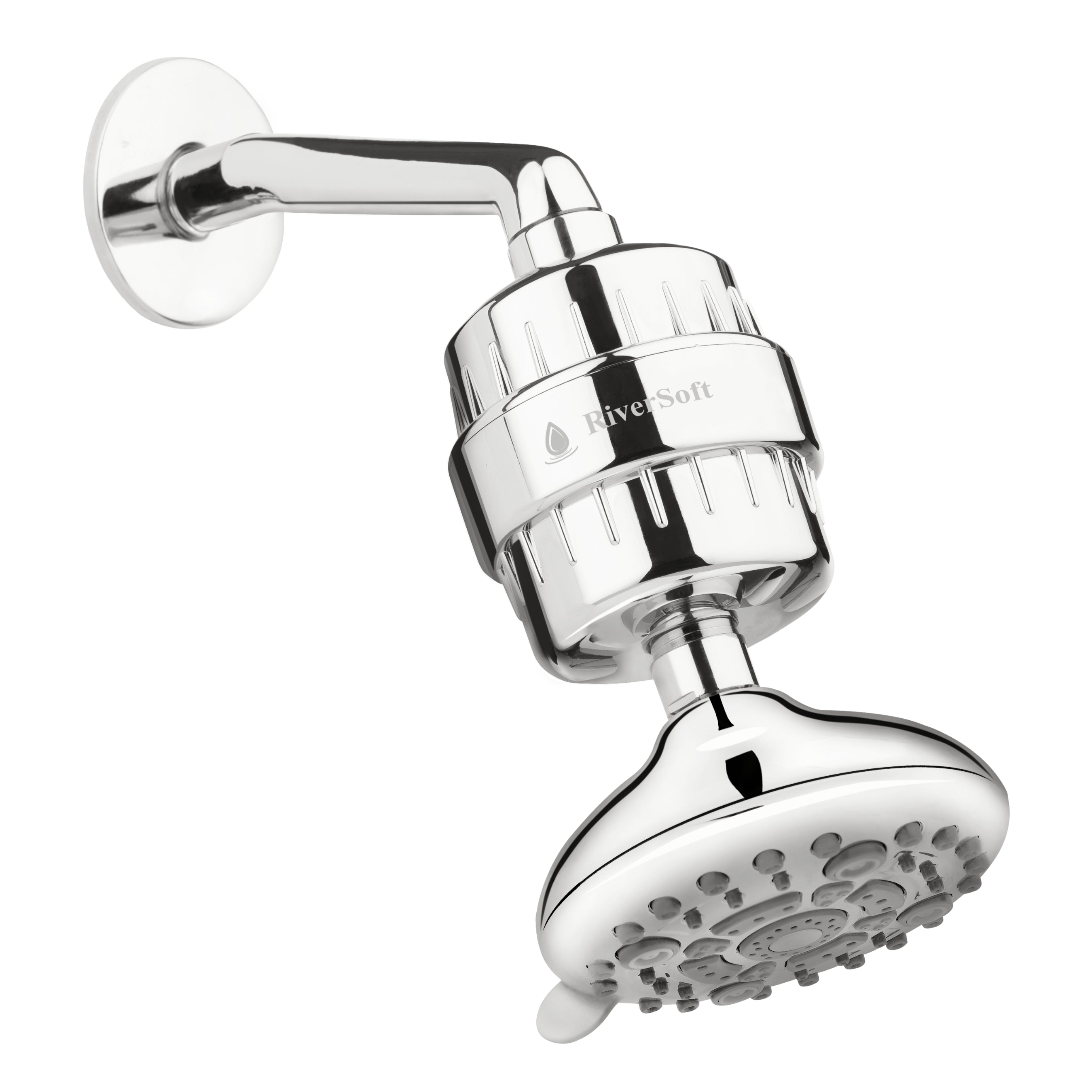
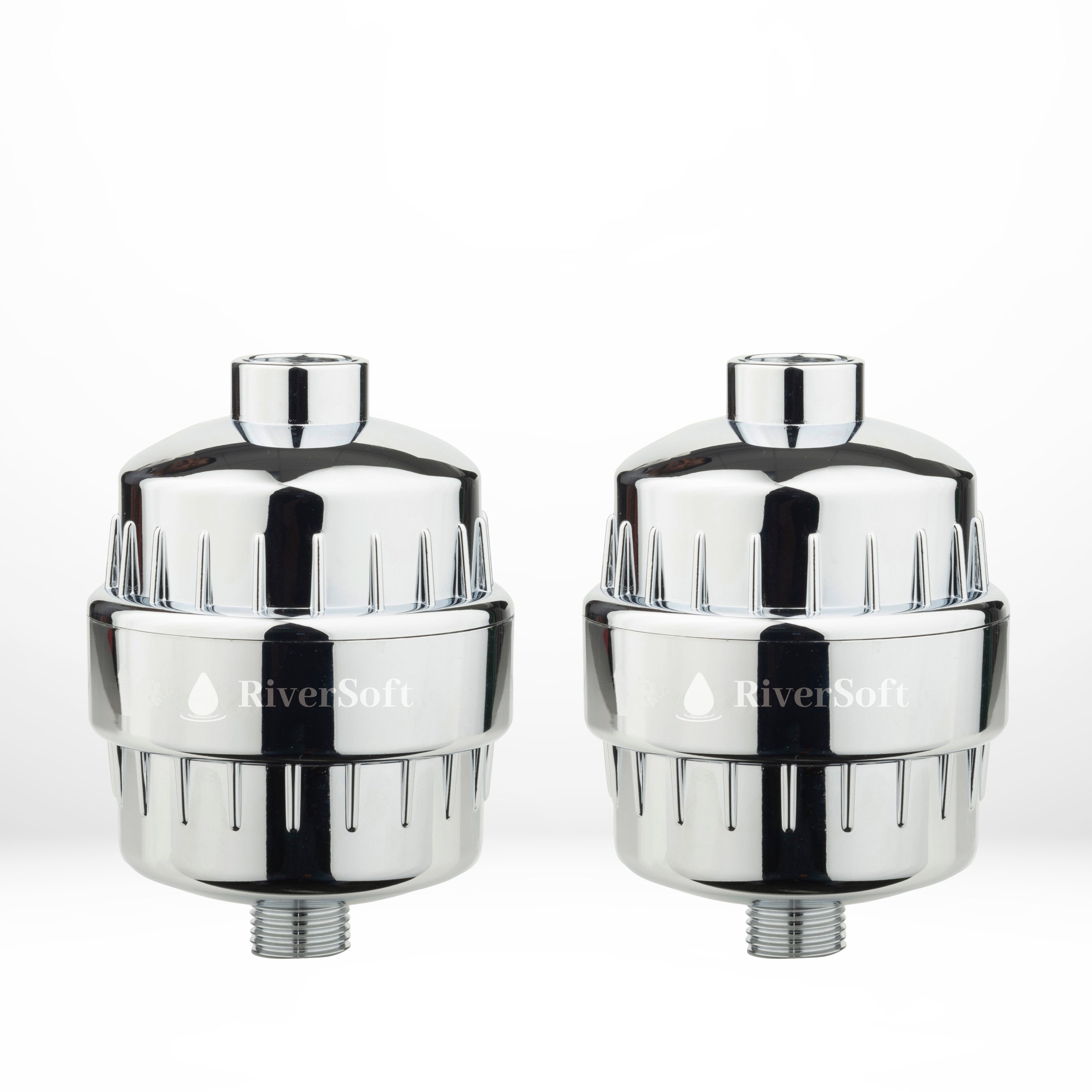
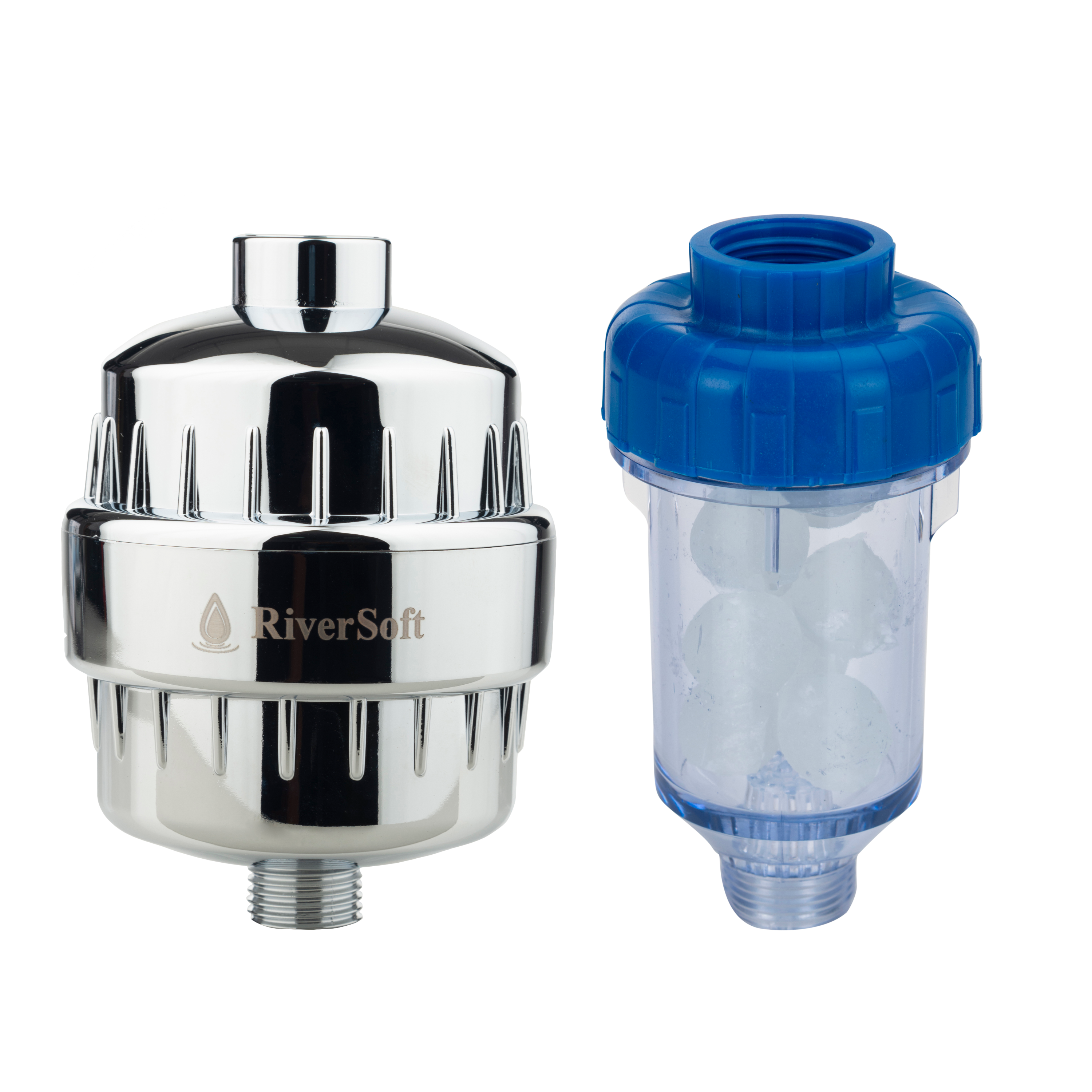
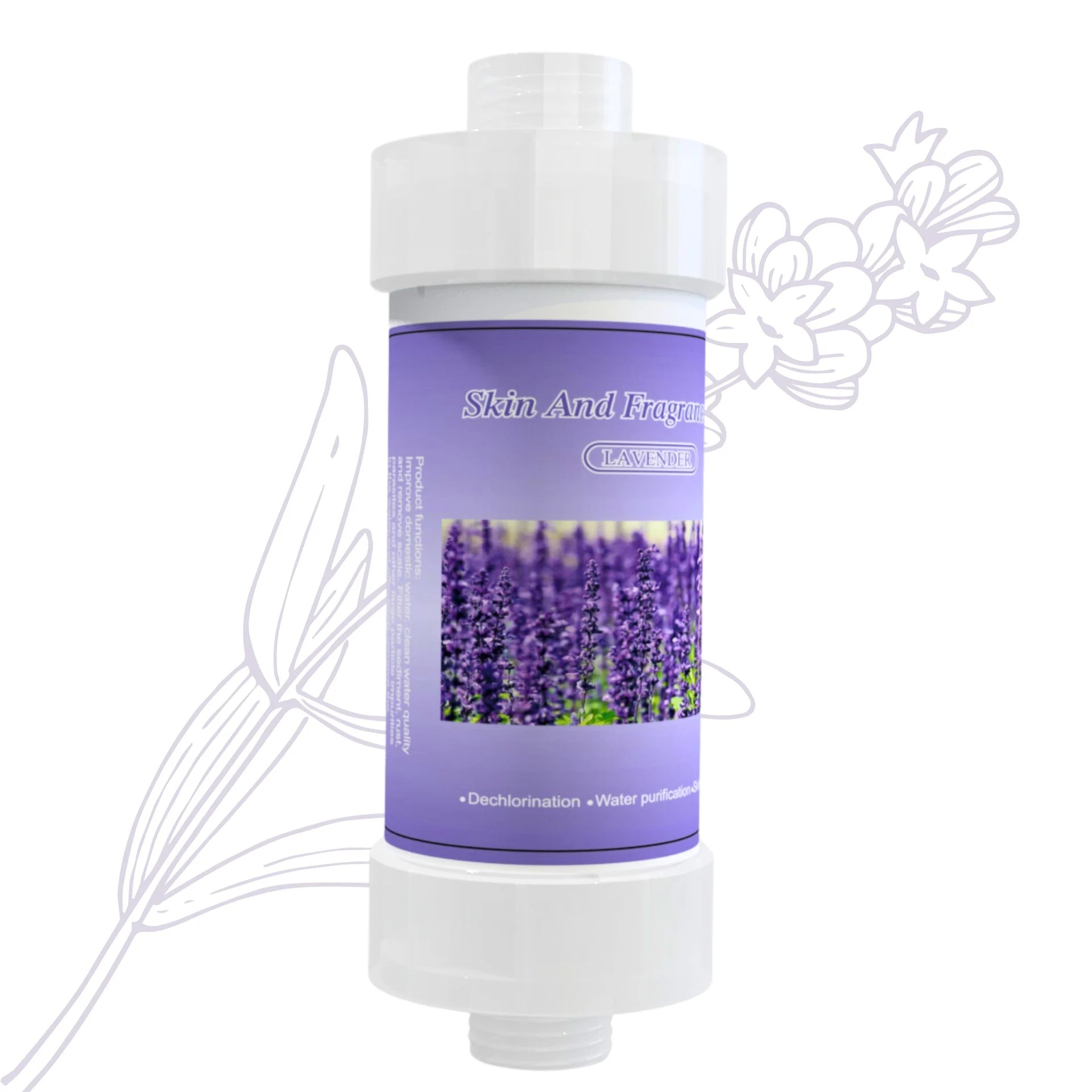
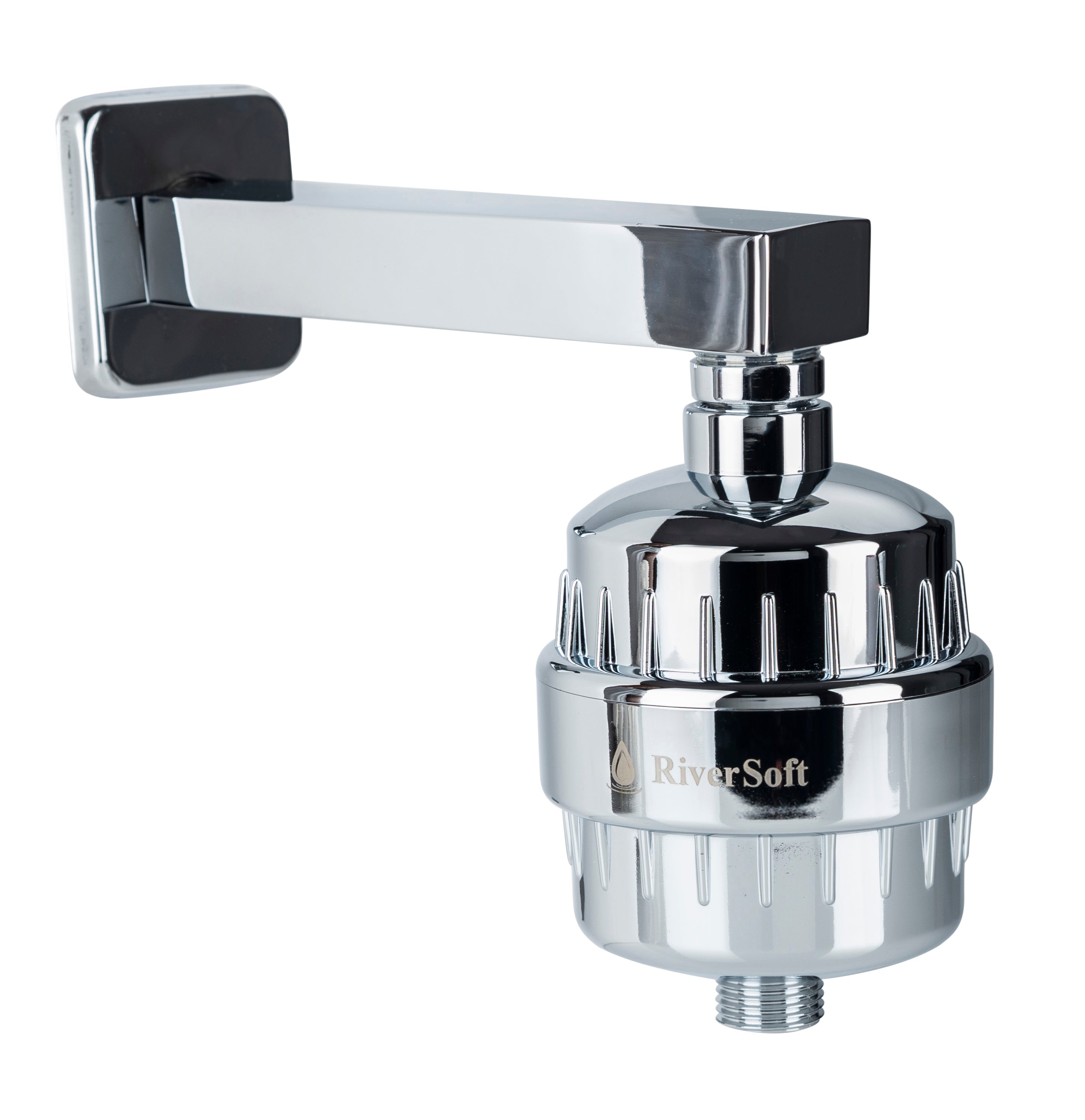
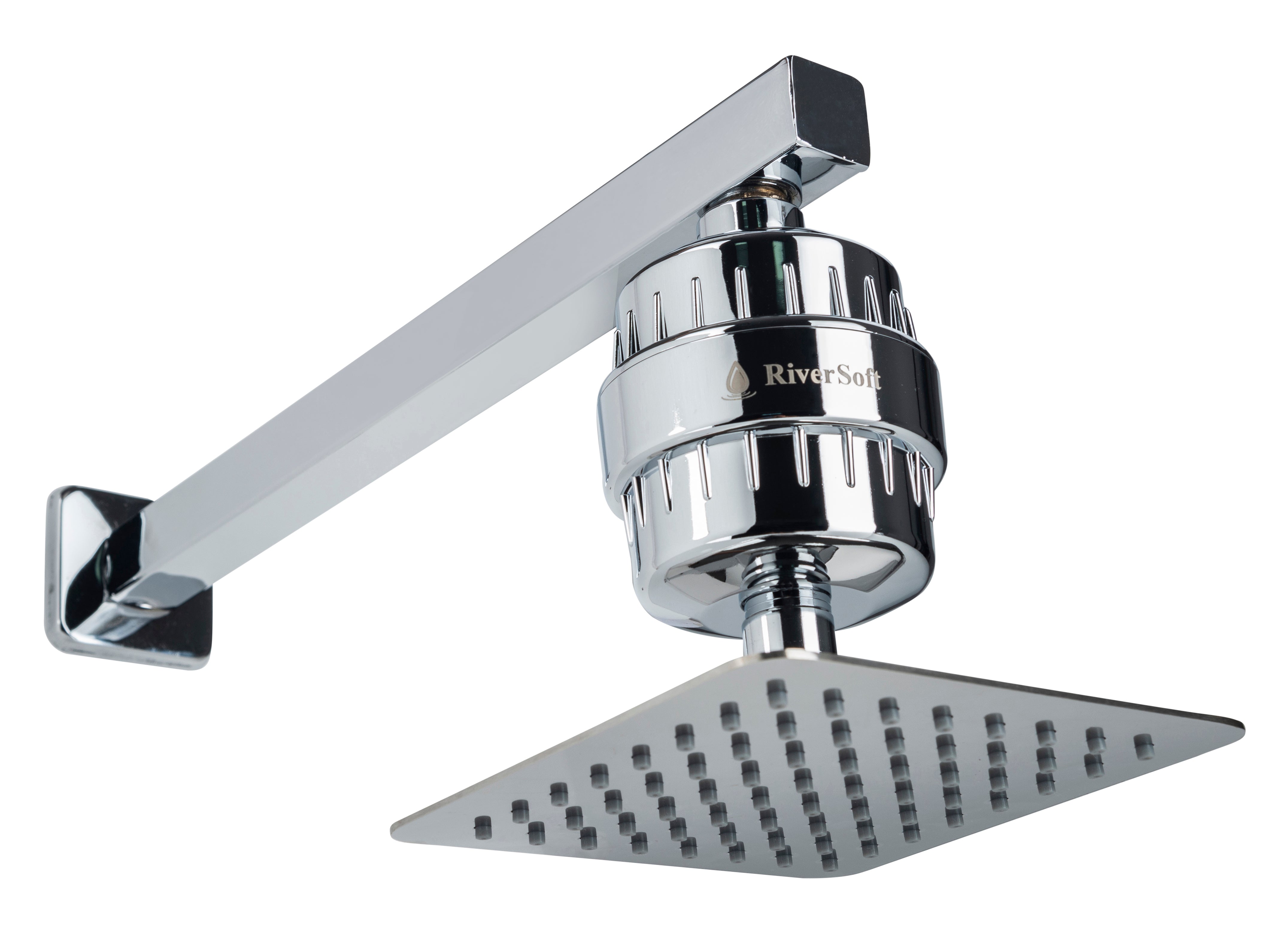
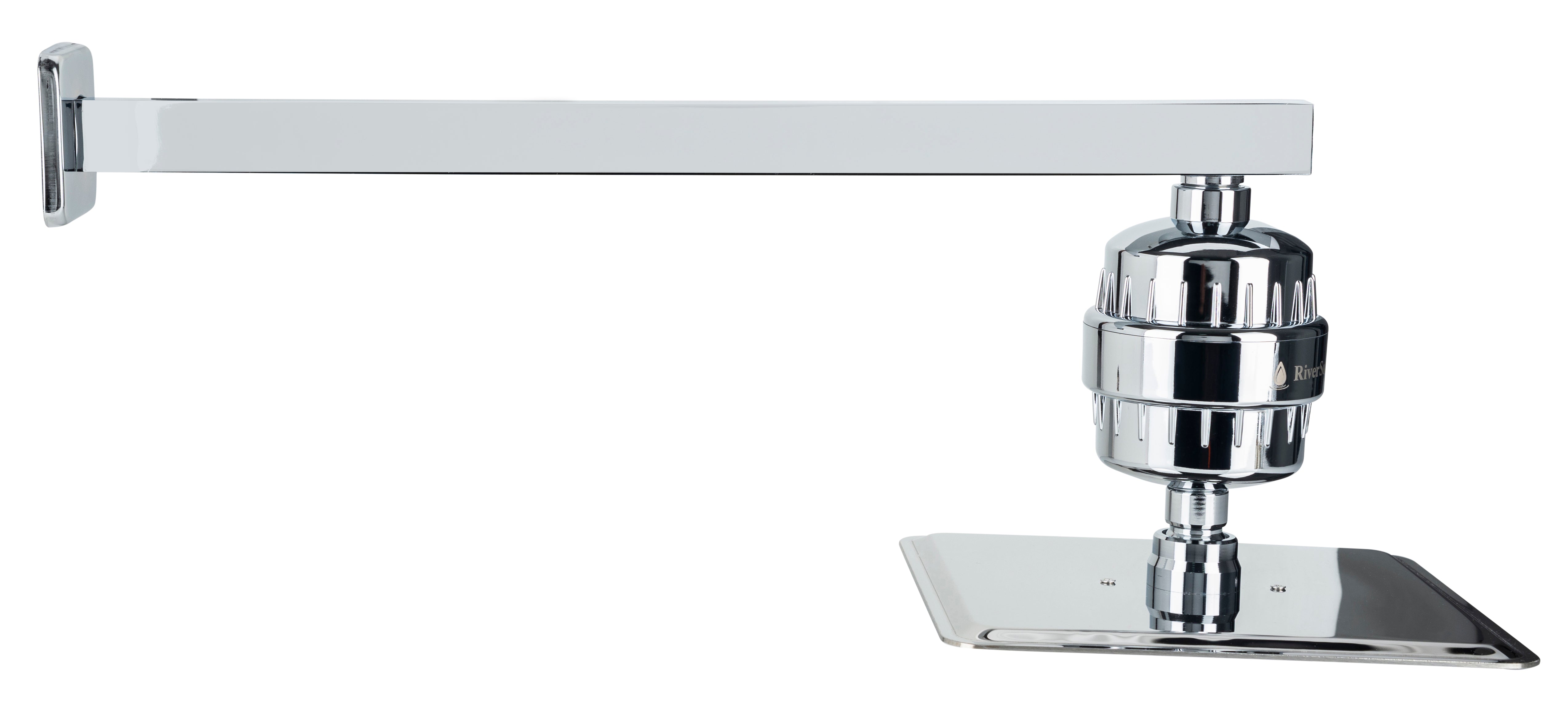
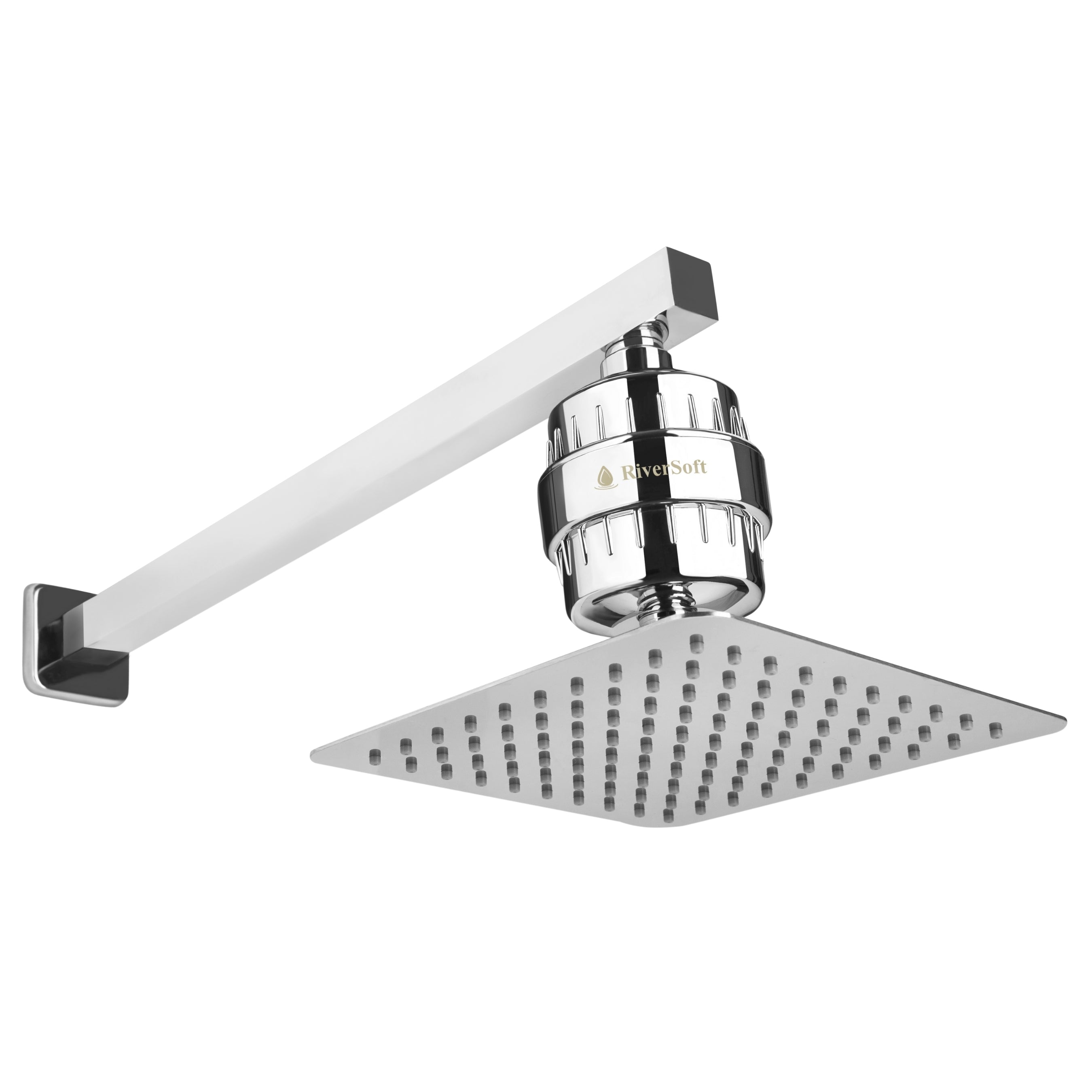
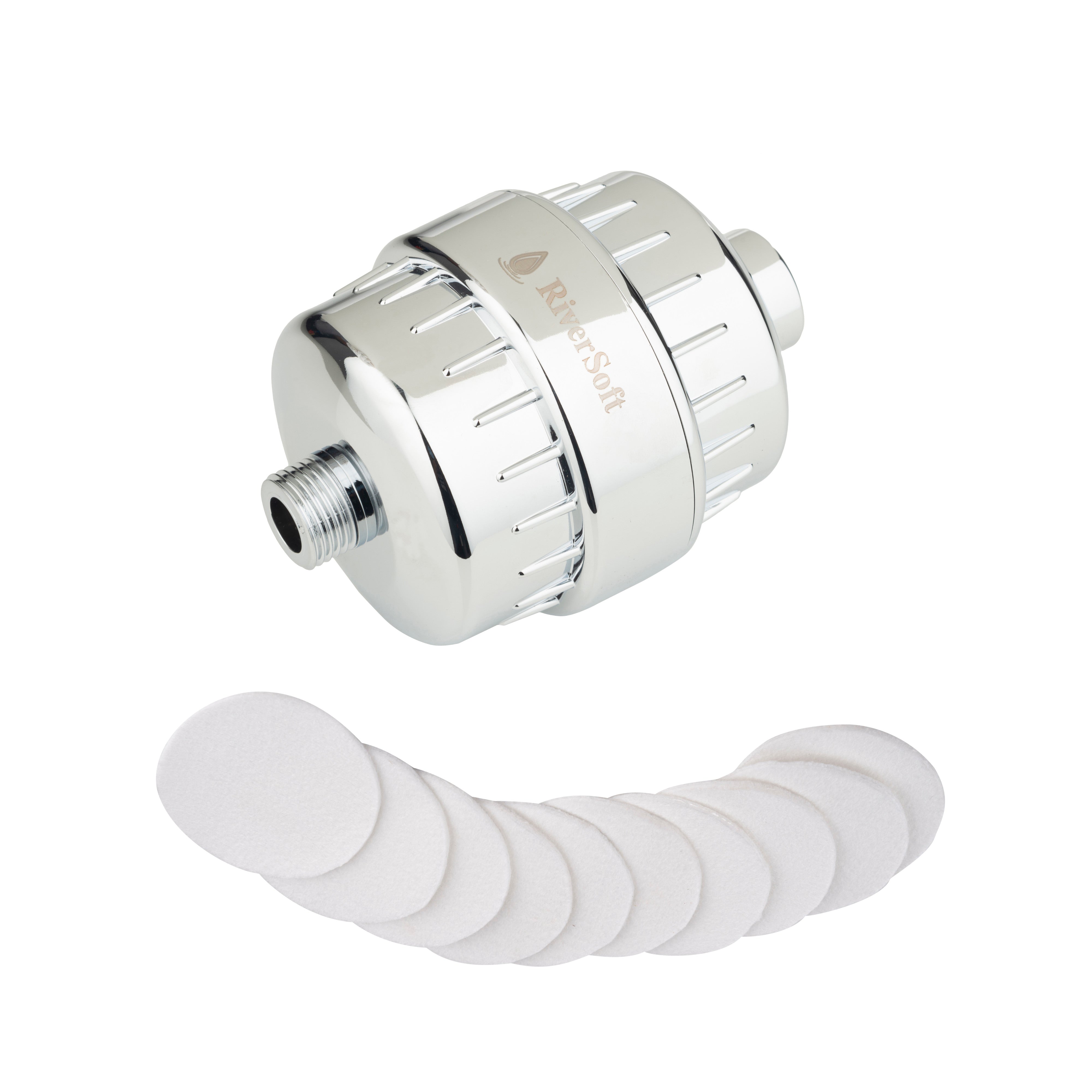
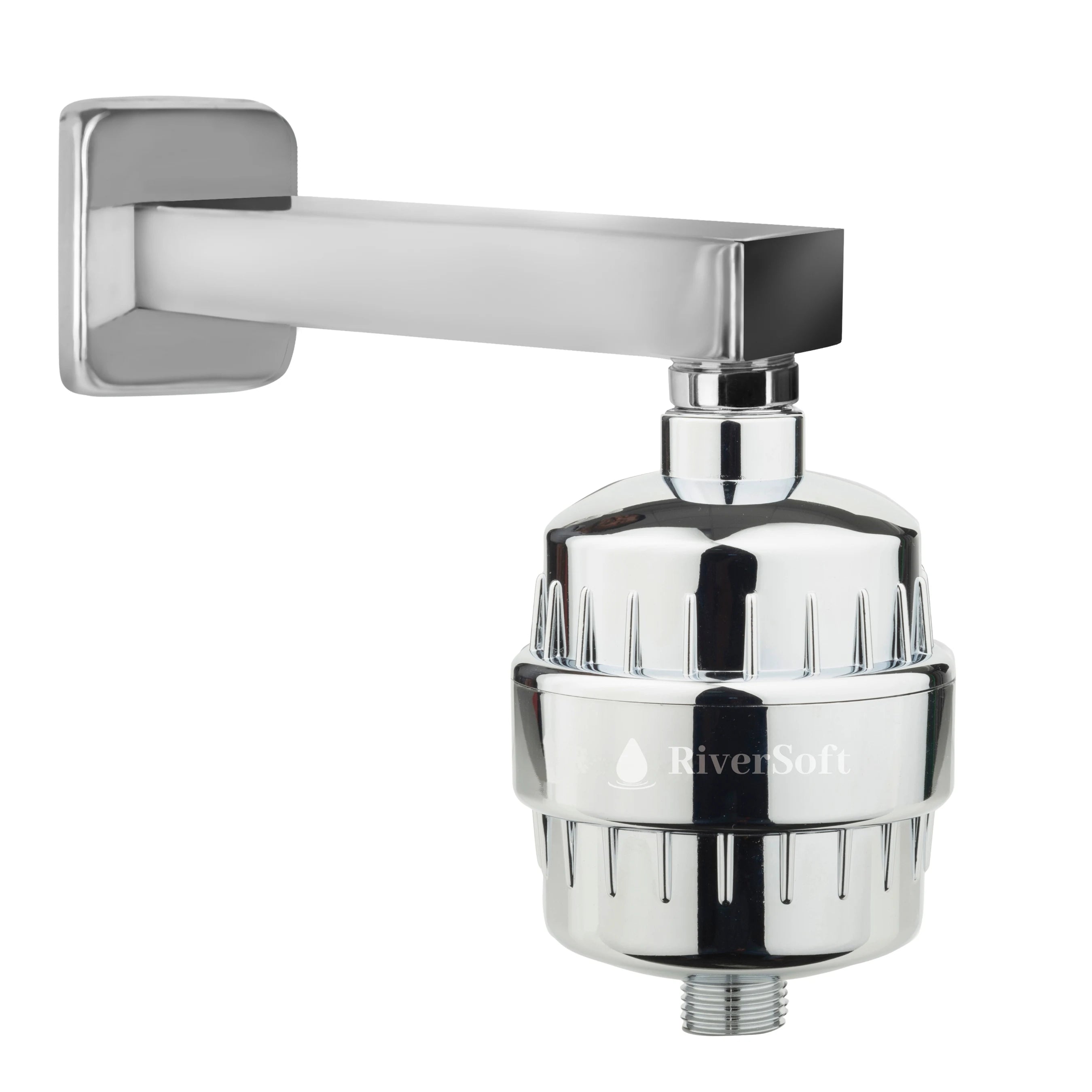
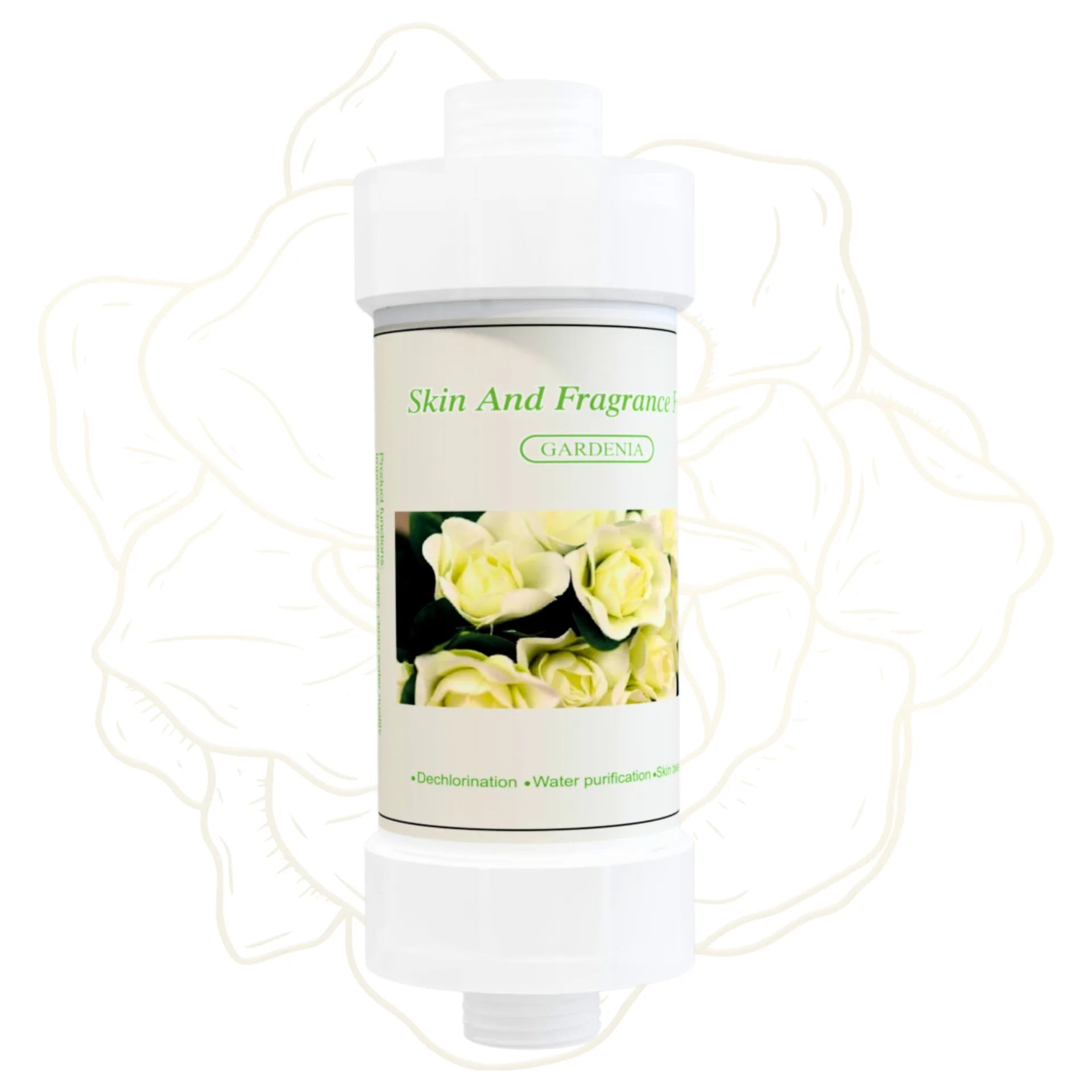
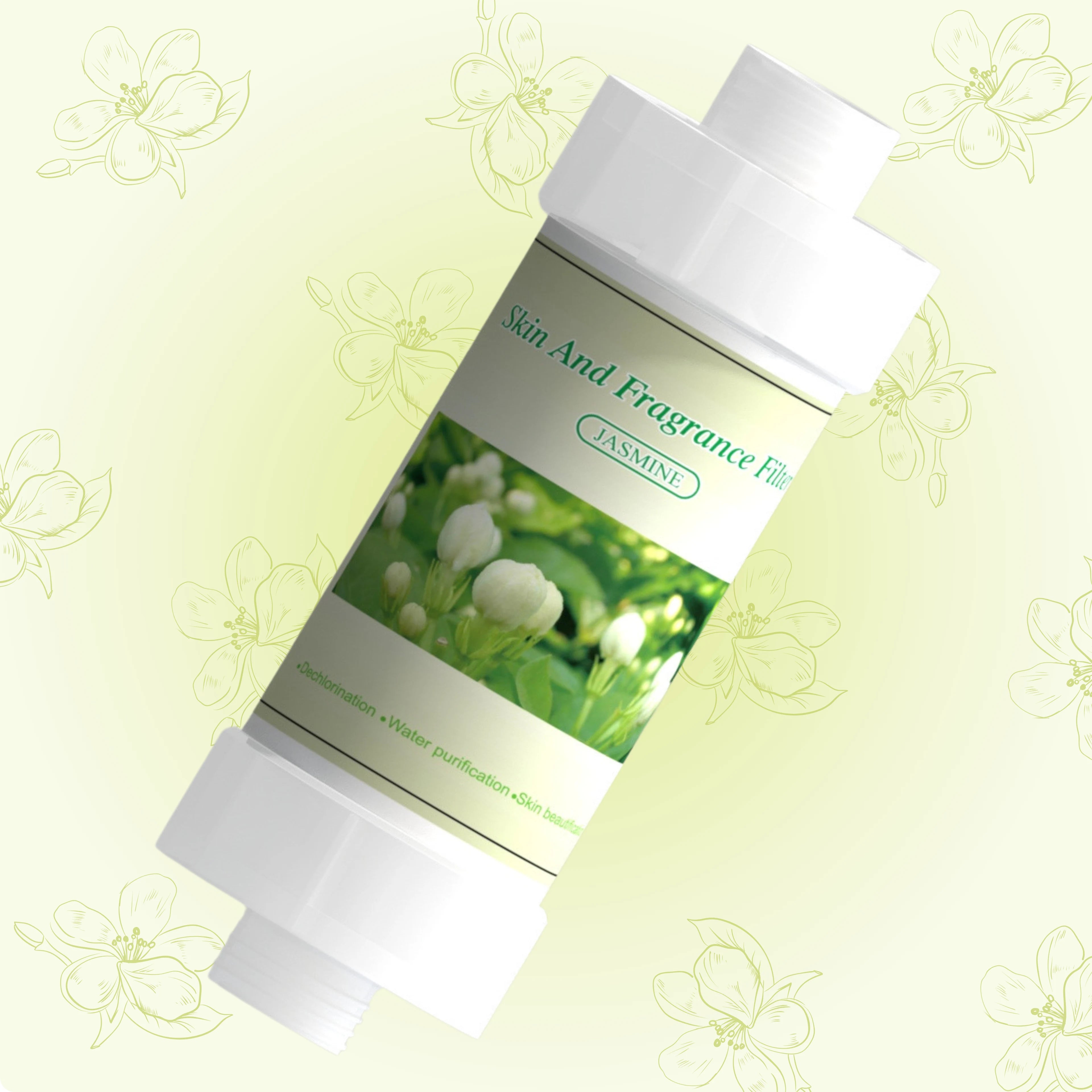
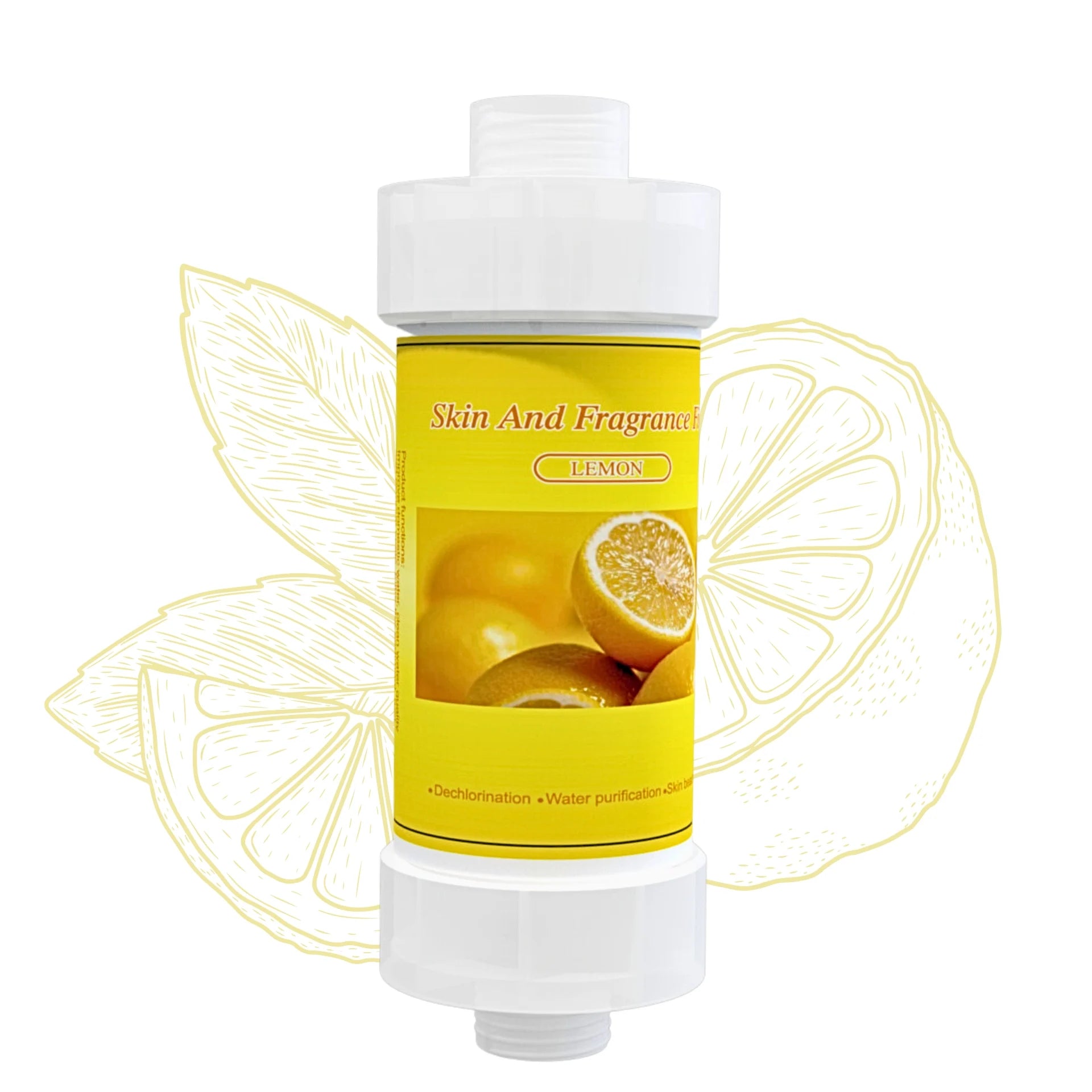
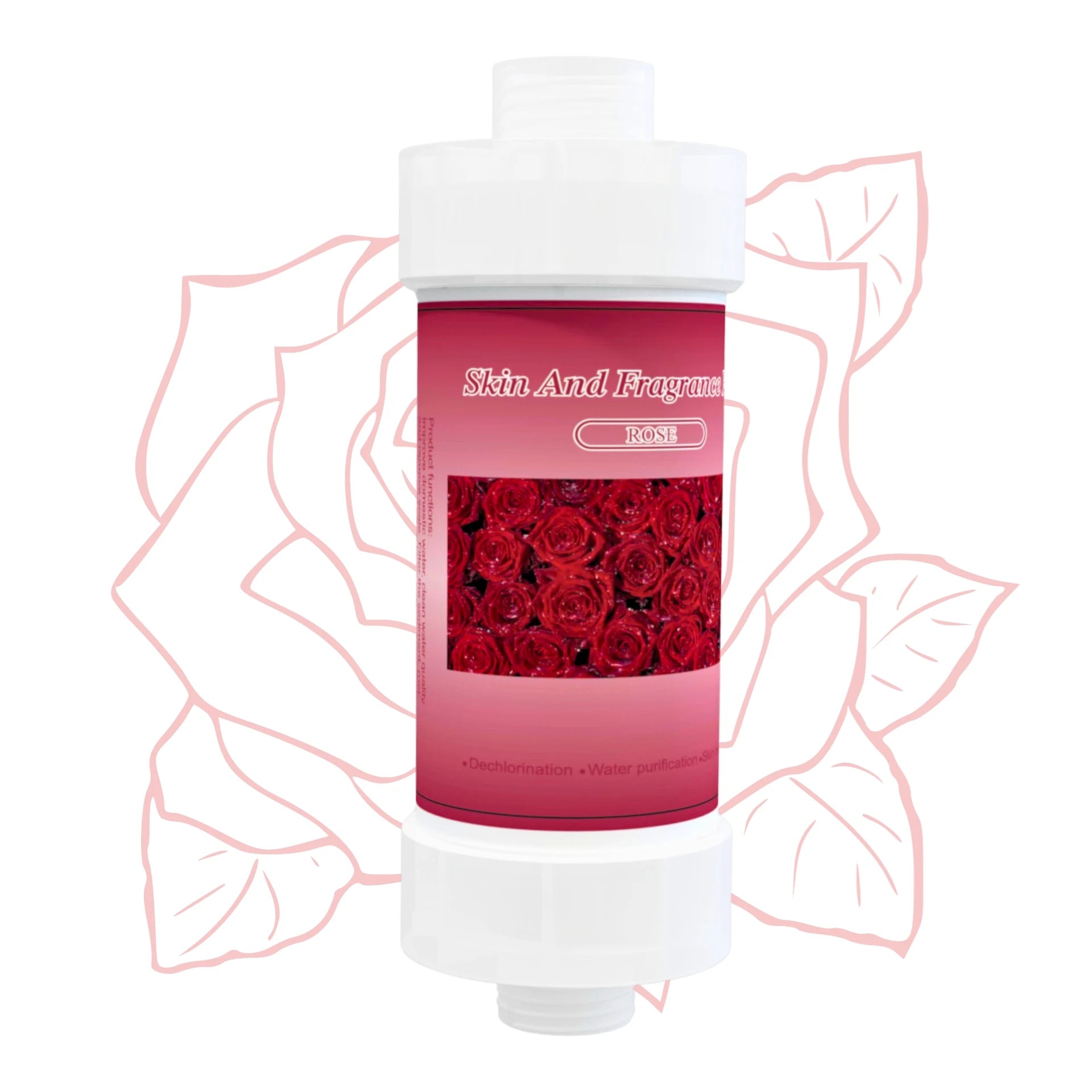
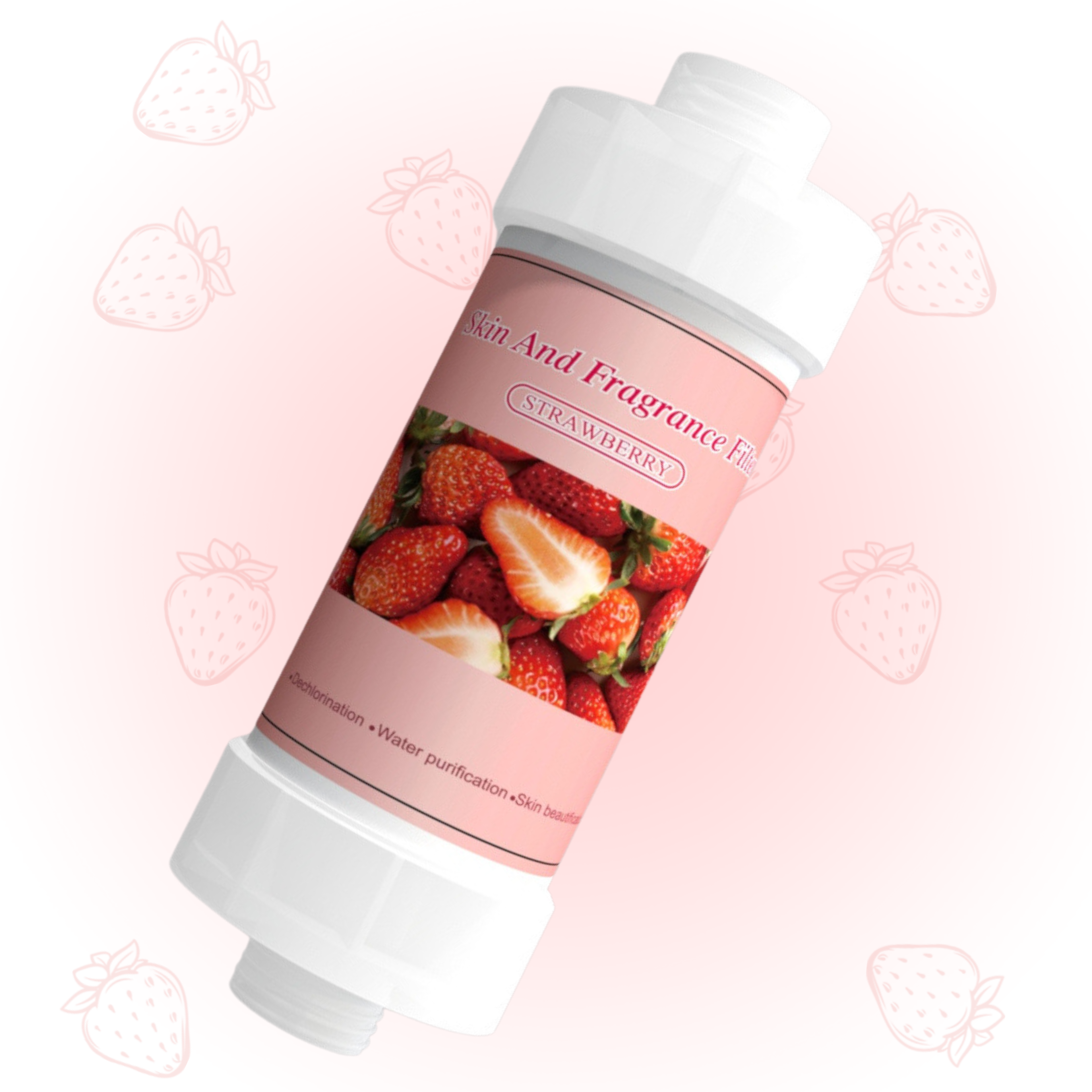
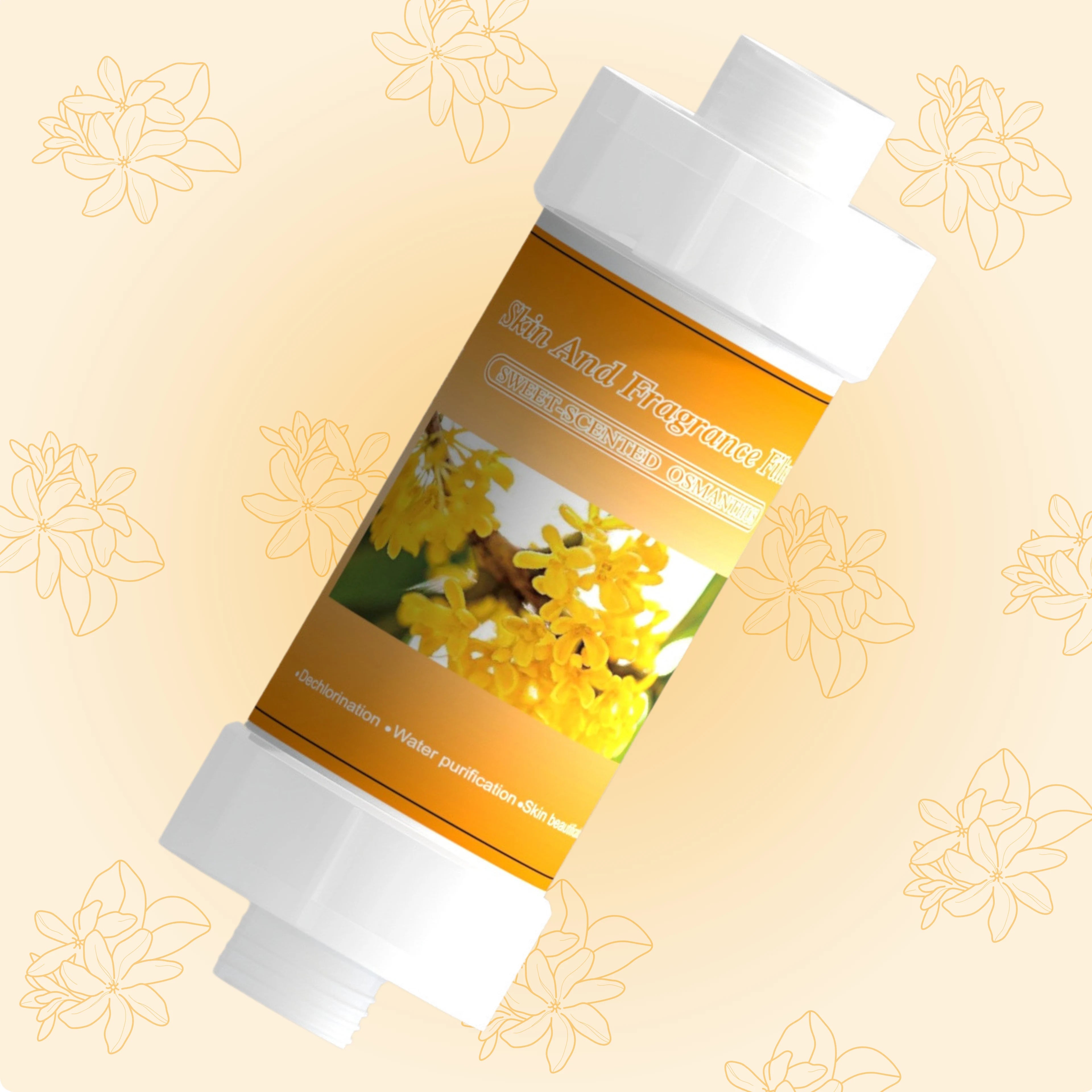
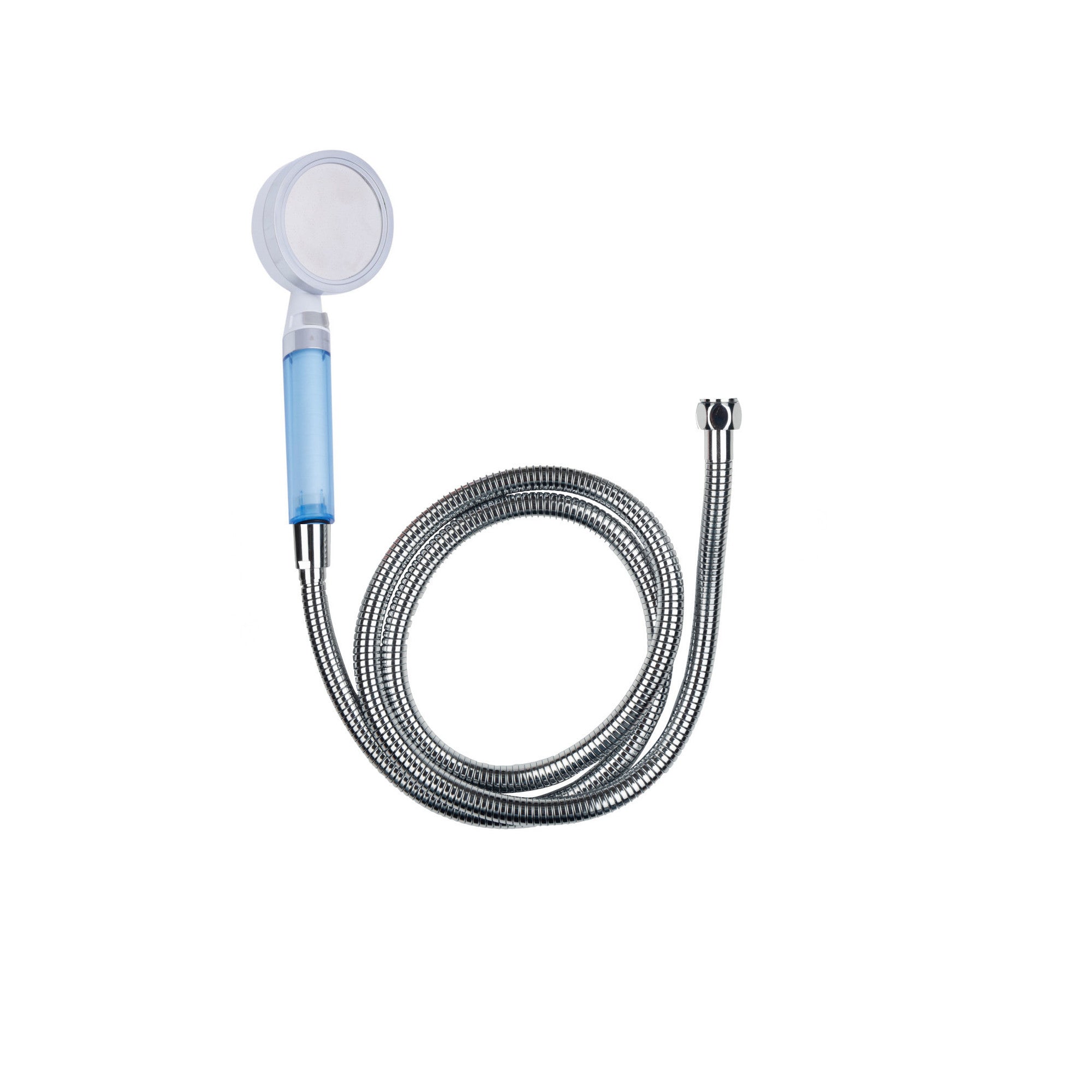
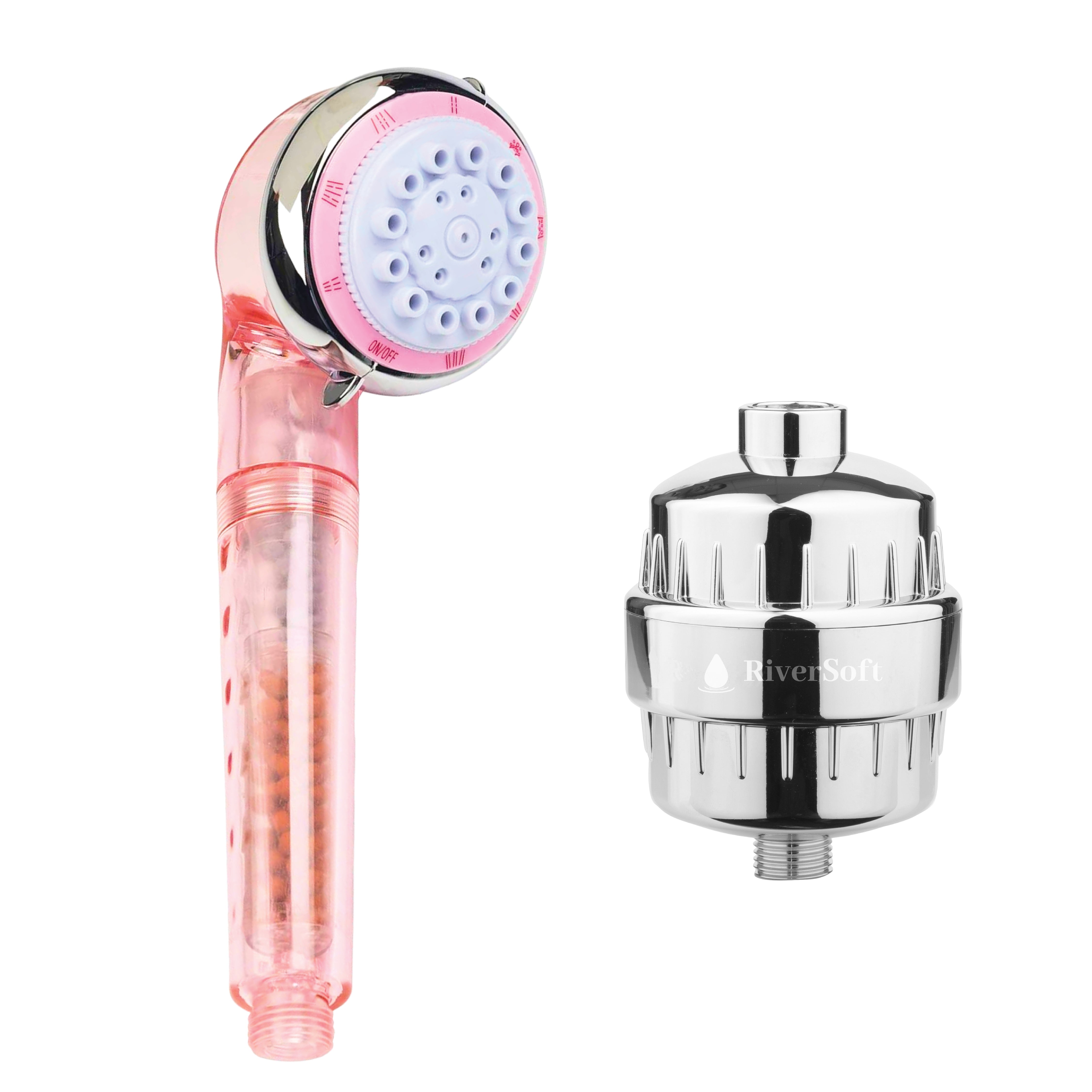
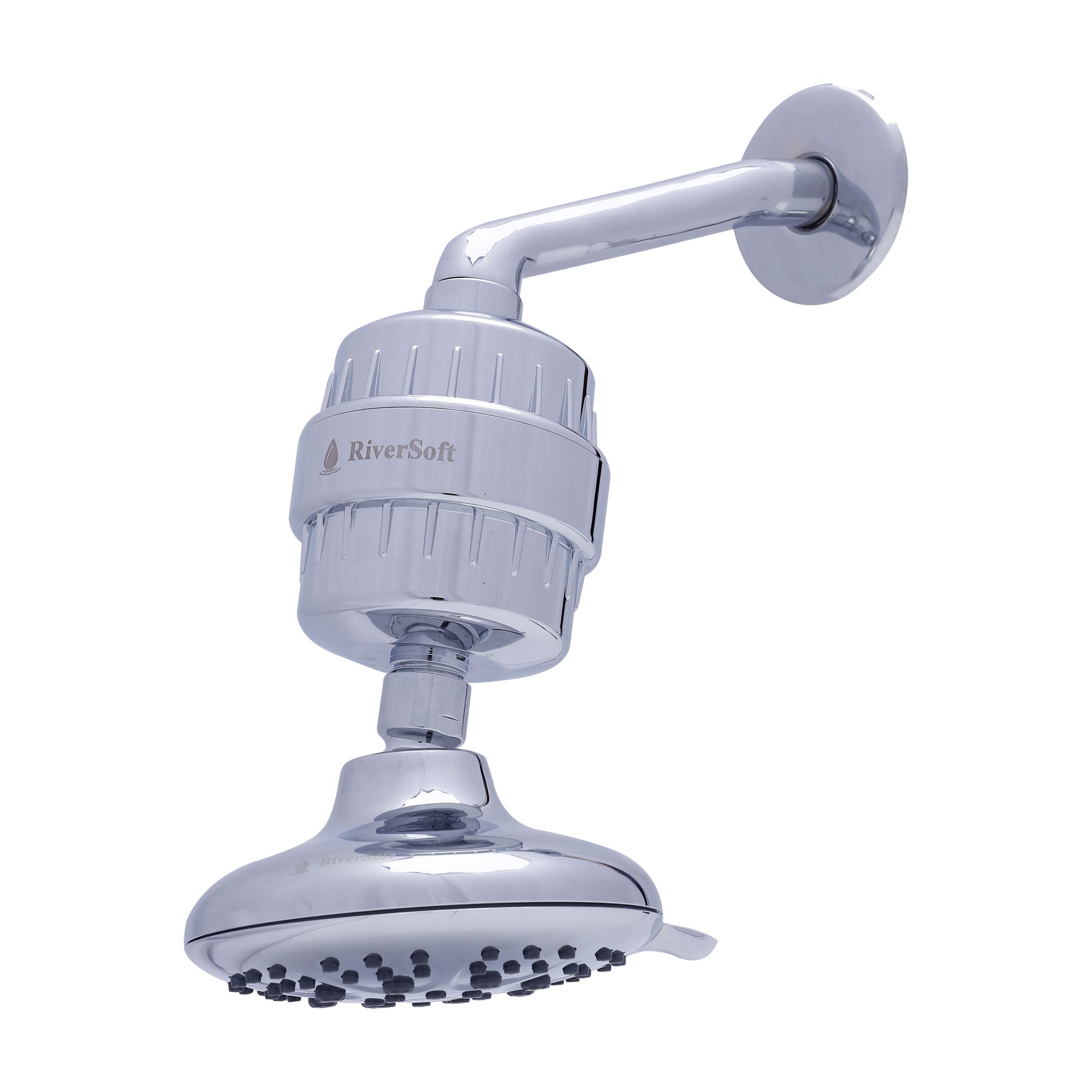
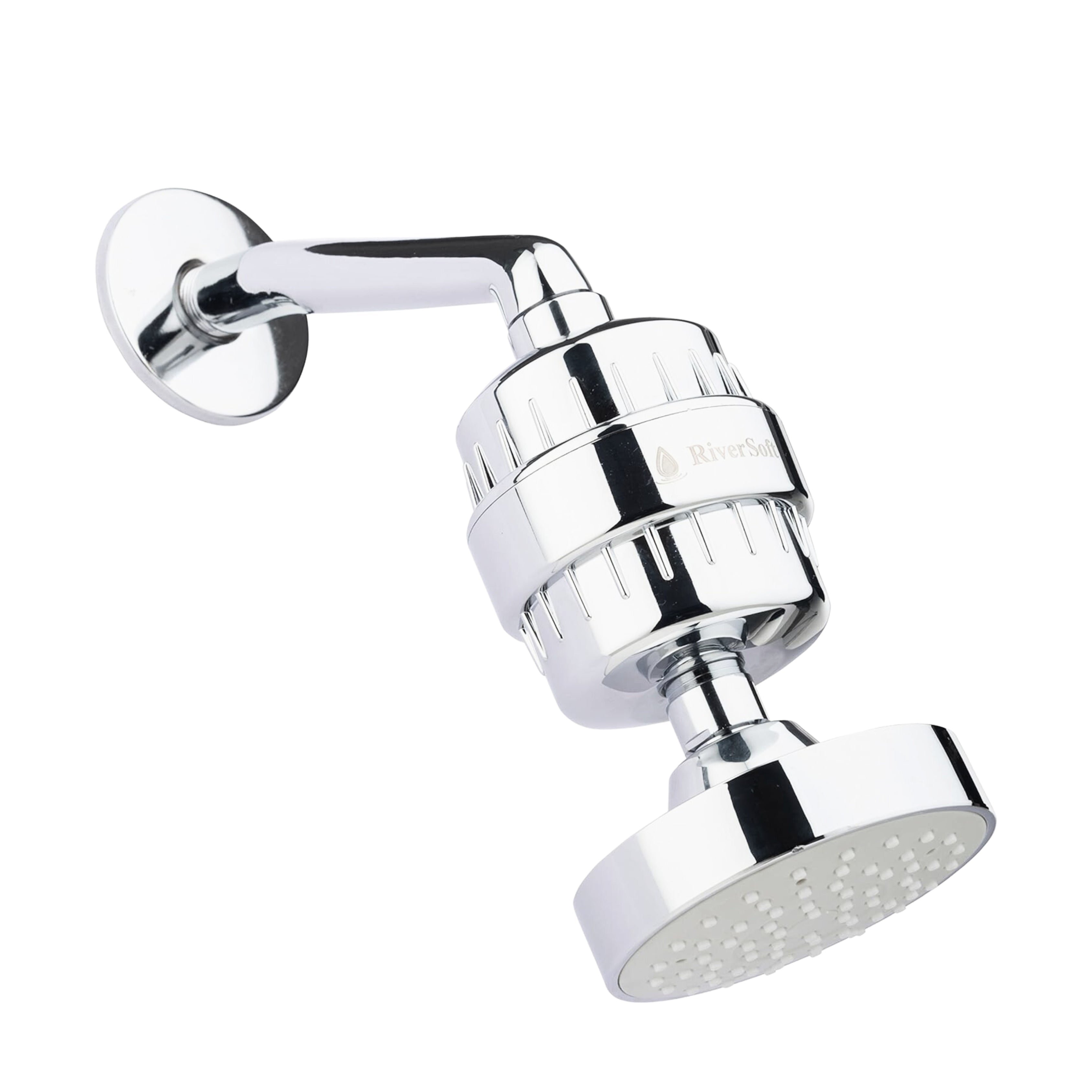
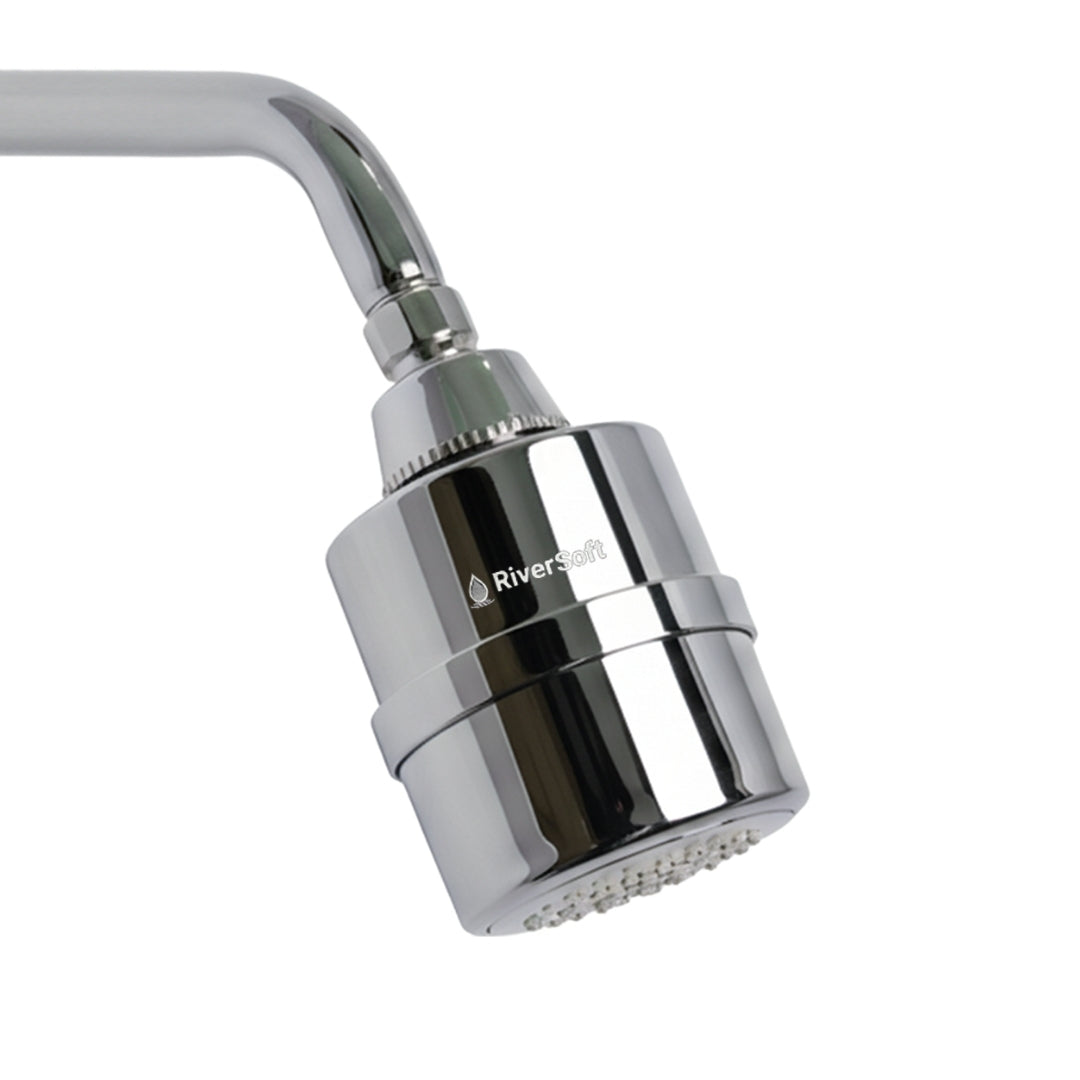
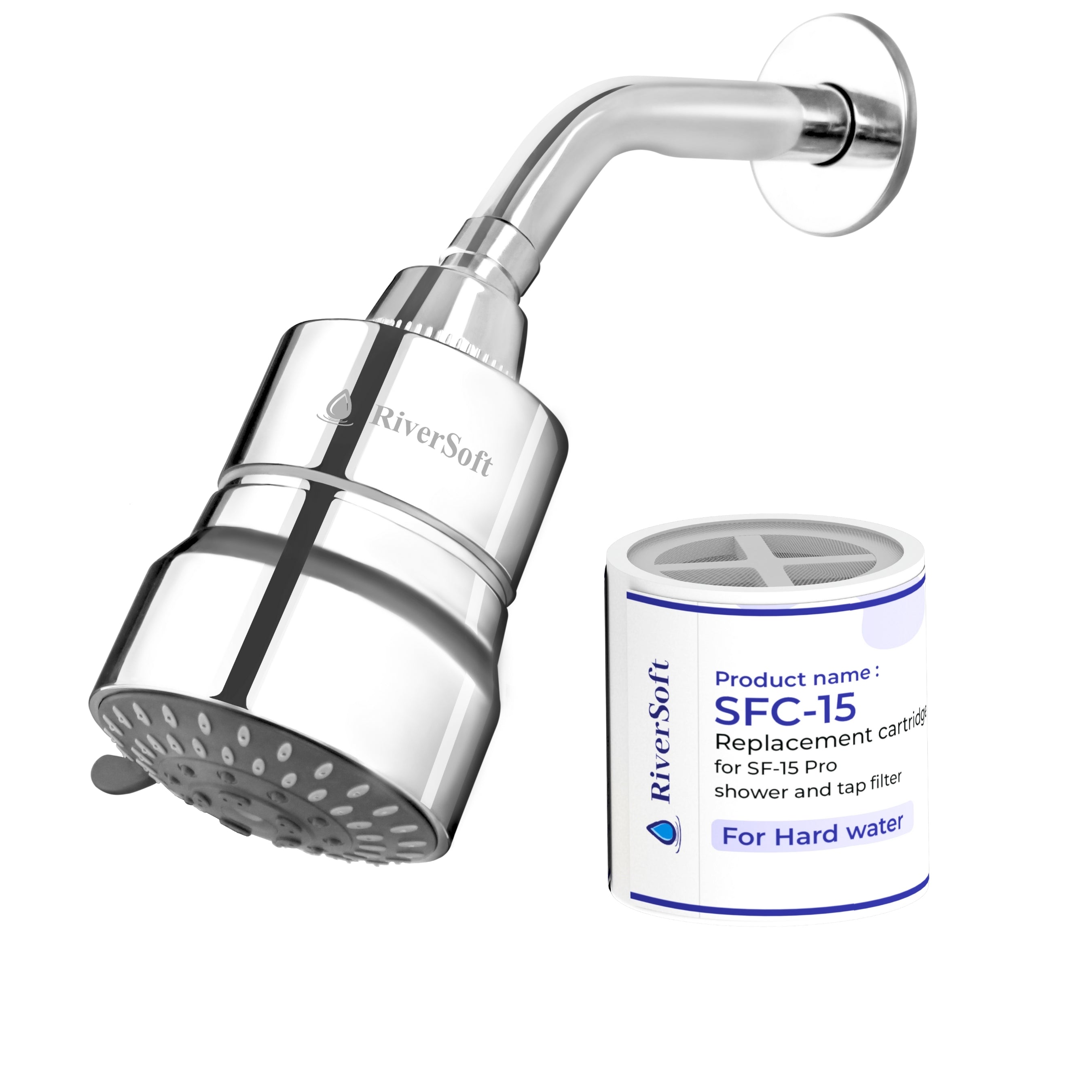
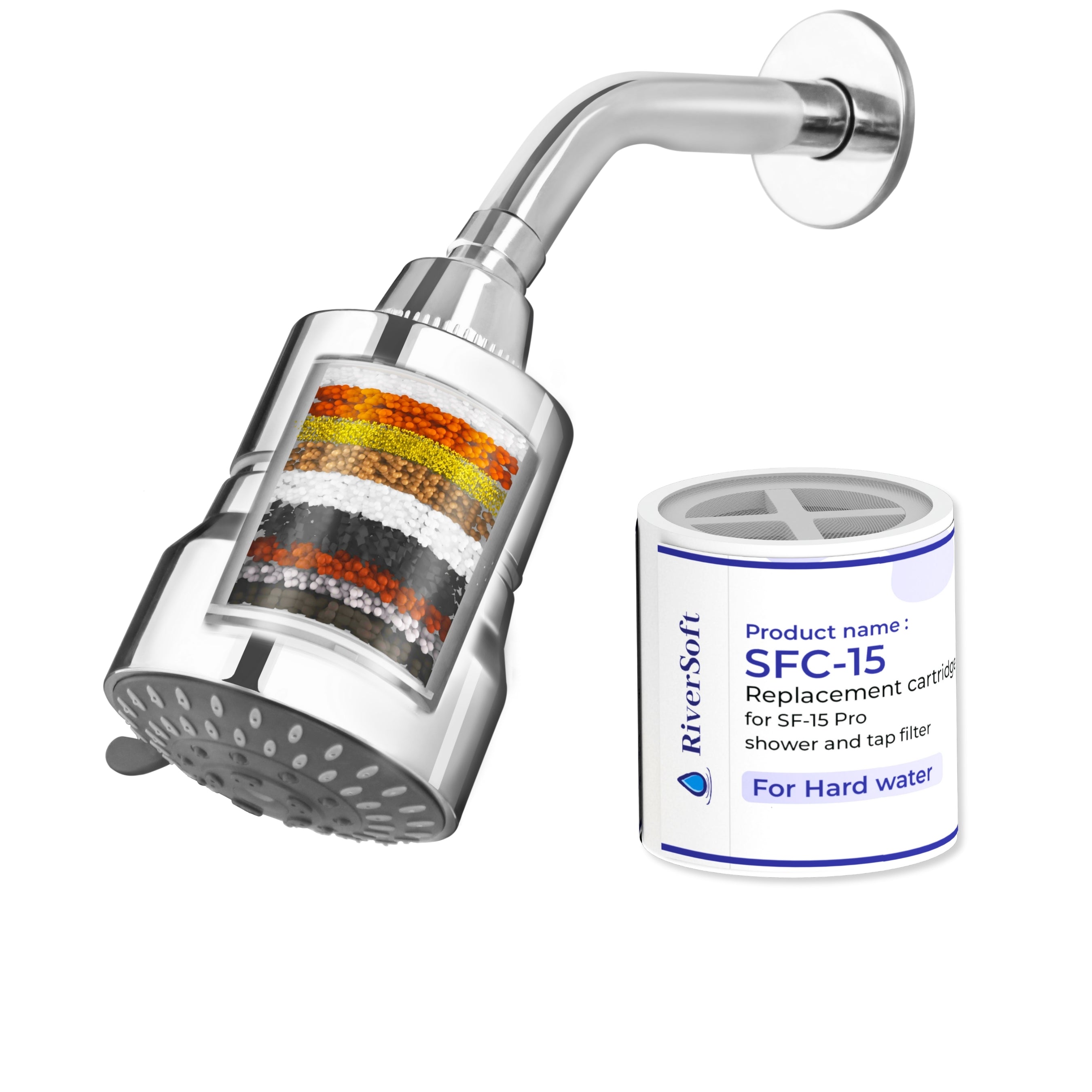
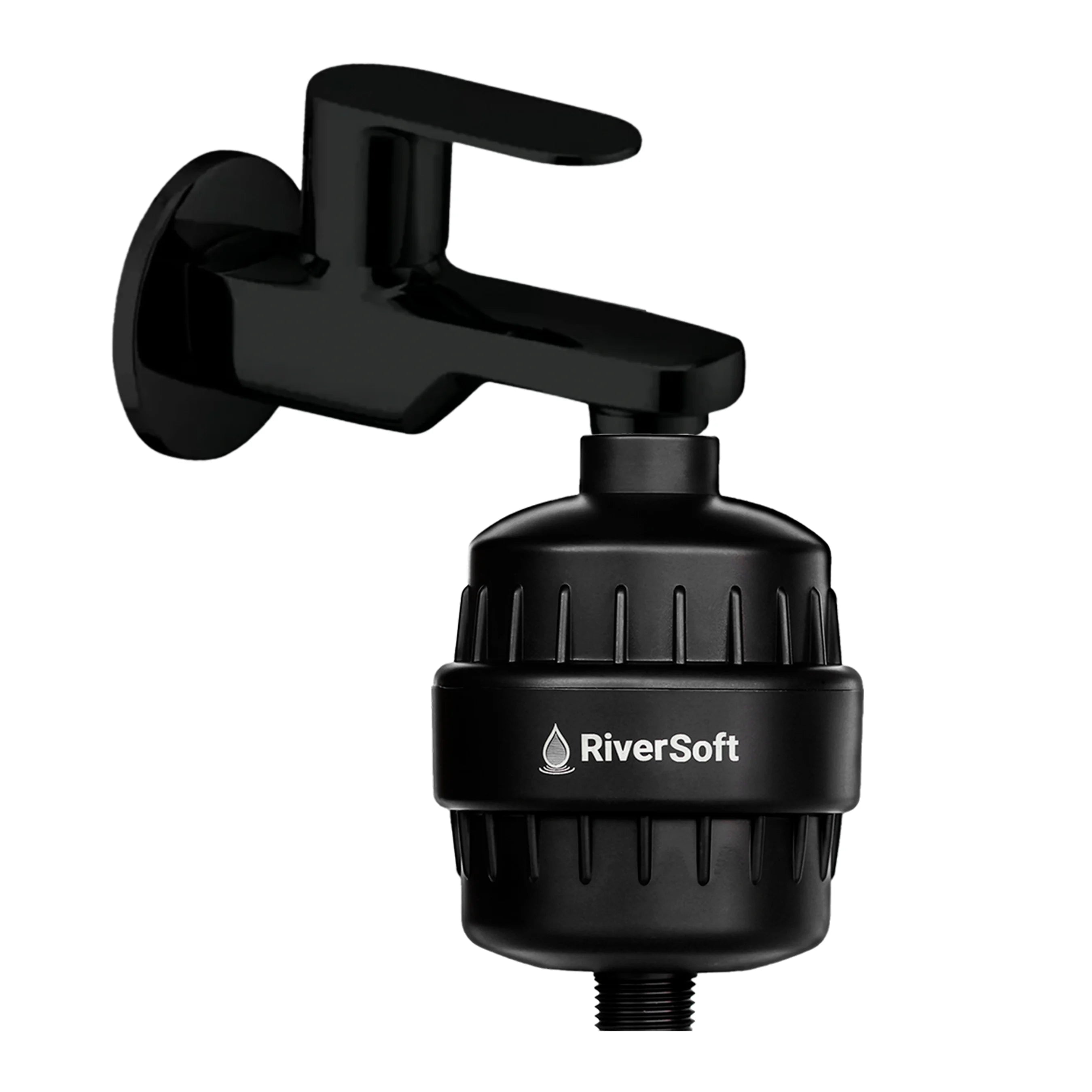
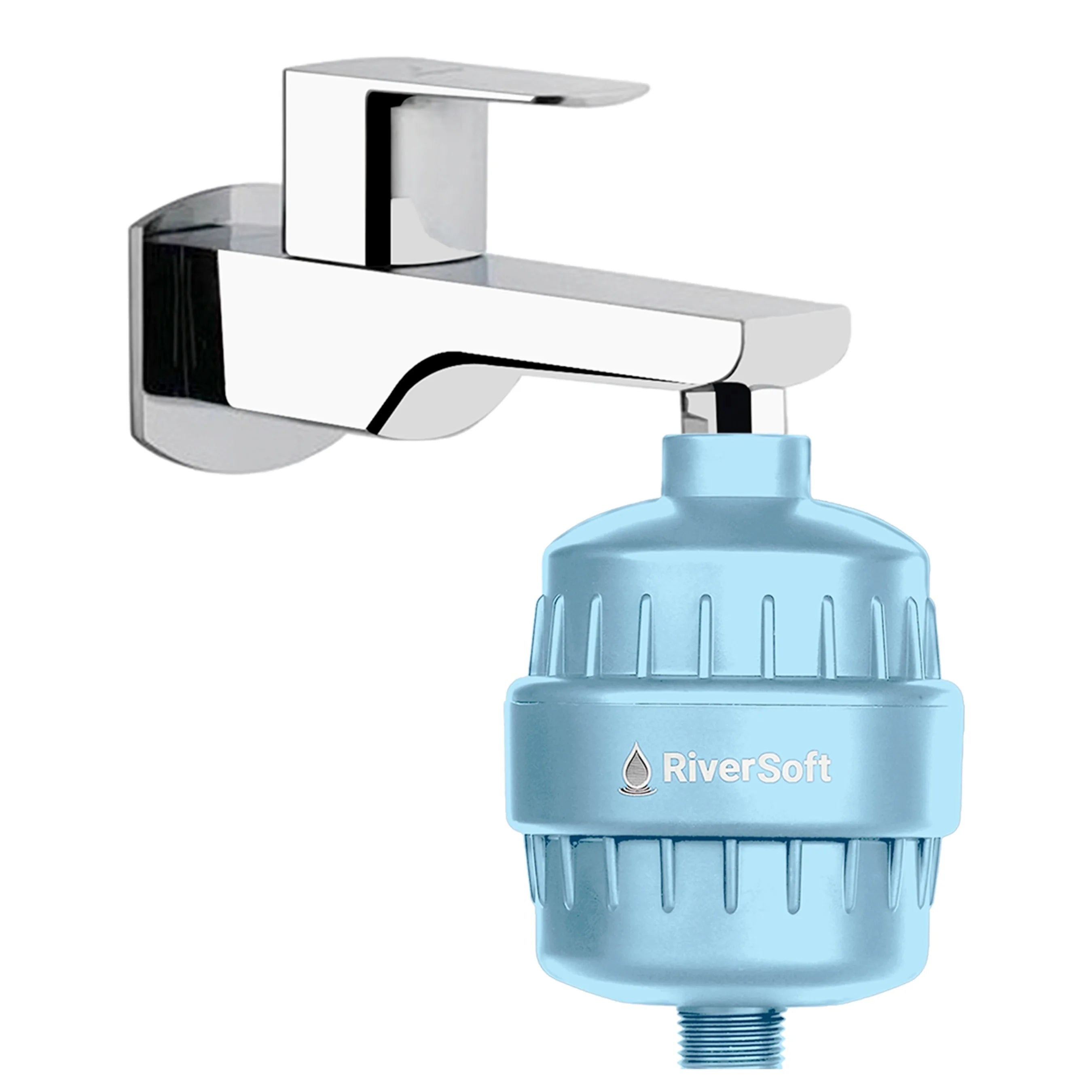
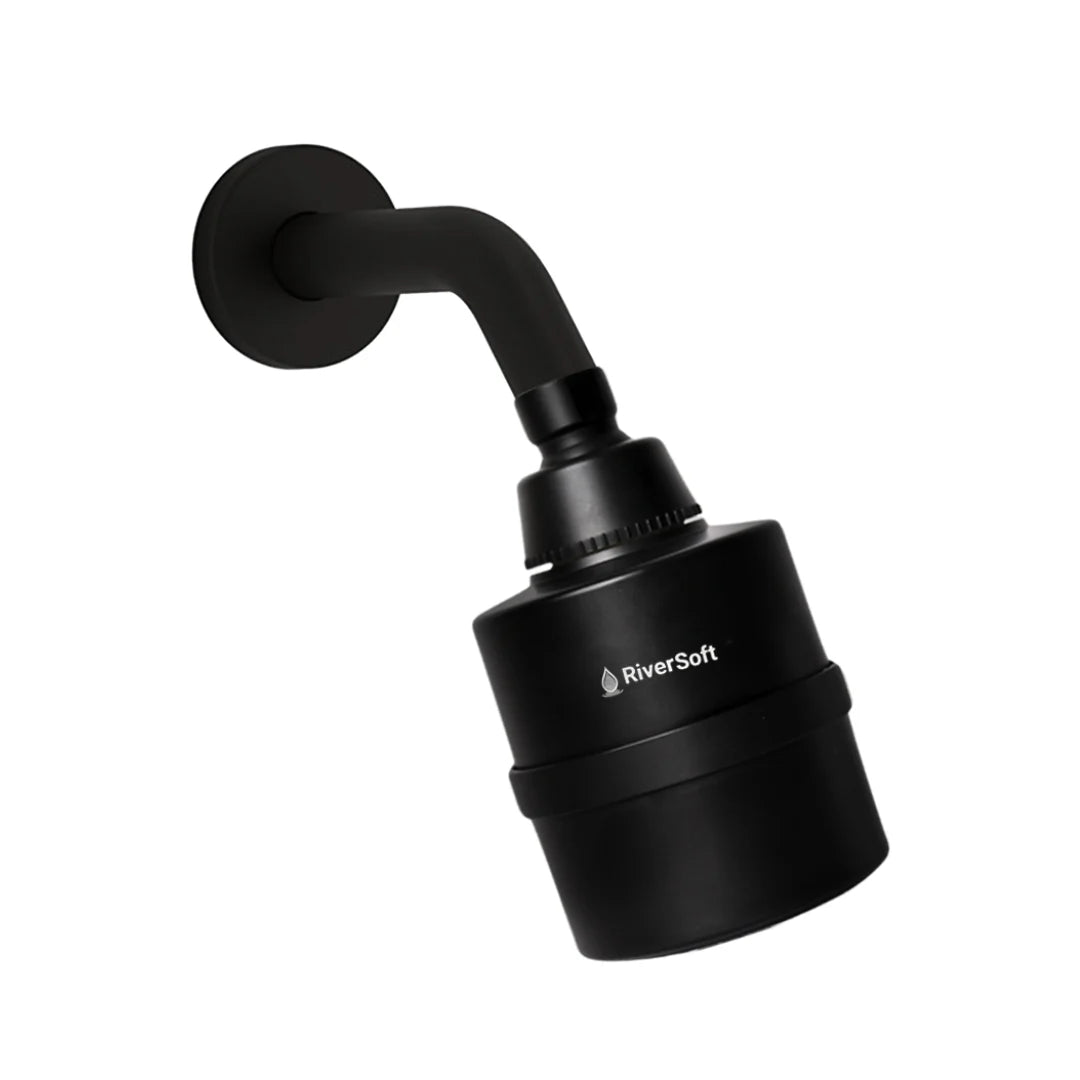
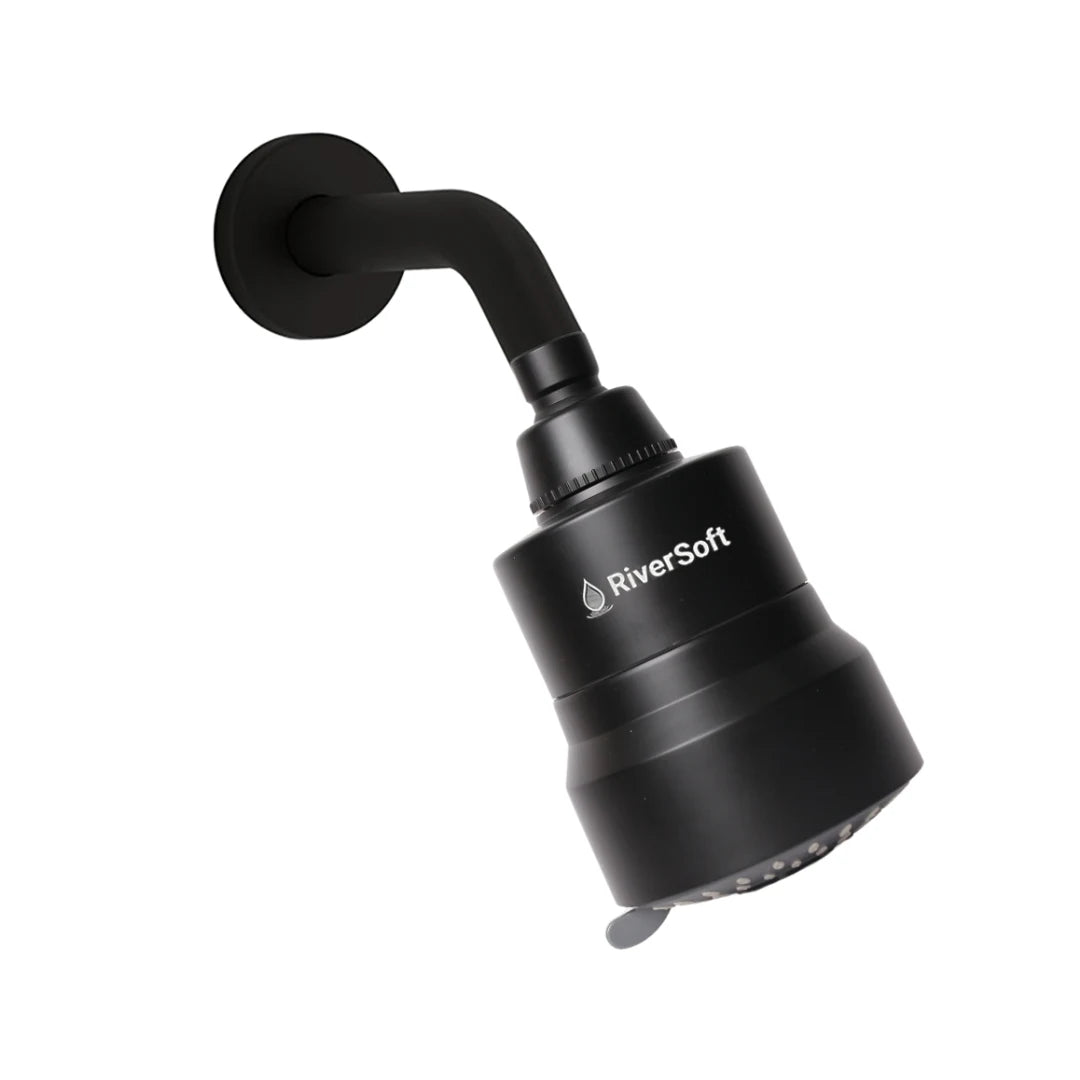
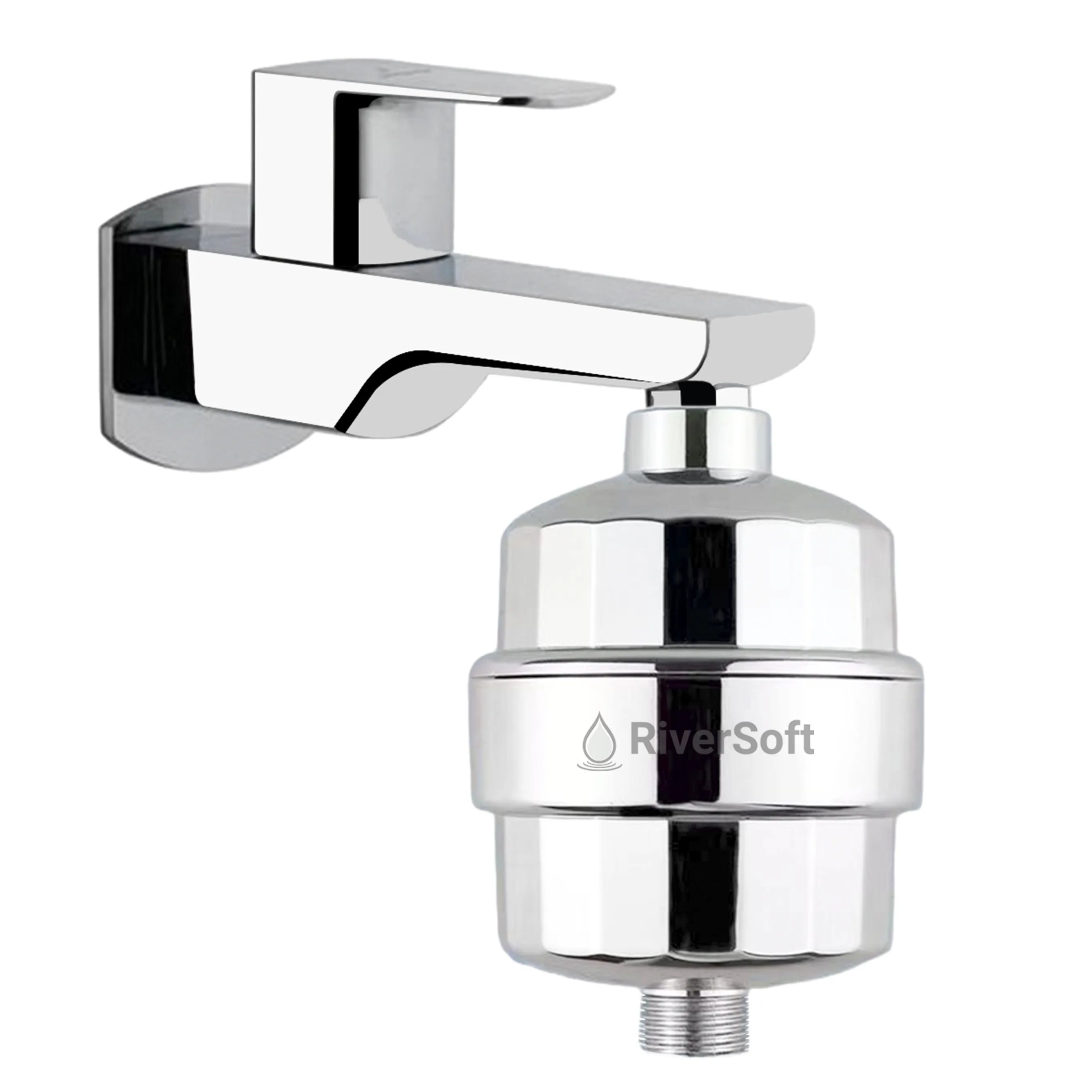
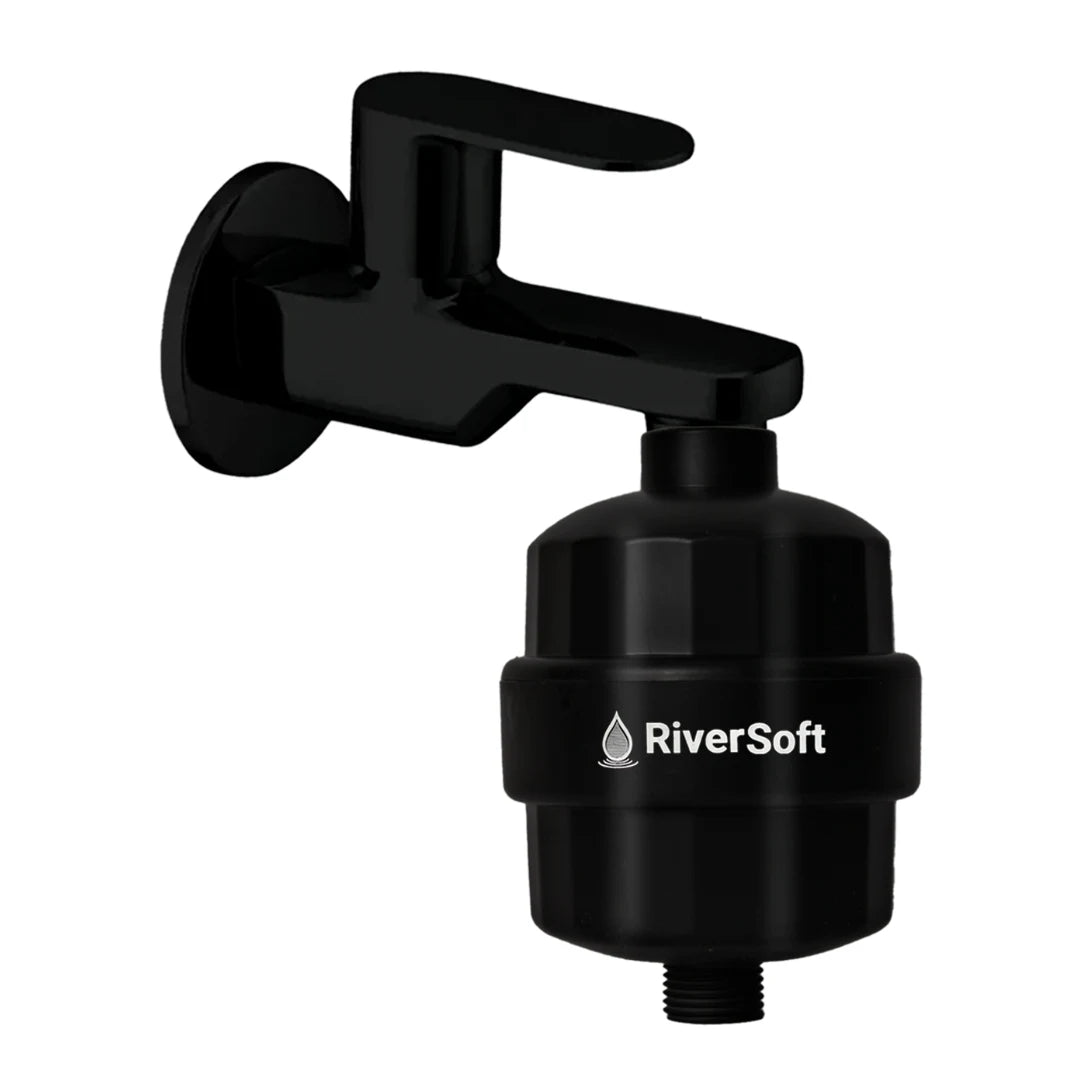
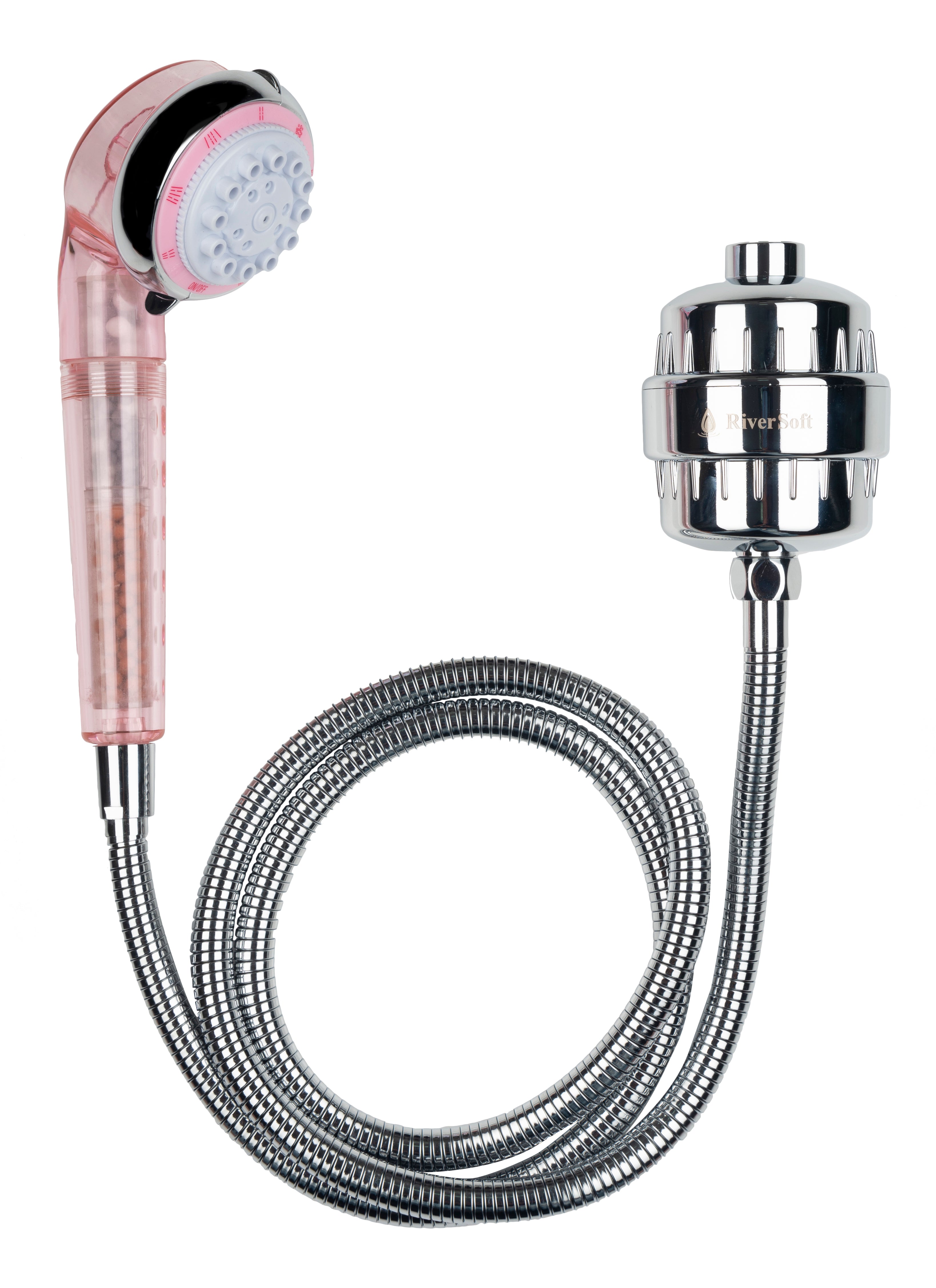
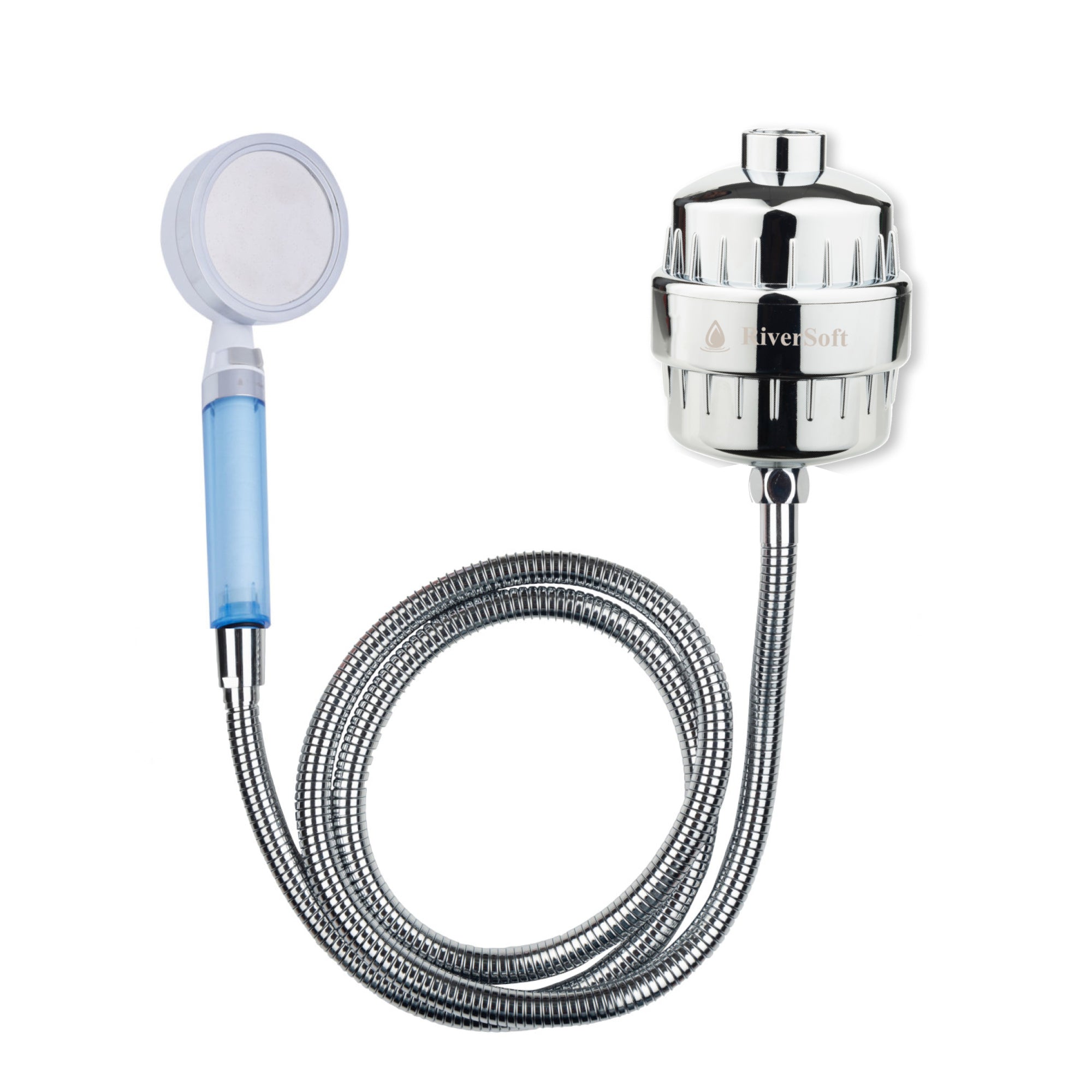







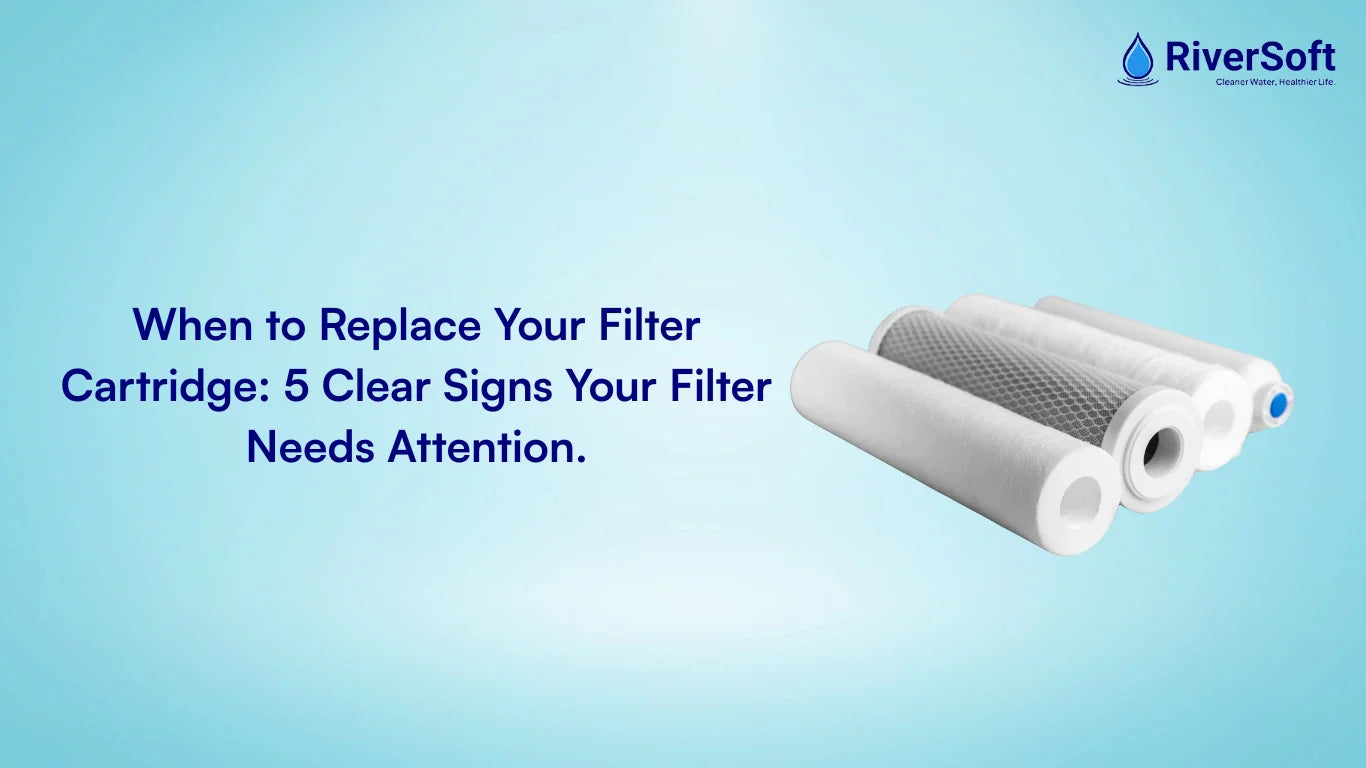
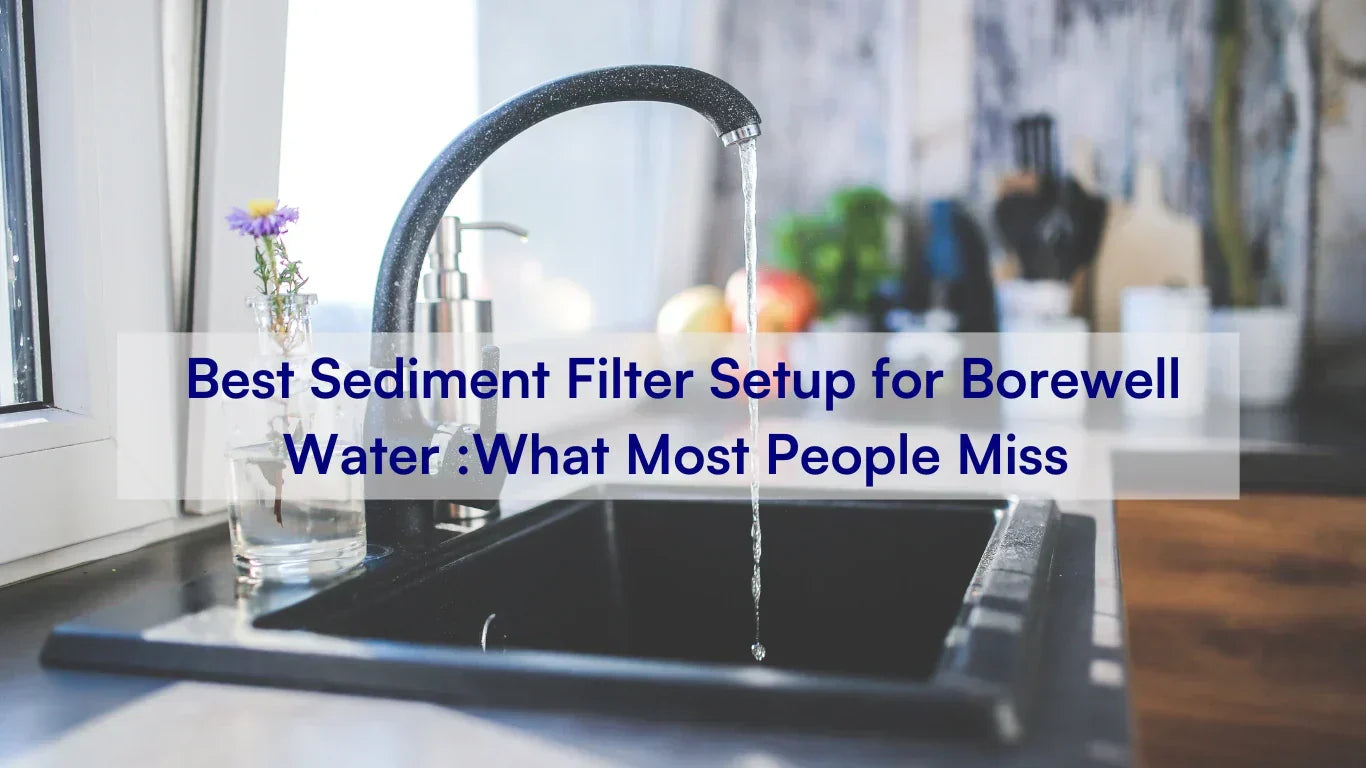
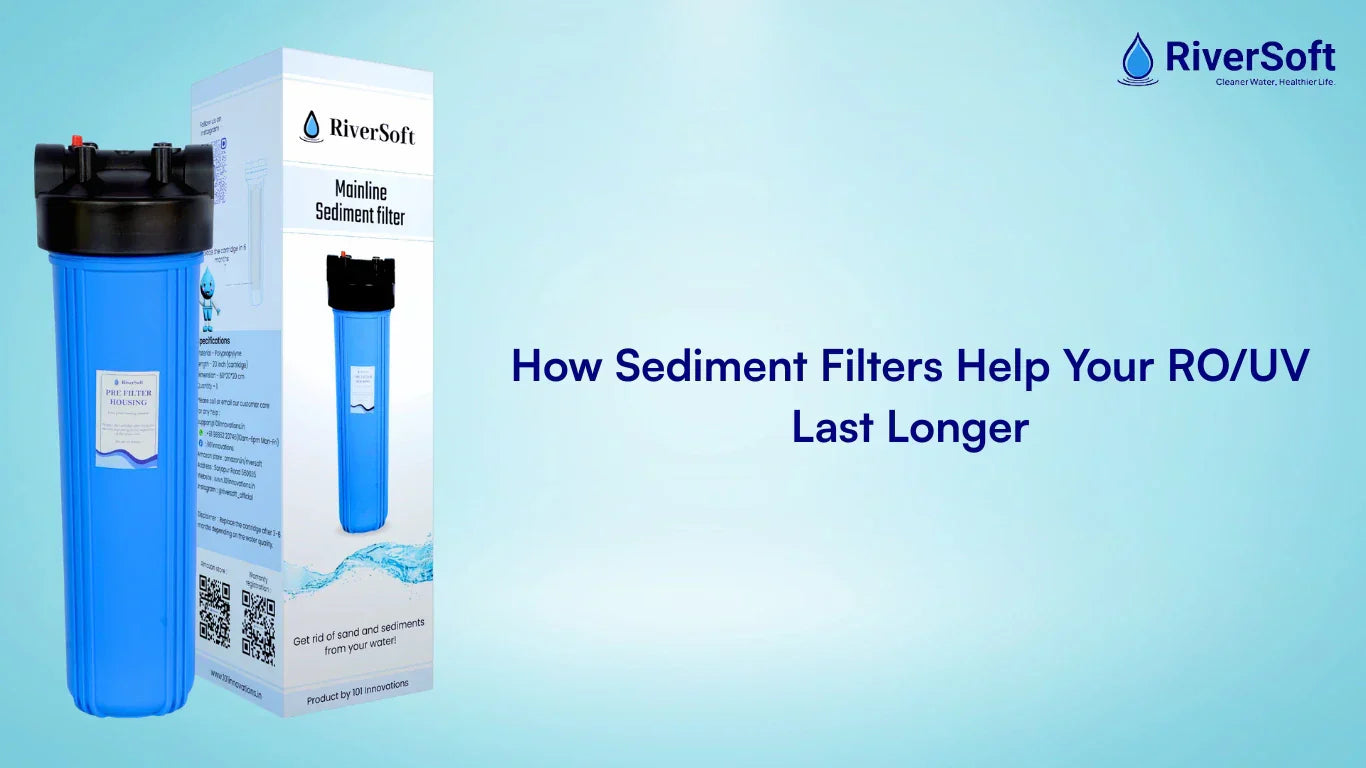
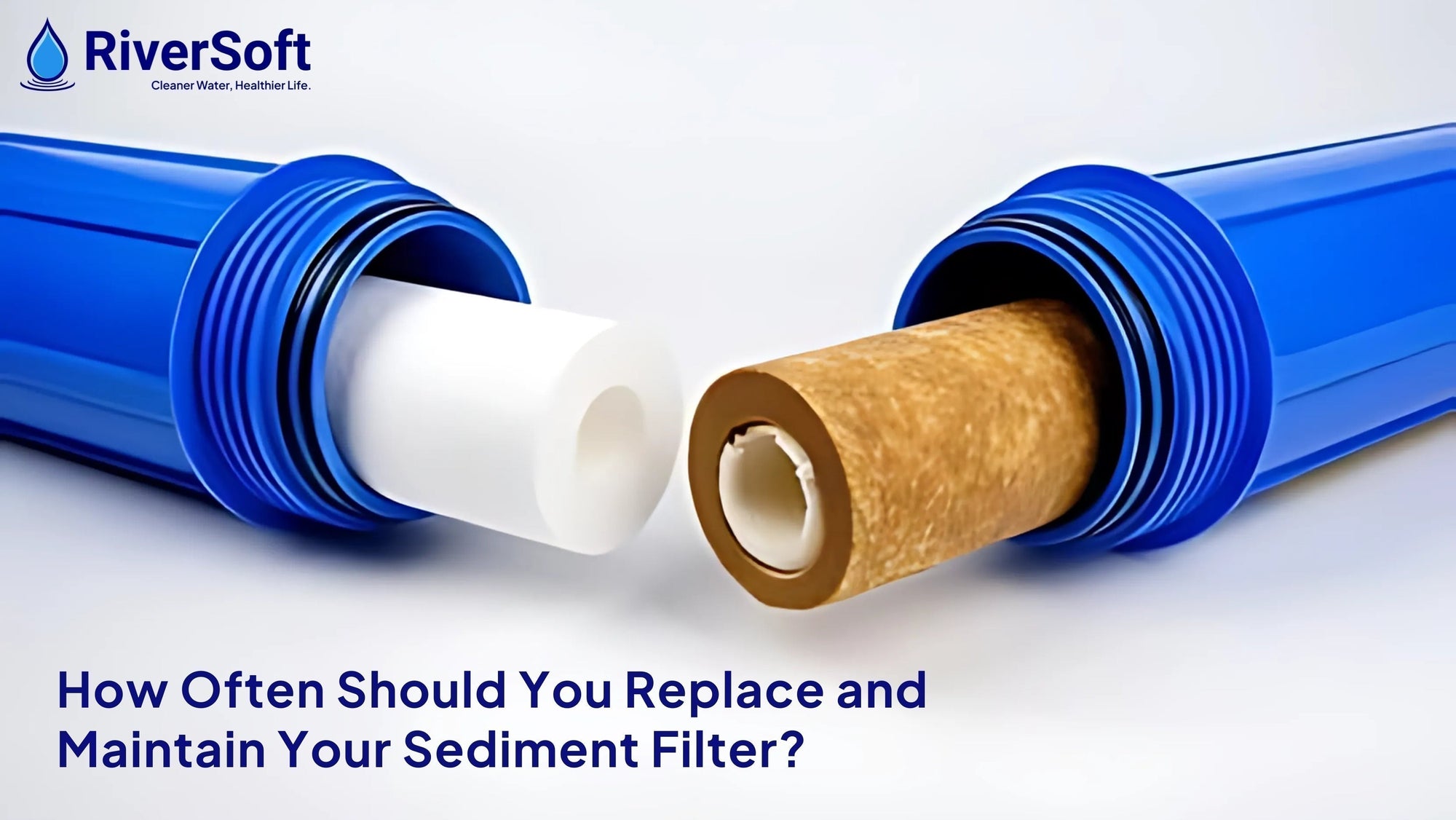
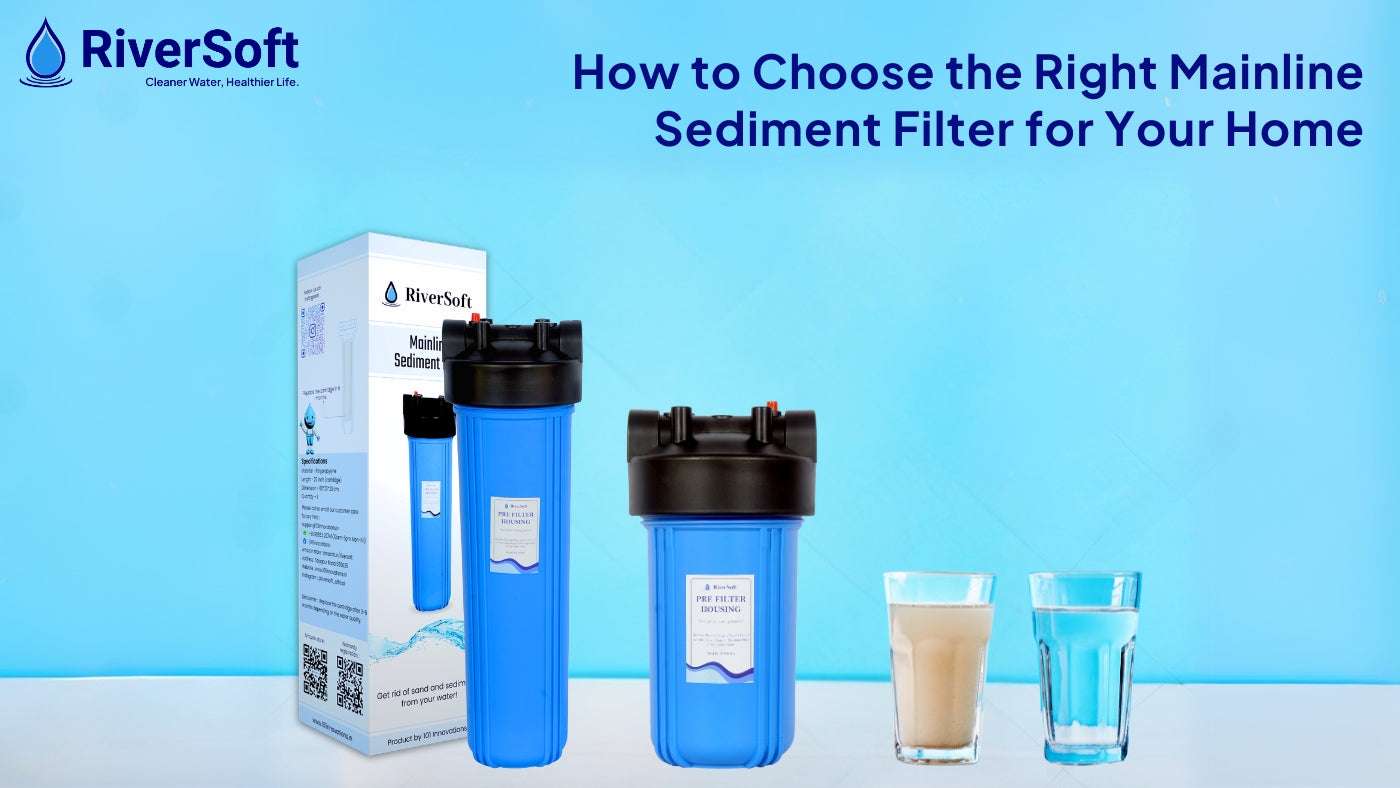
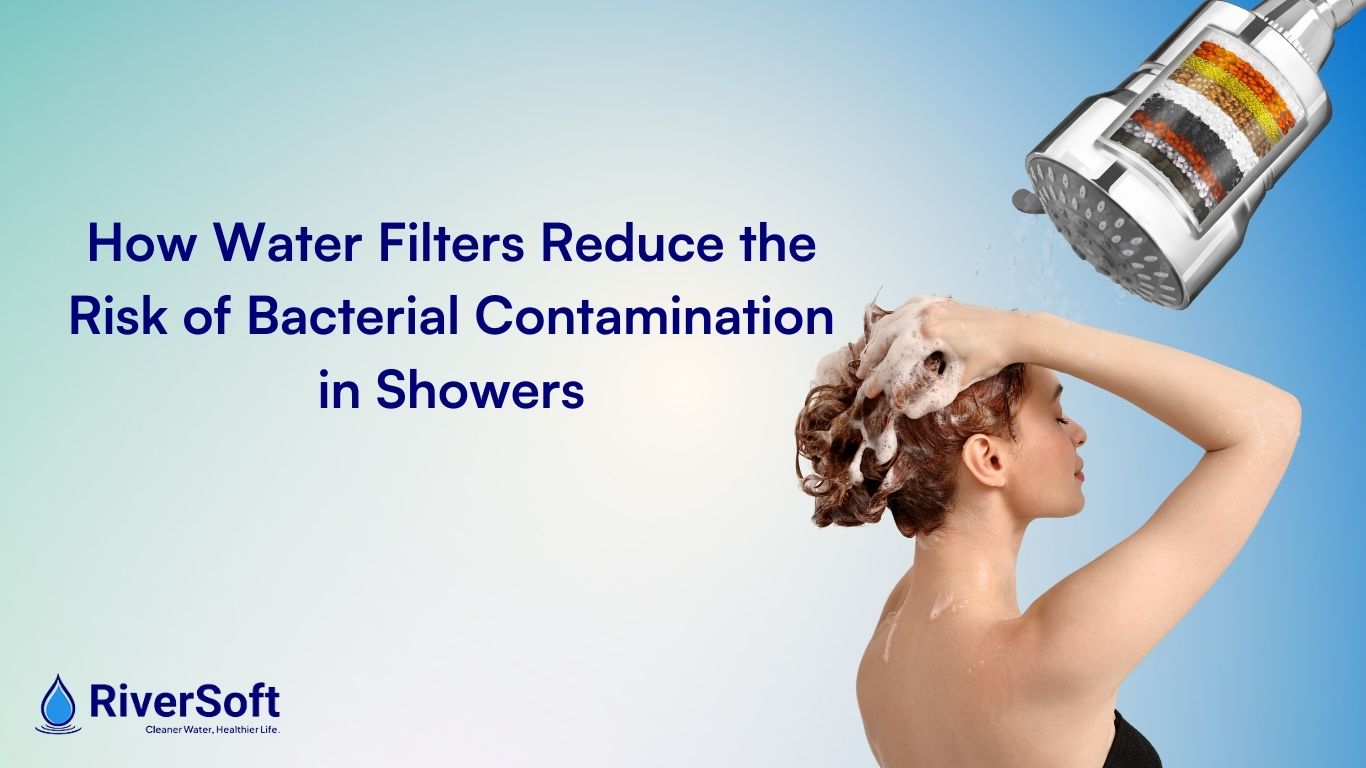
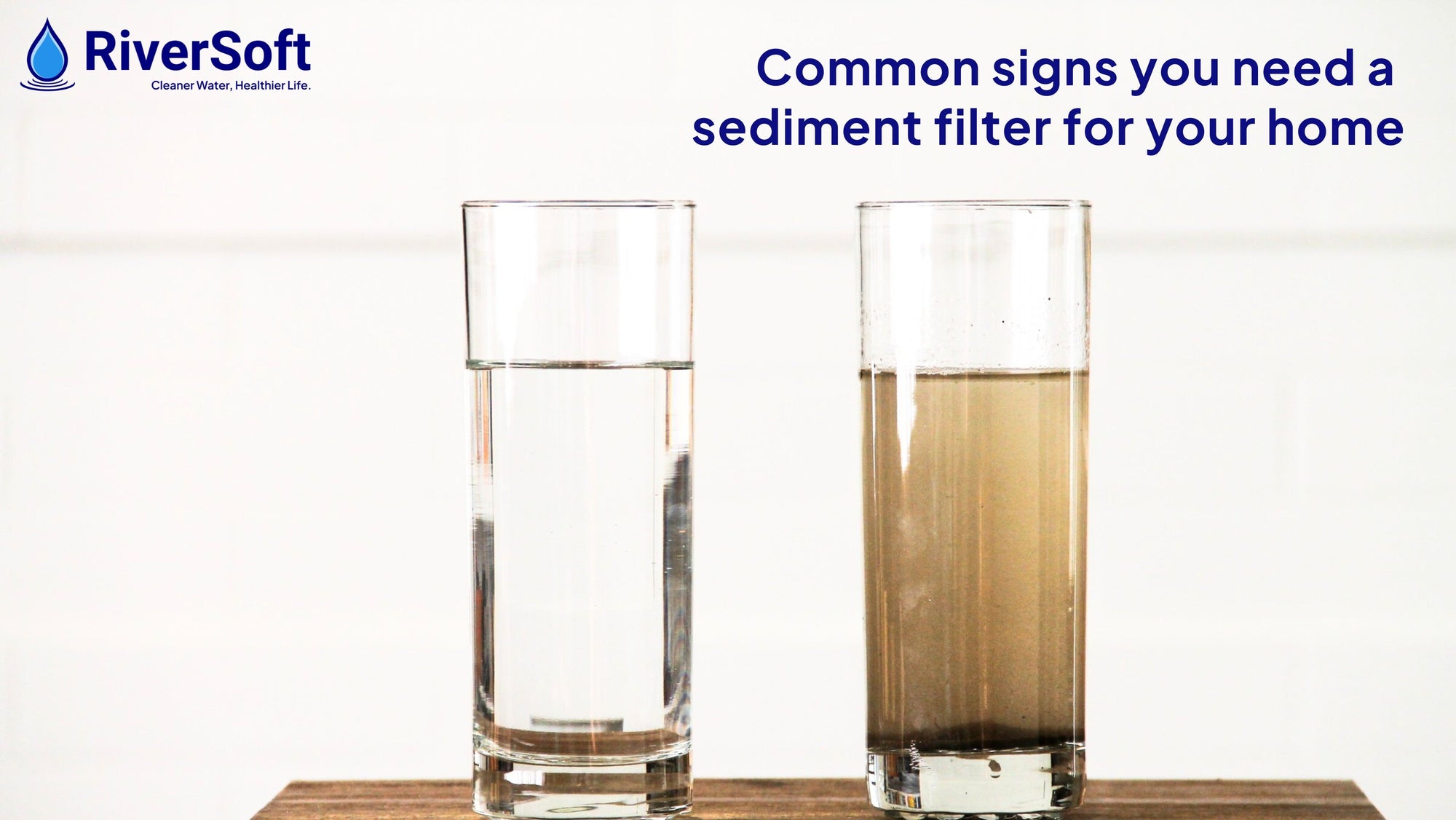
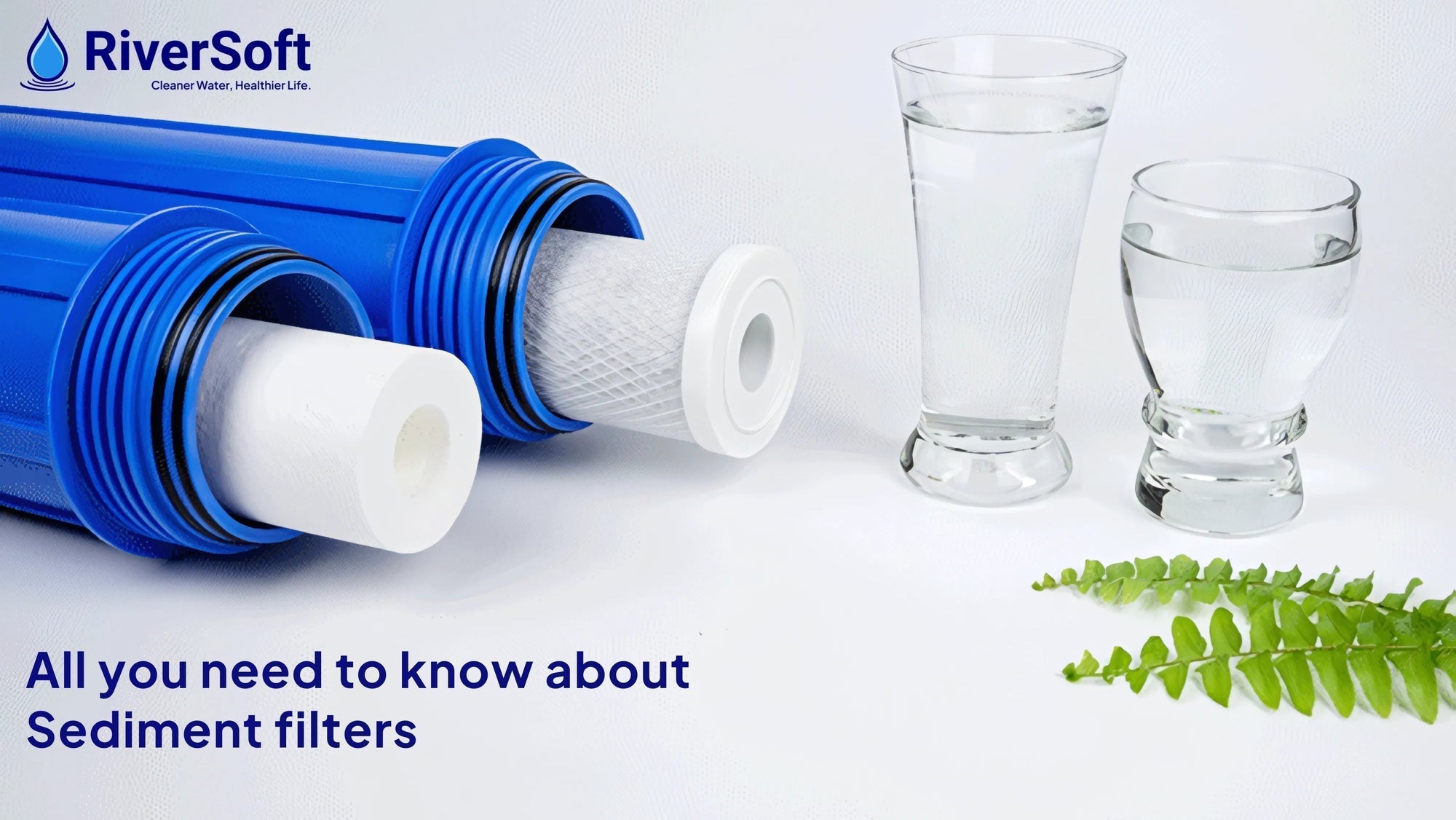
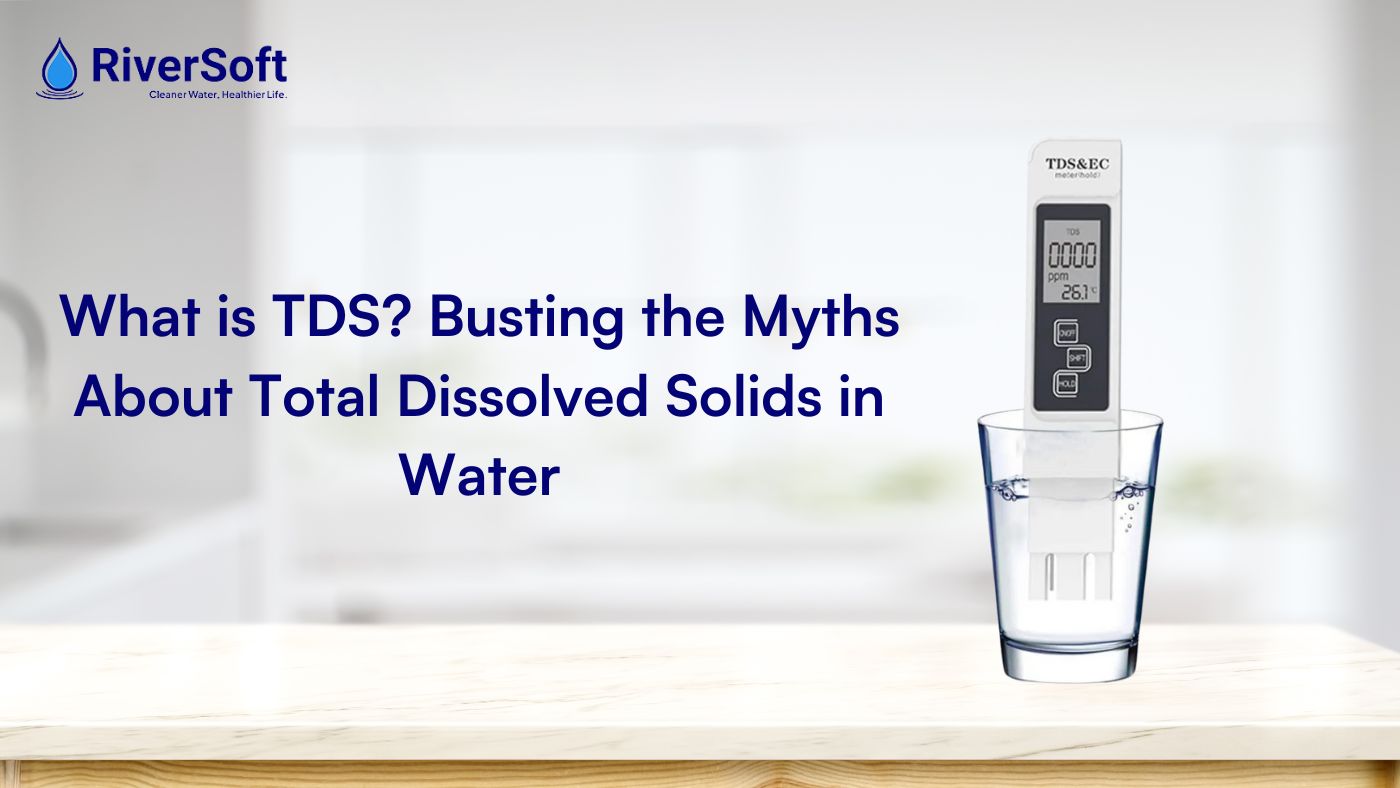
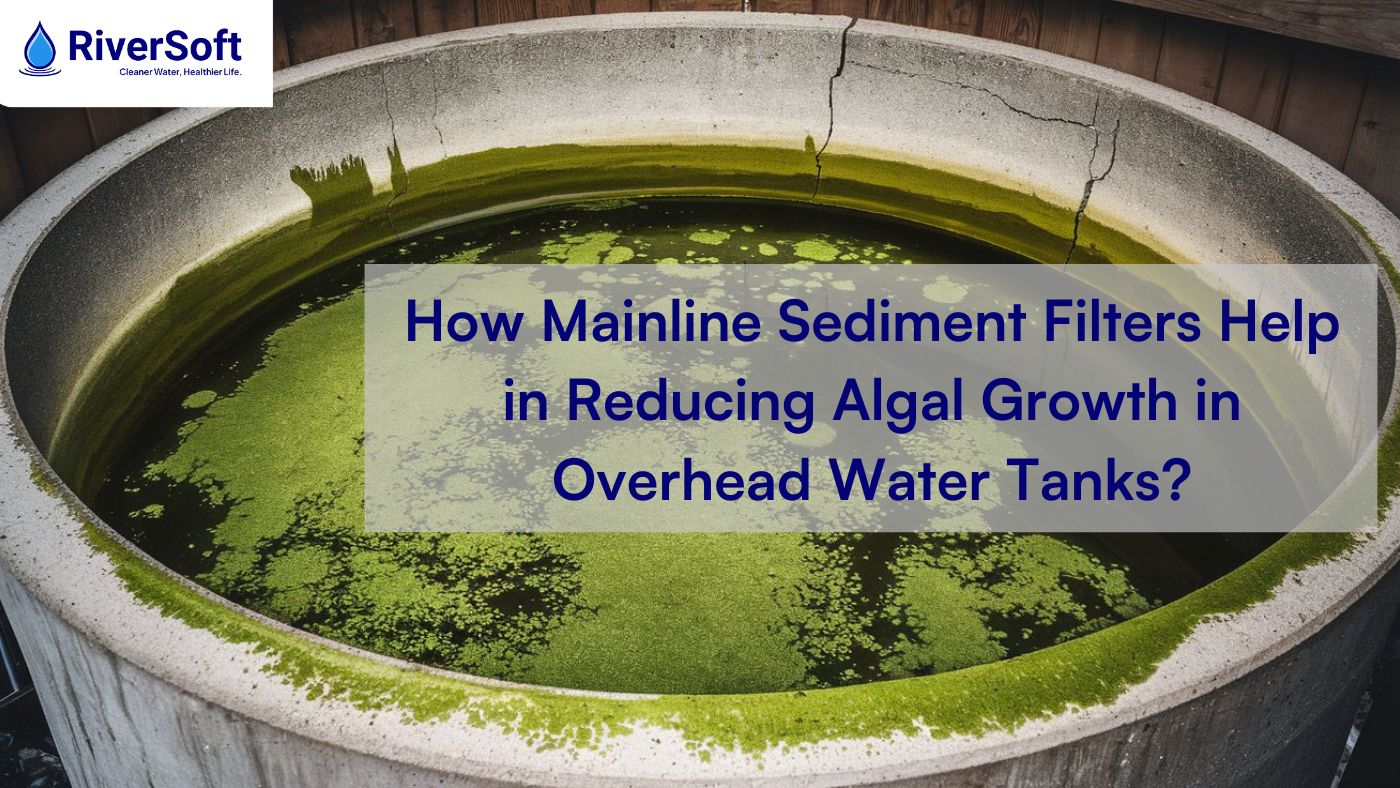
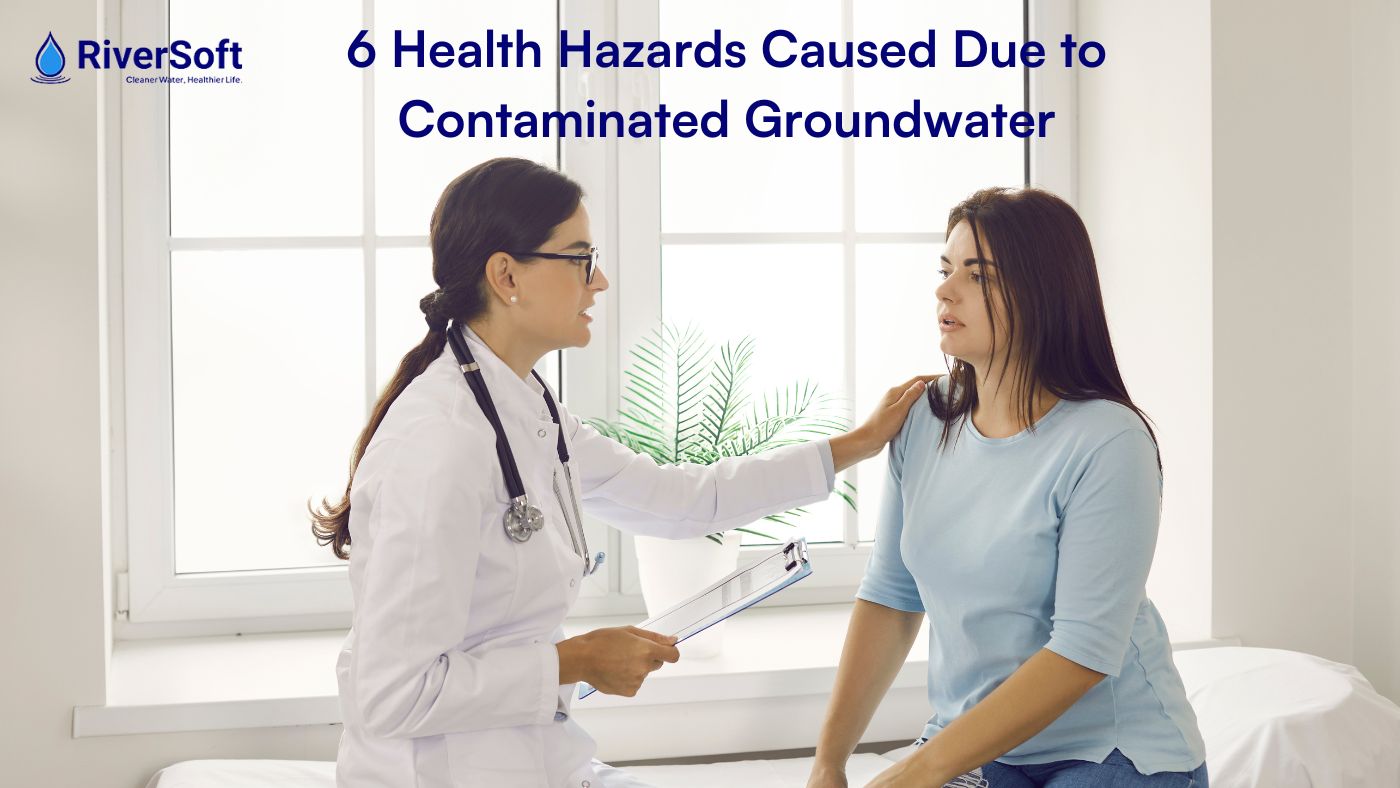
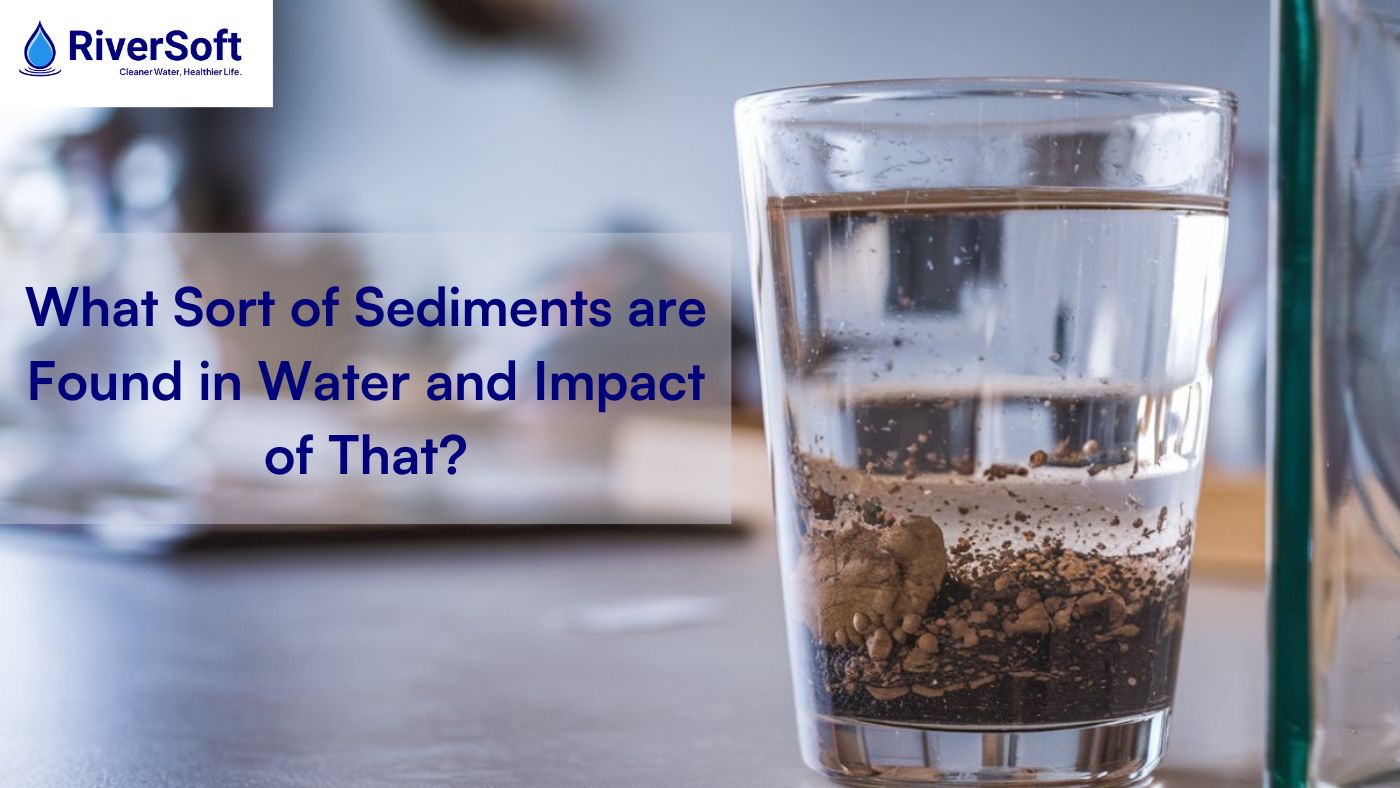

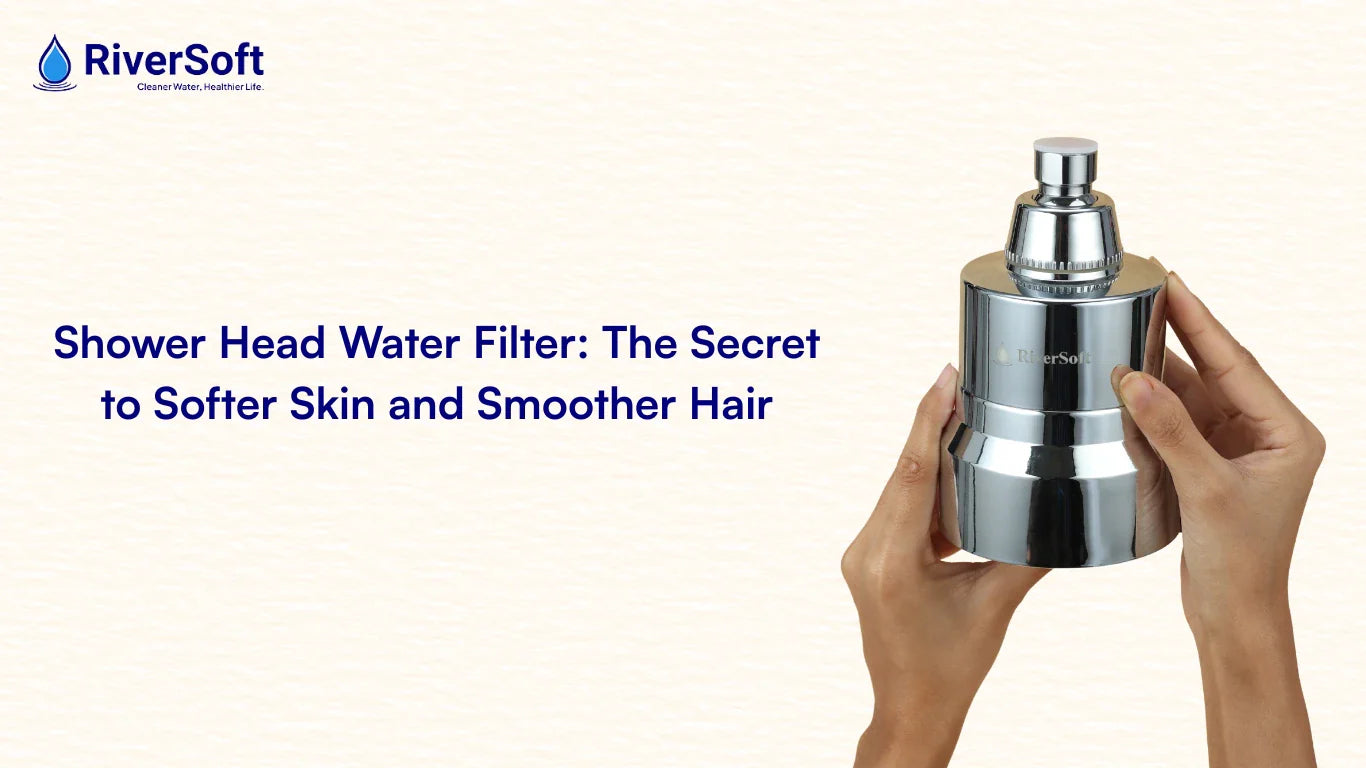
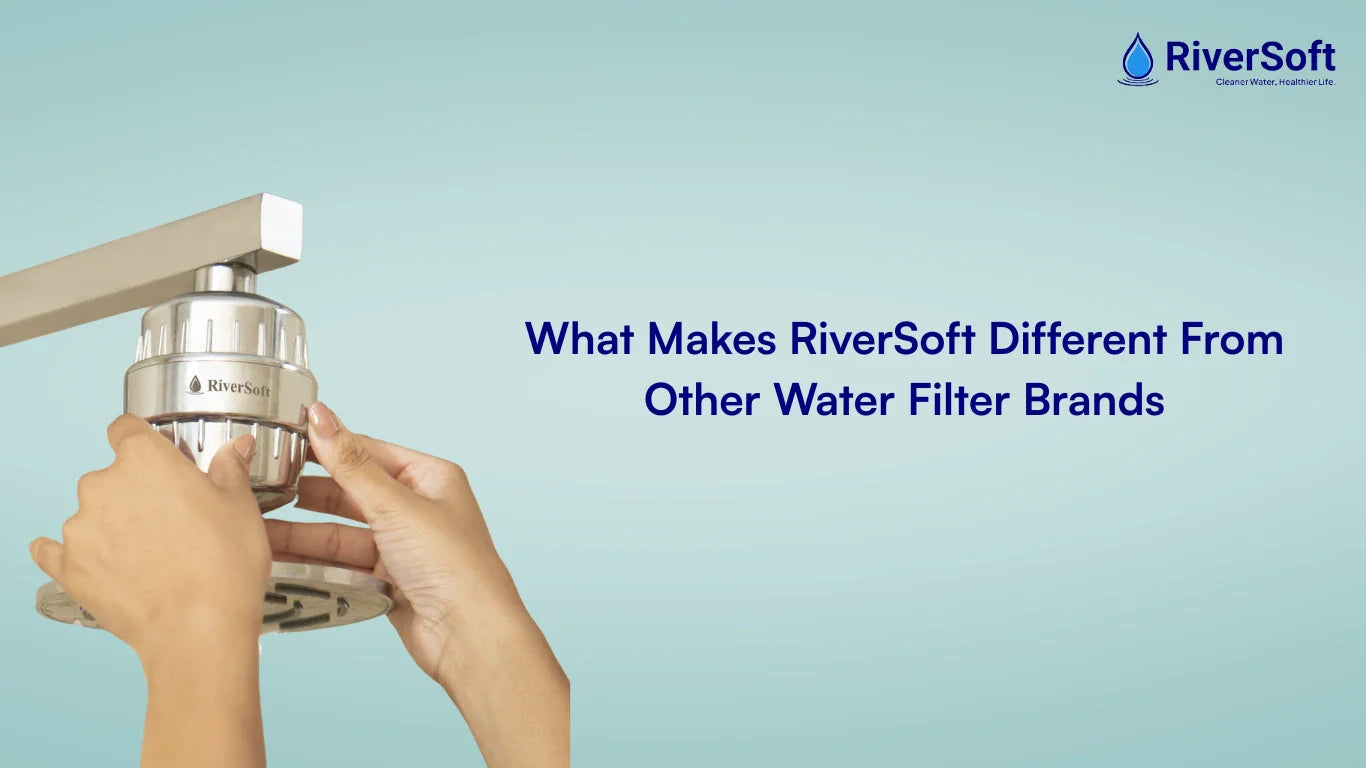
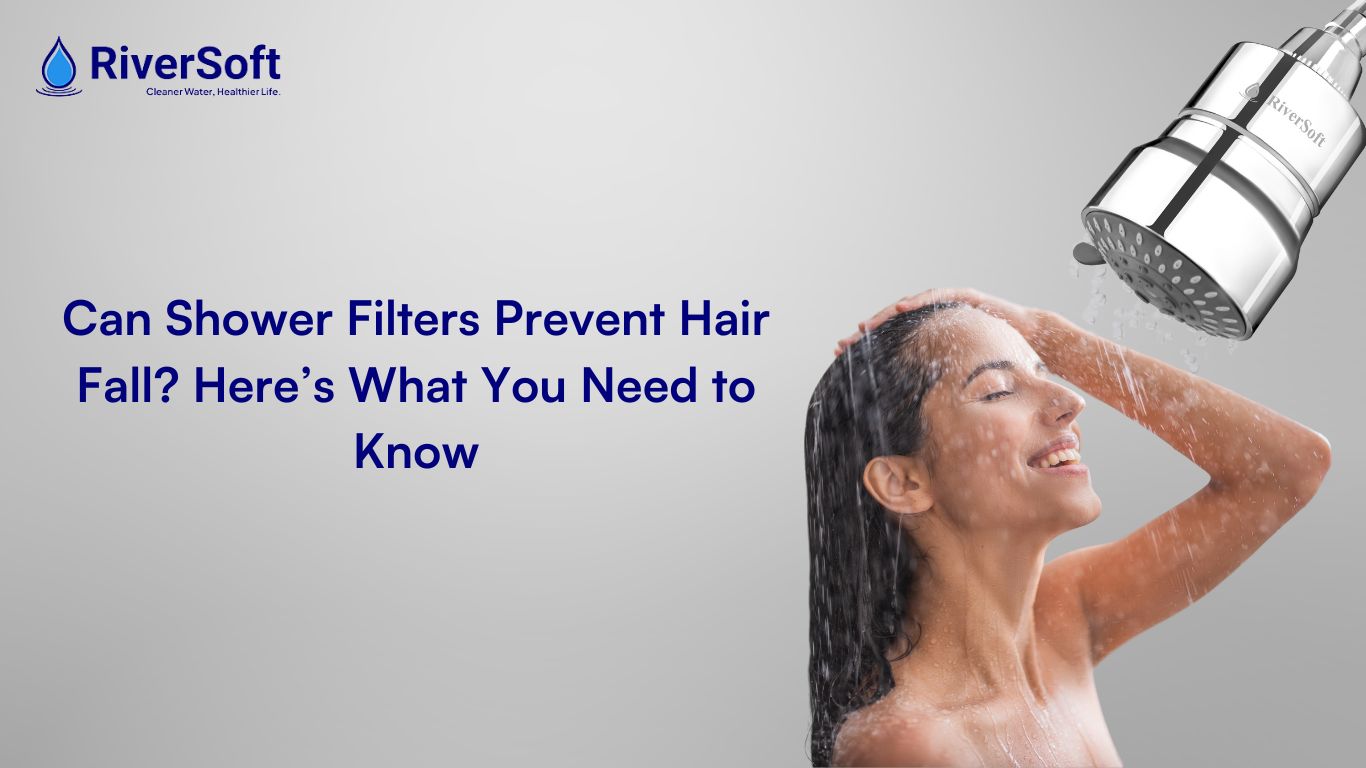
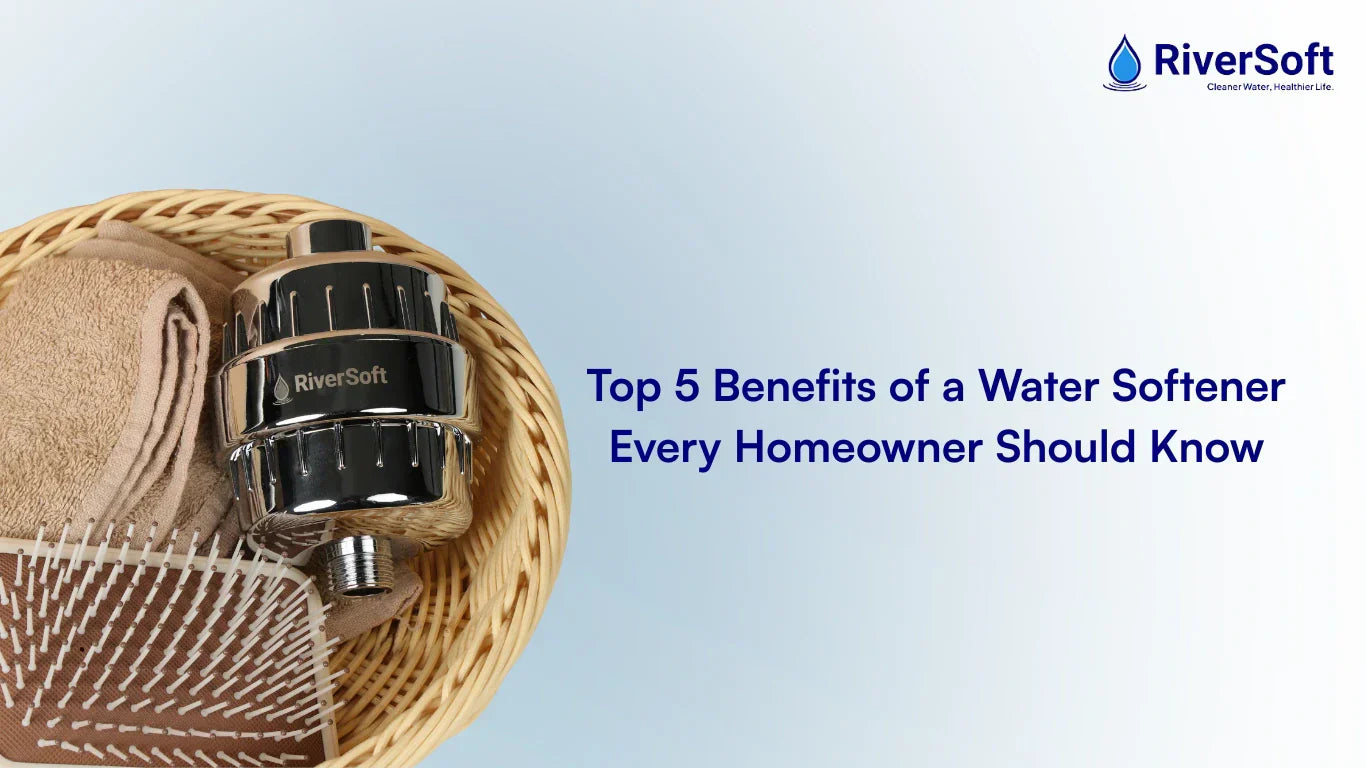

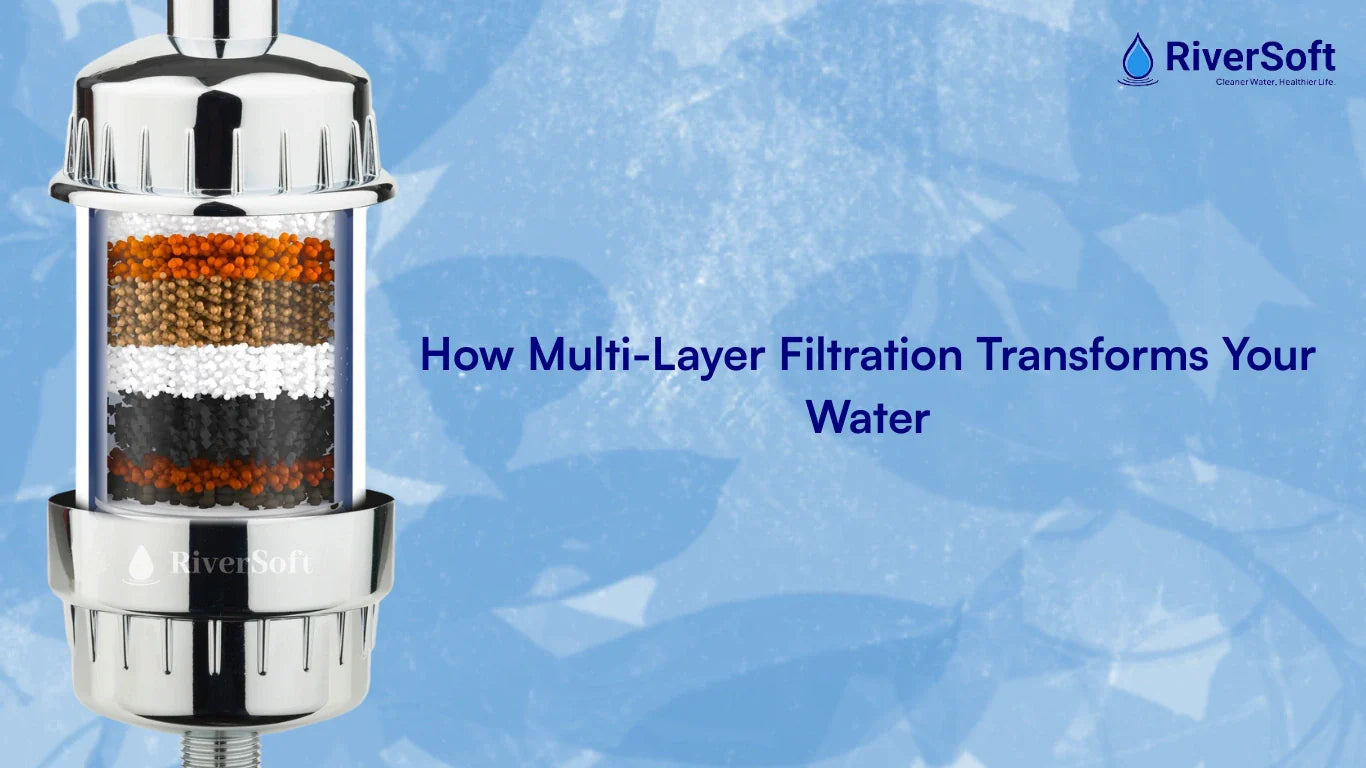
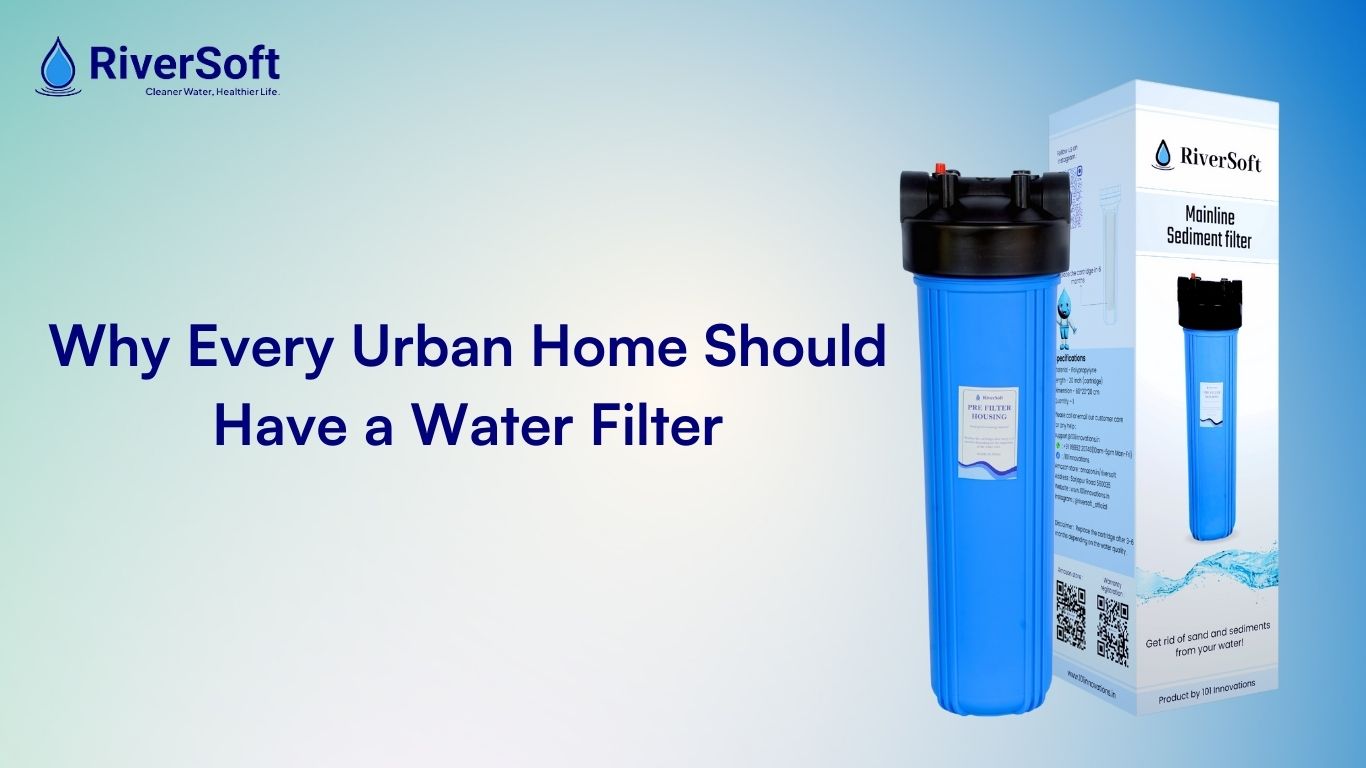

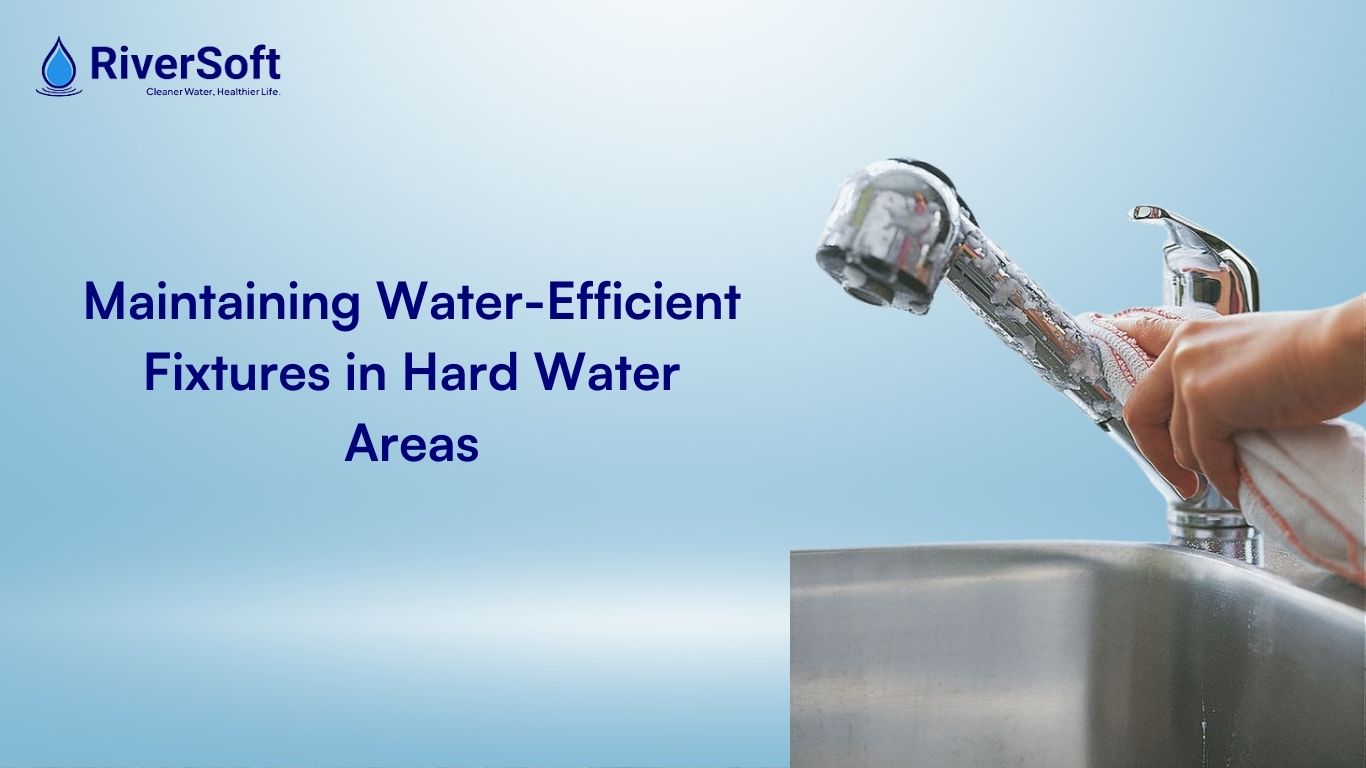
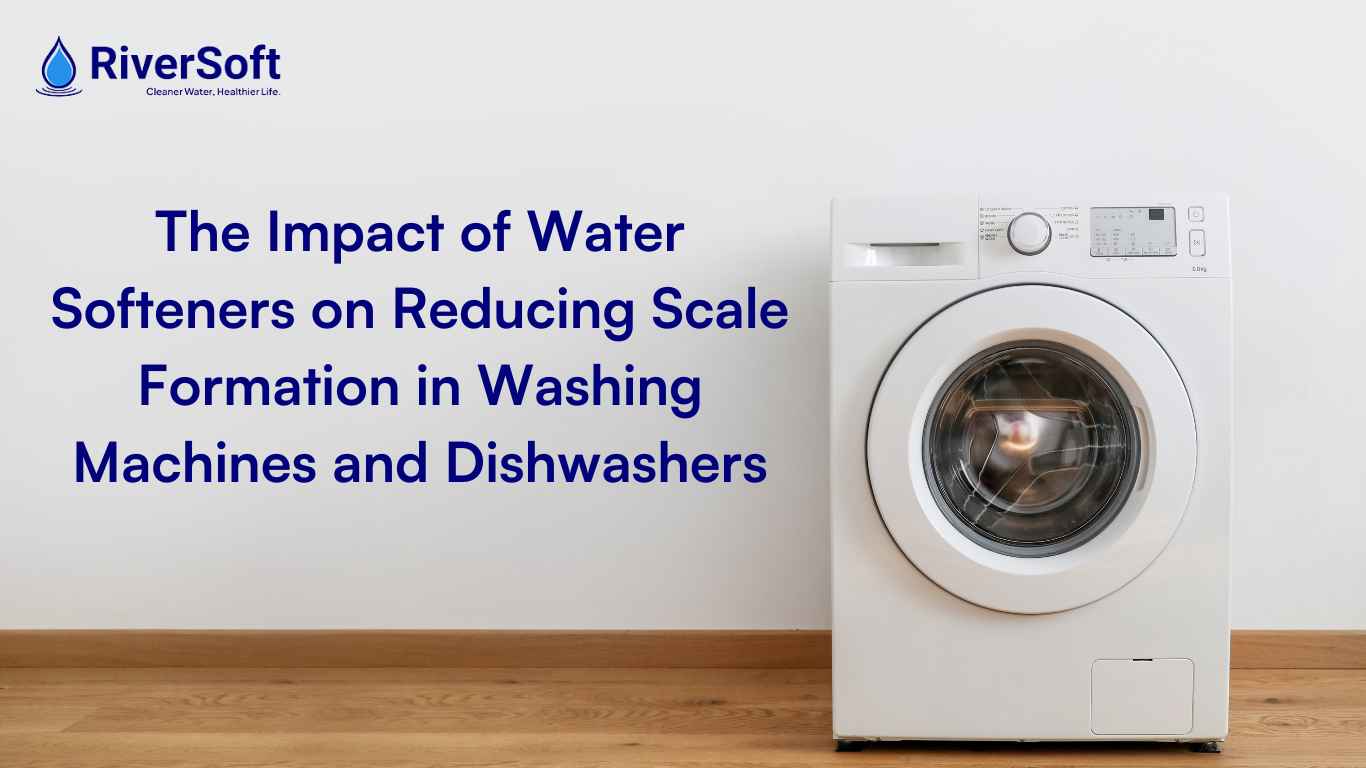
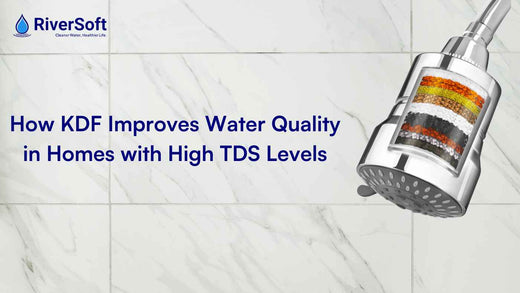
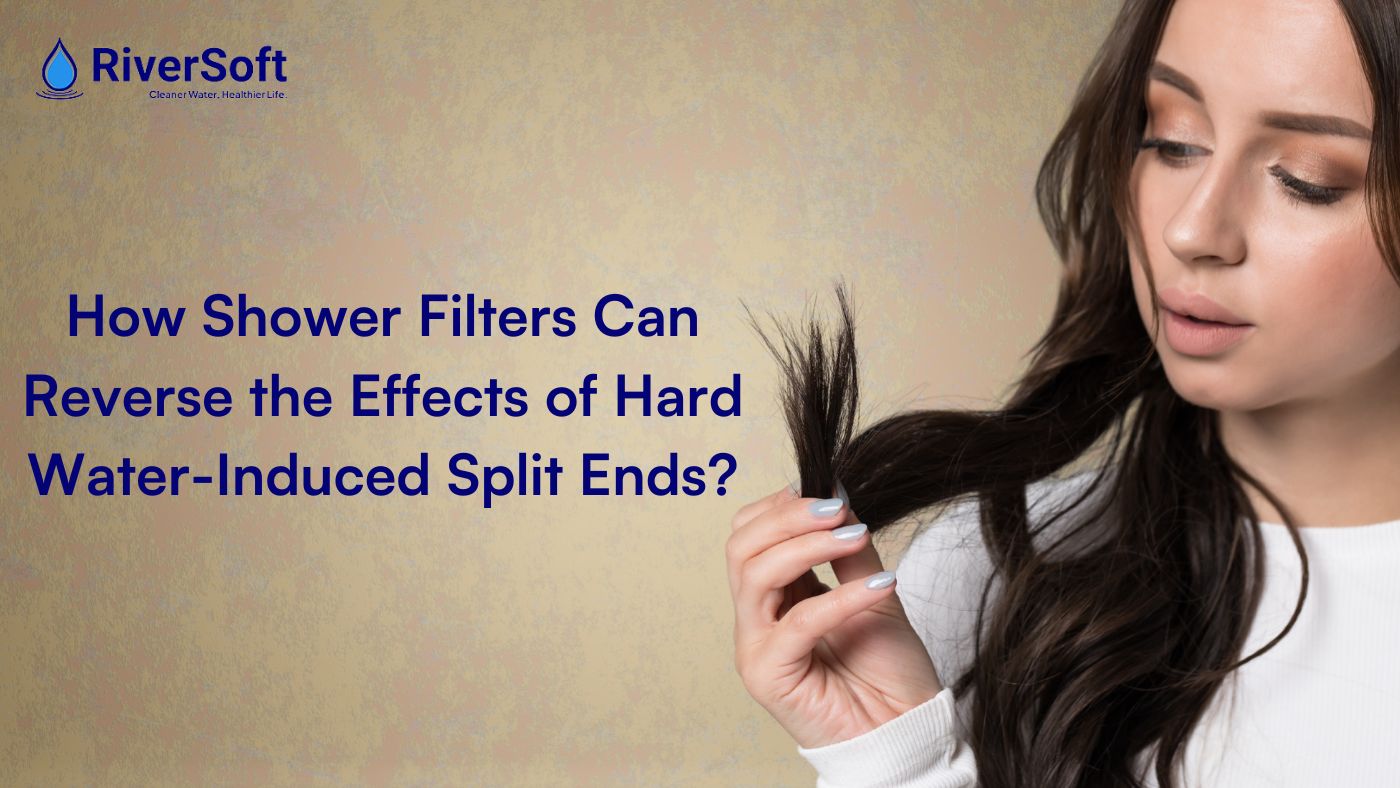
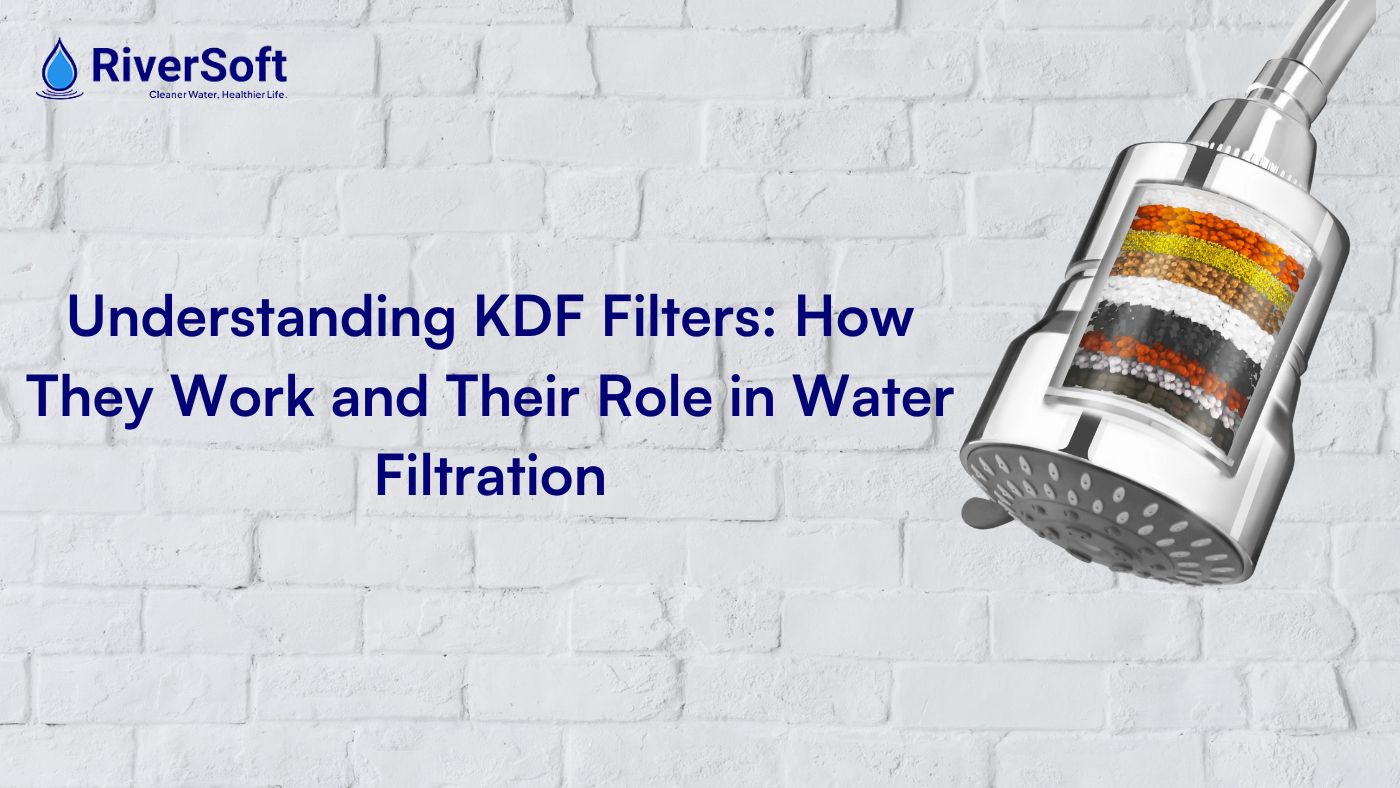
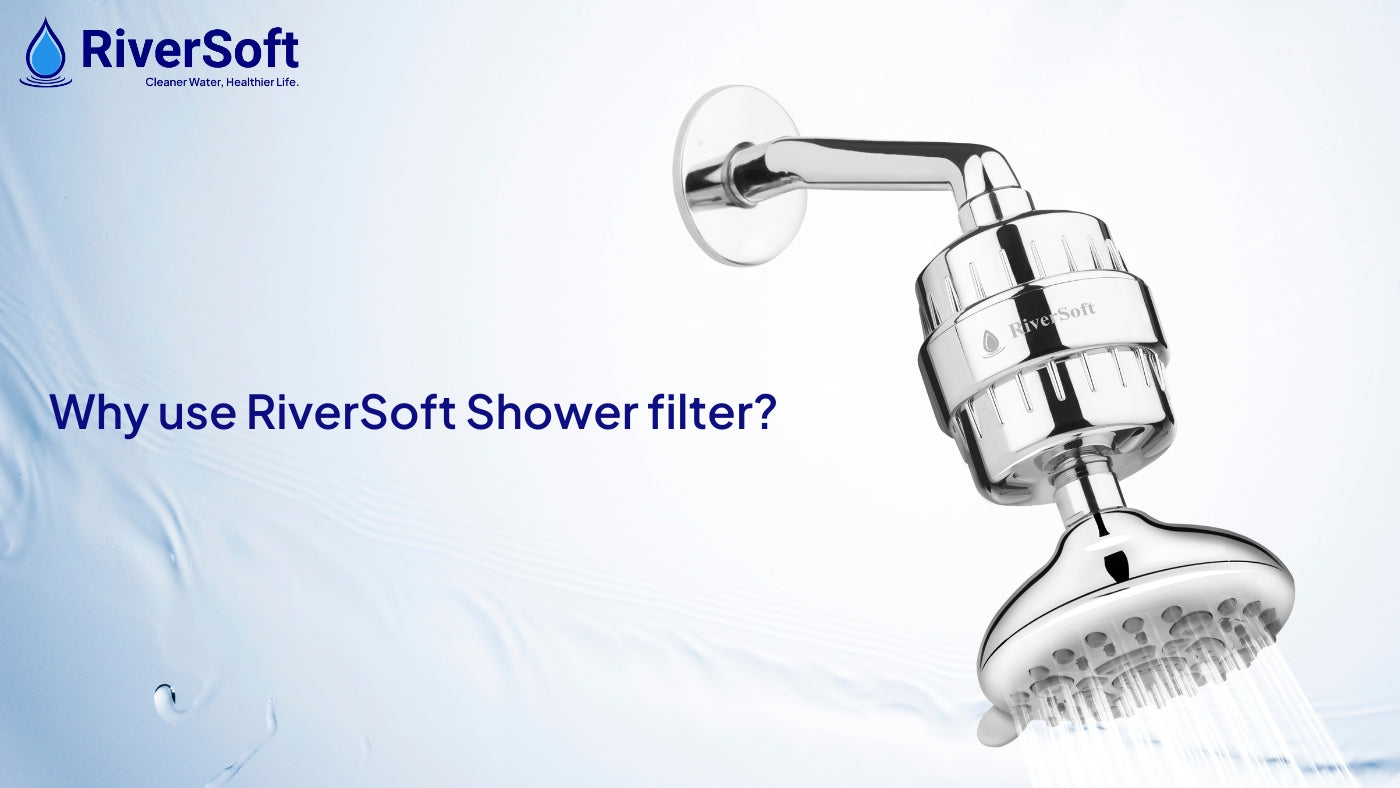
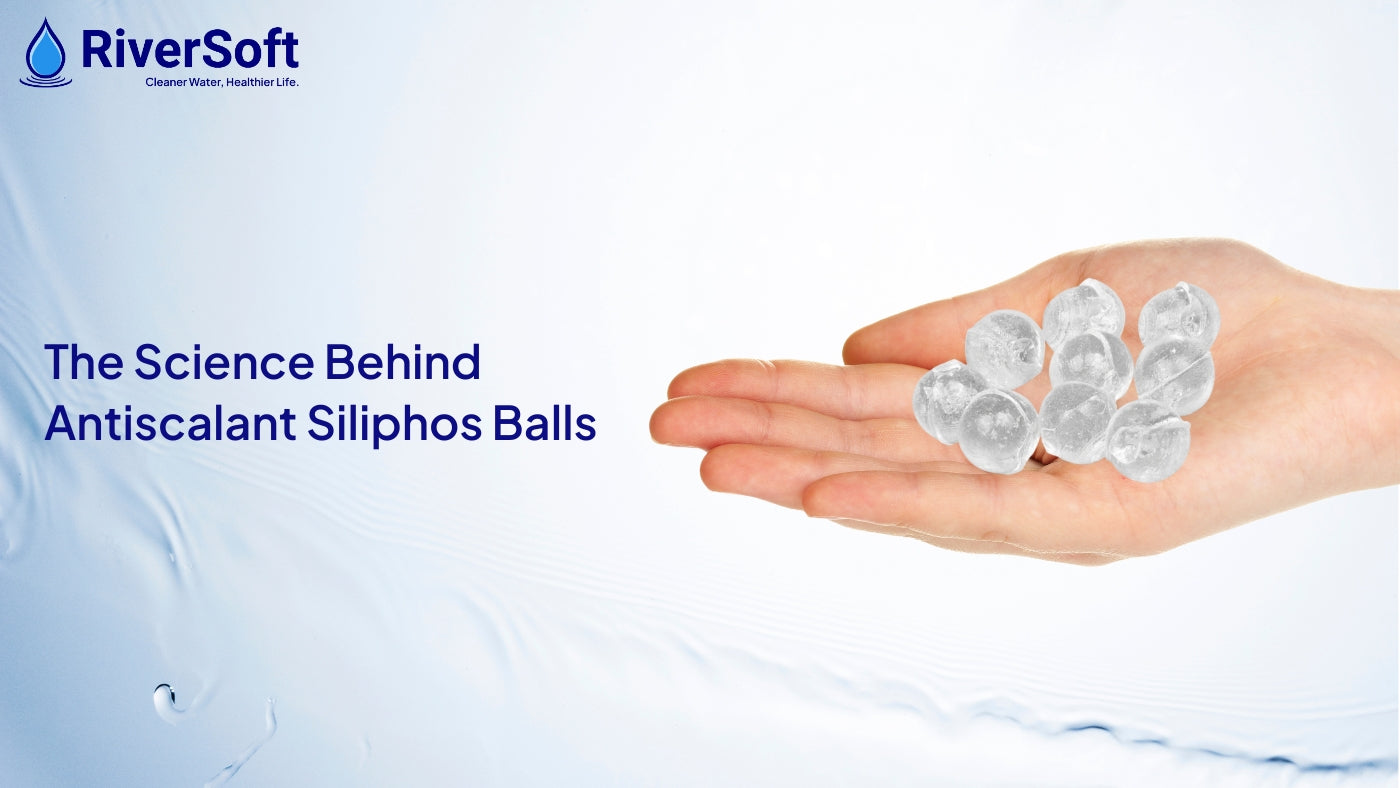
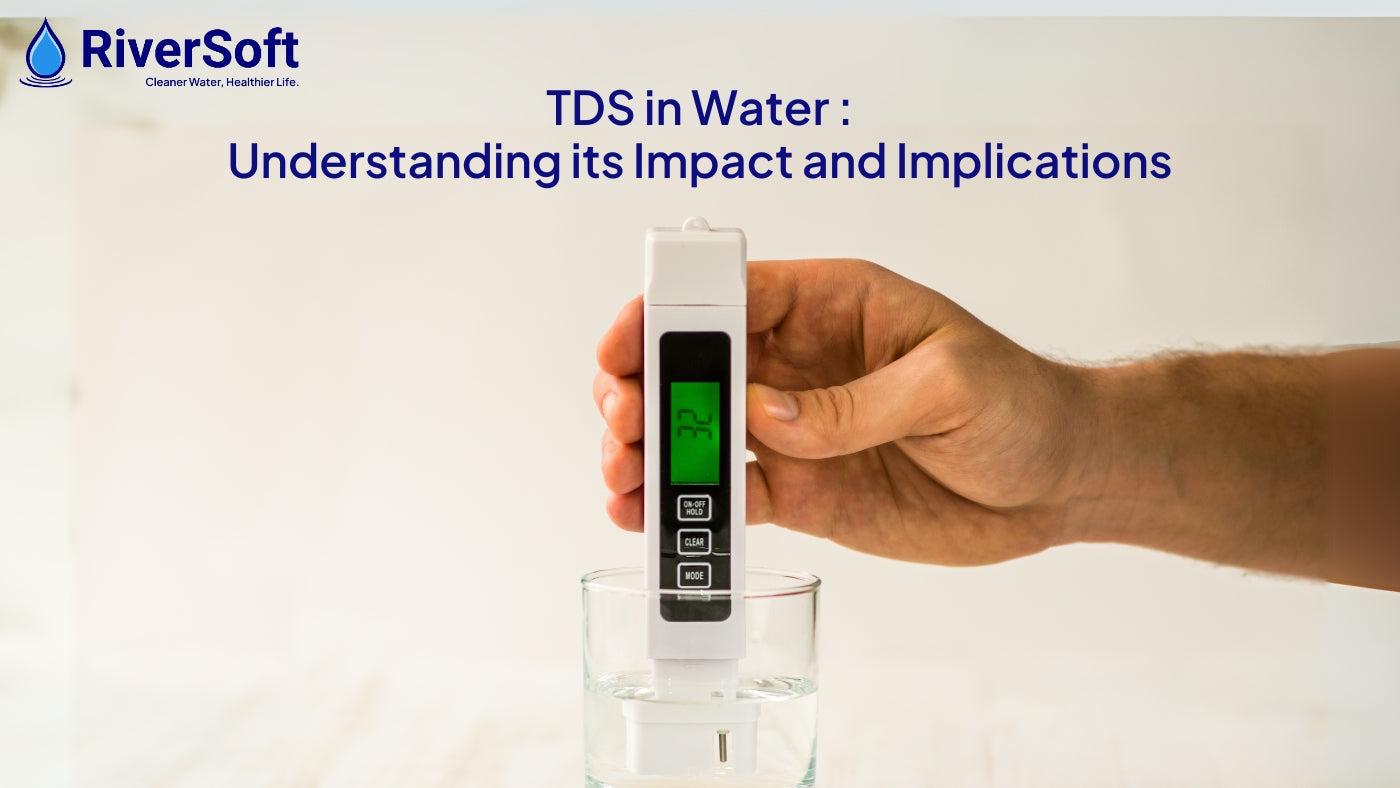


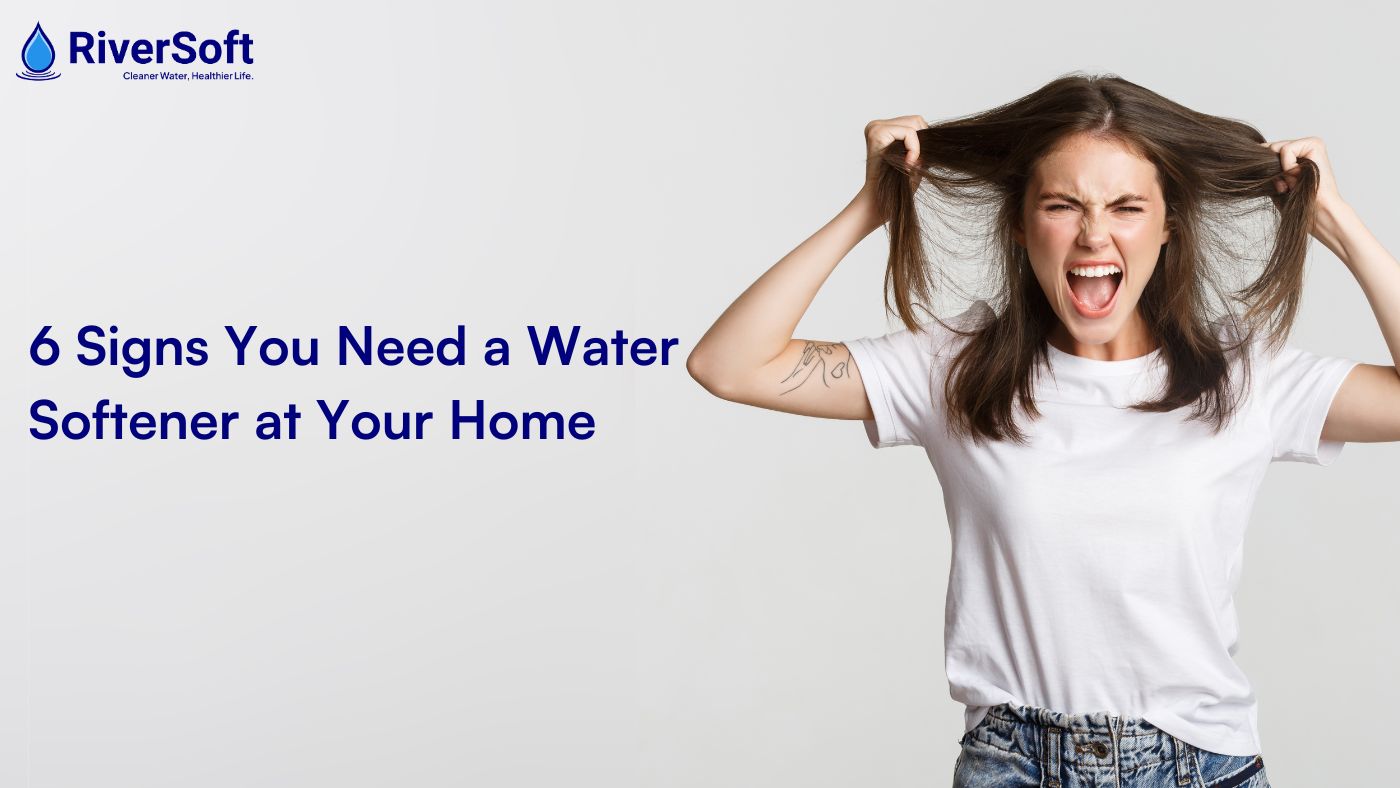
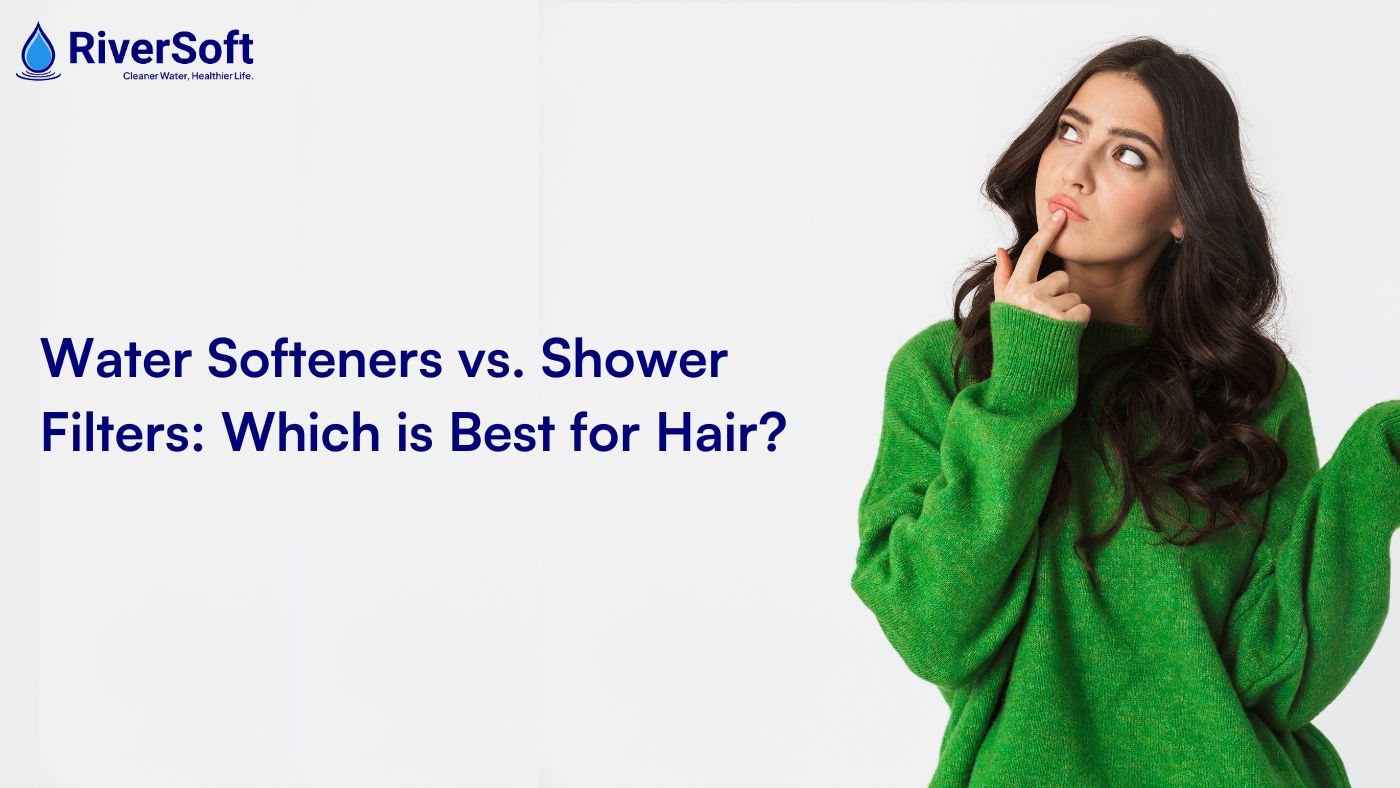
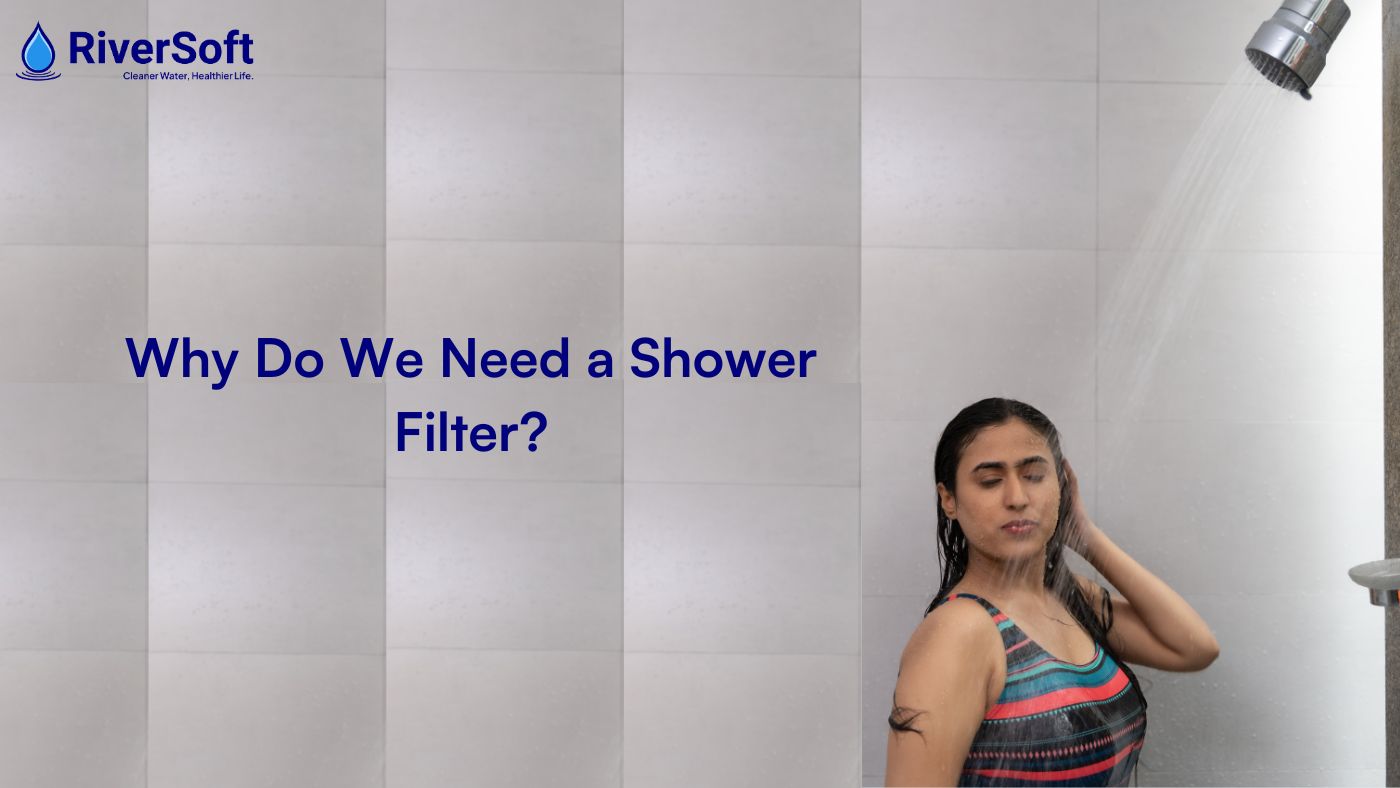







Ashutosh was inspired to solve water quality issues after witnessing the harmful effects of hard water on his family’s health and home. Recognizing the widespread impact of poor water quality, he committed to creating innovative solutions that ensure safe and clean water for everyone. He is an alumnus of IIT Delhi and IIM Ahmedabad, bringing a strong technical and managerial background to RiverSoft.